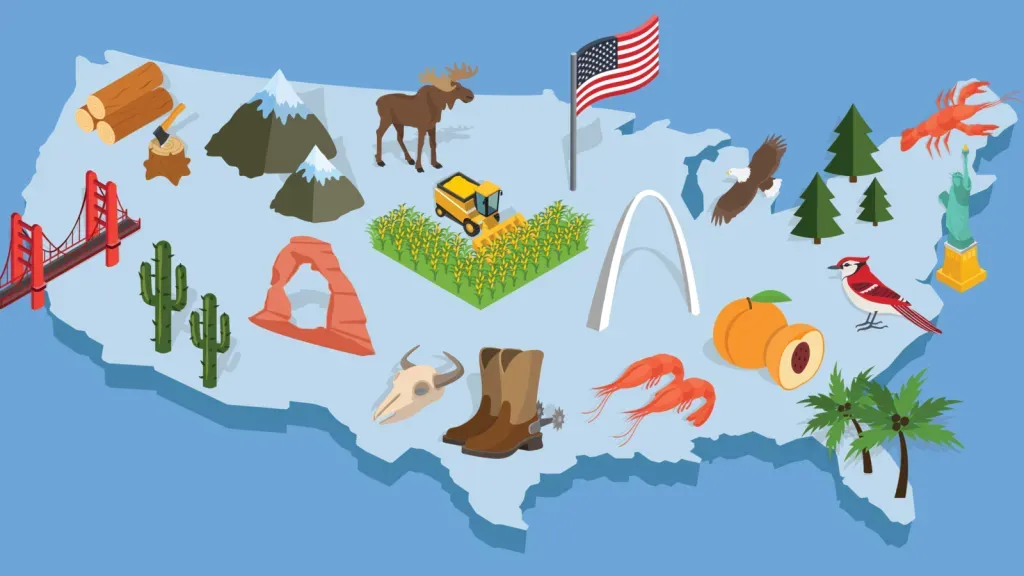
California Broadband
Join the broadband community for free. Get ready for the California Broadband Summit in Sacramento on June 5, 2024
Free Sign up California BroadbandCalifornia Broadband Summit
The event in Sacramento on Wednesday, June 5 is part of the CalMatters Ideas Festival on June 5-6, 2024.
 Broadband BreakfastBroadband Breakfast
Broadband BreakfastBroadband Breakfast
California Broadband News
Momentum Growing for June 5 California Broadband Summit at CalMatters Ideas Festival
The event will feature key officials from industry, government and civil society.

Big ISPs Want FCC To Block State USF Mandates
At issue now is whether the FCC has left the door open for states to require them to contribute to state USF programs.
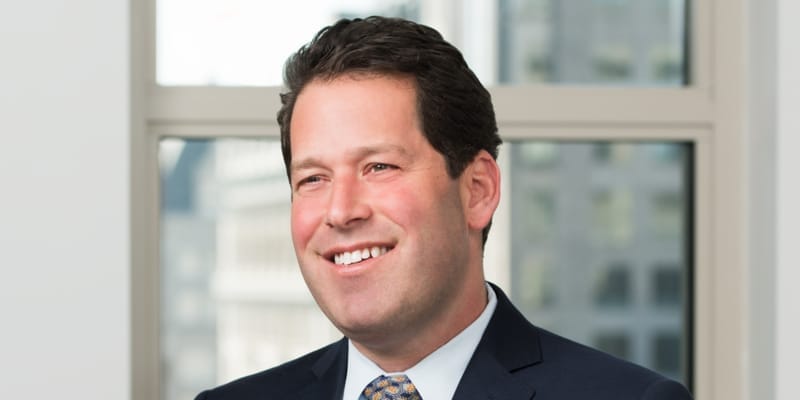
BEAD Roundup: South Carolina and Washington State Open Challenge Portals
Idaho awarded $500,000 in grants to bolster community involvement in the state's BEAD implementation.
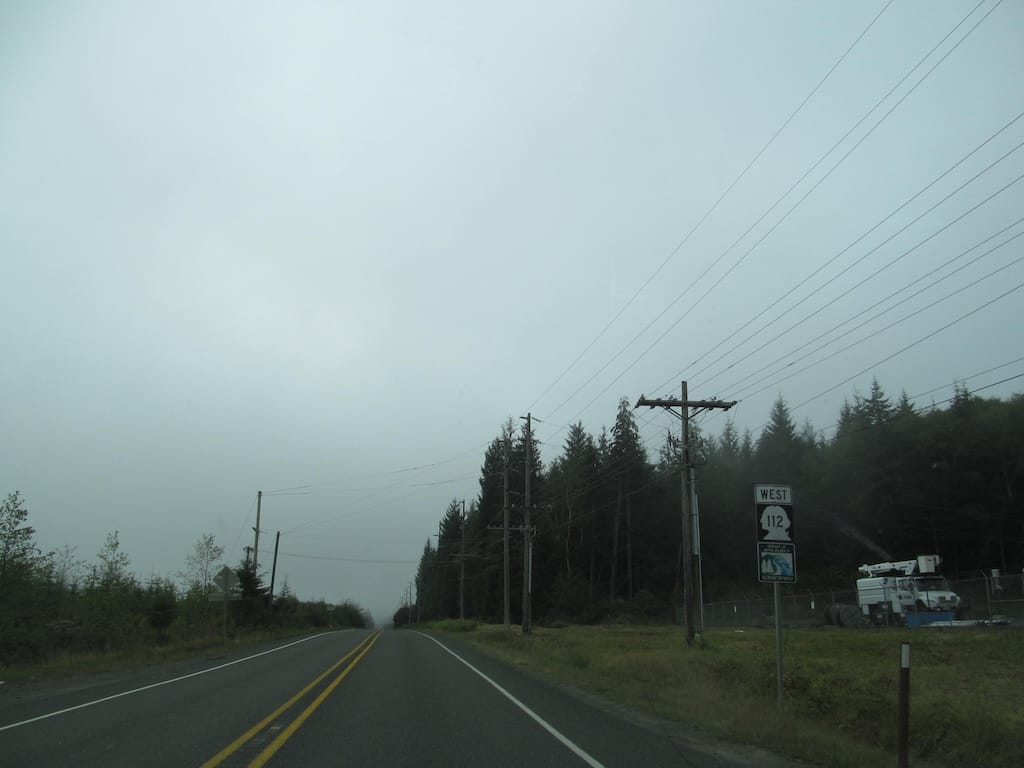
California Digital Discrimination Bill Moves Out of Committee
The bill to codify in state law the federal definition of digital discrimination advanced along partisan lines.
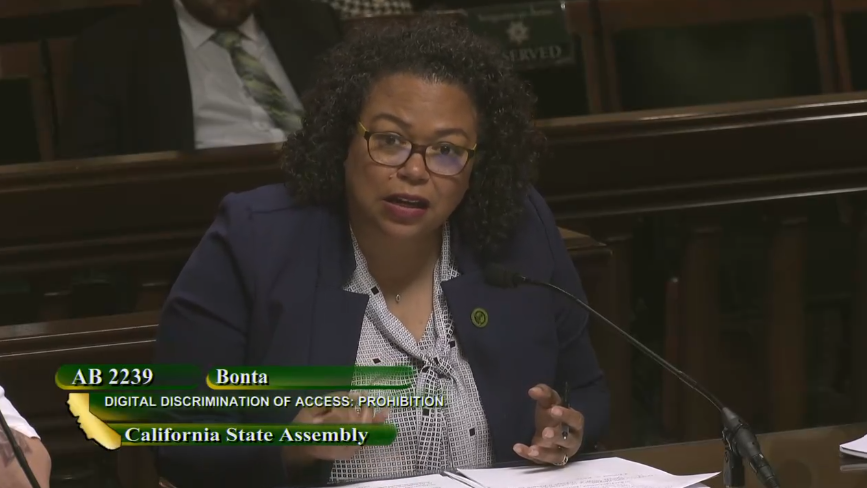
AT&T Investigating Internal Data Leak Affecting 73 Million
AT&T issued statement on data breach which affected 73 million current and former customers.

Western States Face Uphill Battle in Broadband Deployment Despite BEAD
CTC Technology and Energy's Joanne Hovis also said broadband truly is a non-partisan issue.
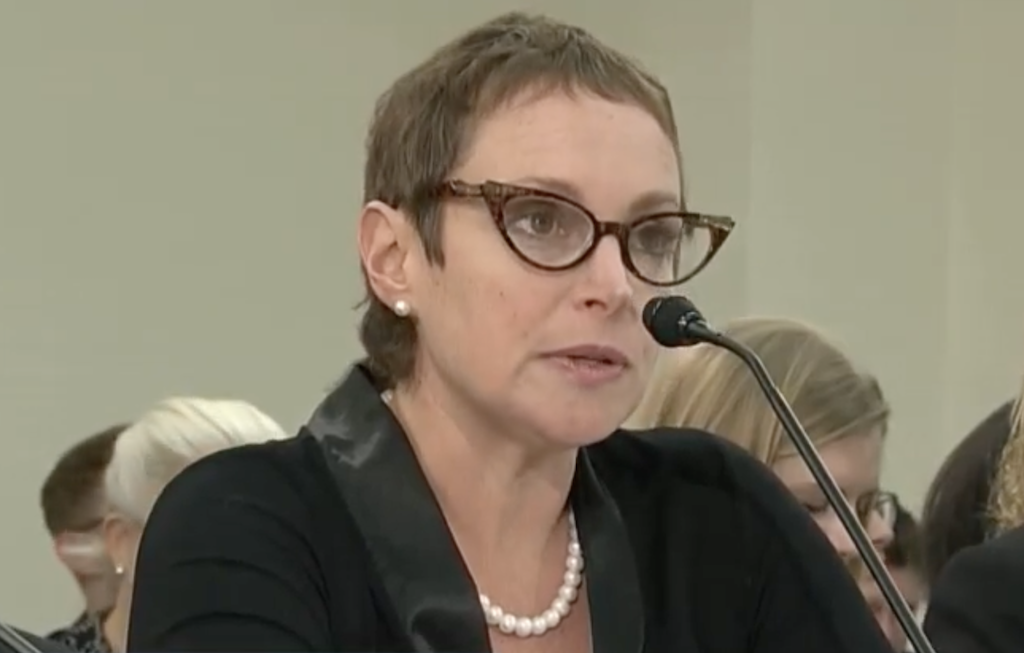
$500M California Fund for Public Broadband Infrastructure
The application window for the Loan Loss Reserve Program will be open from Tuesday, March 12, through Tuesday, April 9.
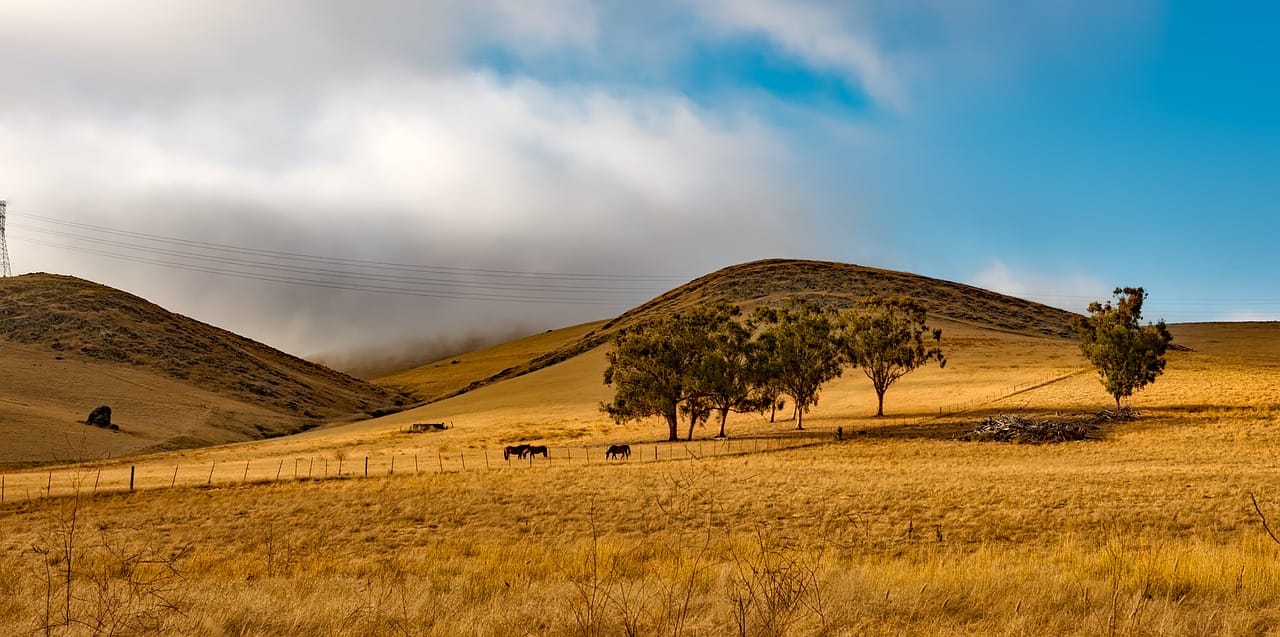
California Residents Concerned About AT&T Request to Phase Out Landline Service
Nearly 4,000 California residents have expressed that their landline connection frequently acts as their sole means of communication.
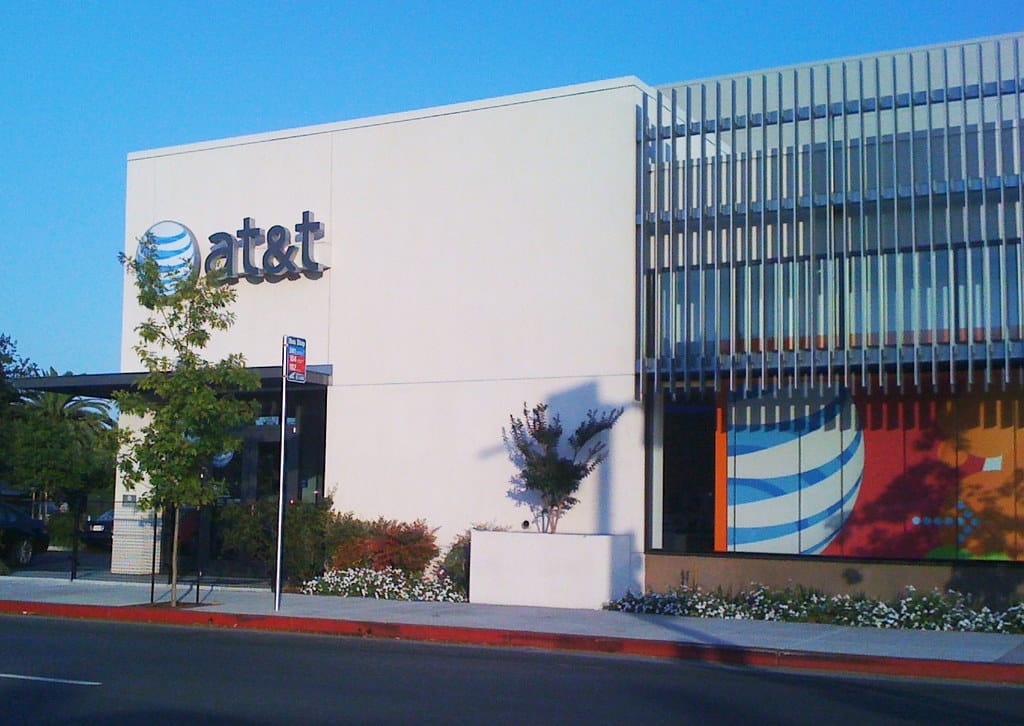
Nvidia Navigates Export Rules, FCC on High-Cost, Kansas Awards Fiber Grants
Department of Commerce continues to combat the export of U.S. semiconductors to adversarial nations
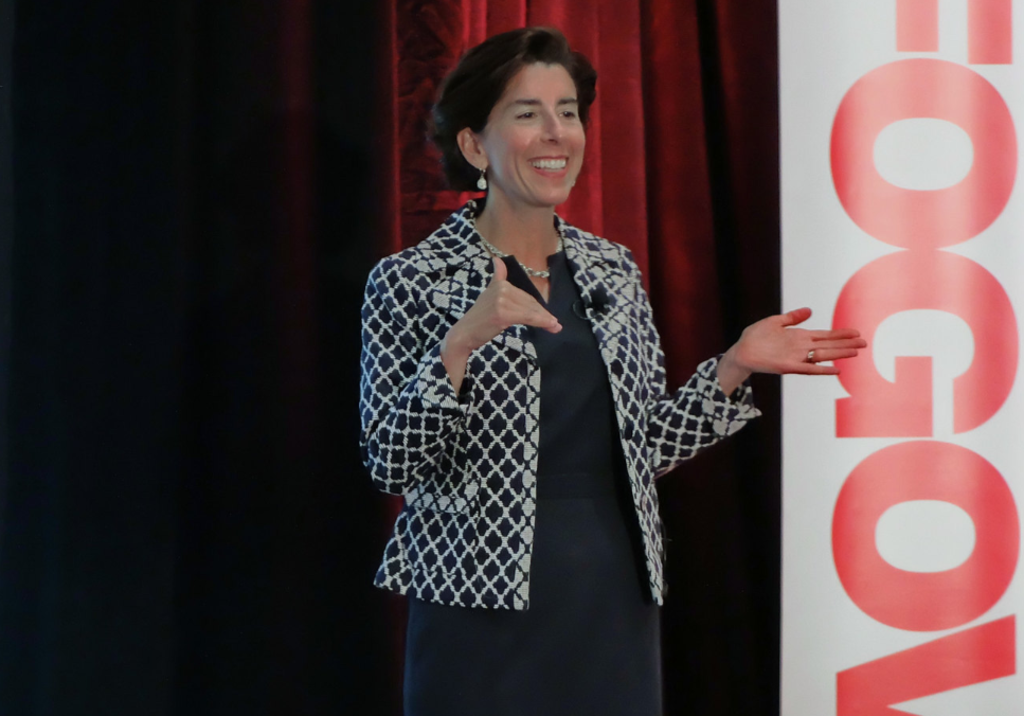
Silicon Valley Rep. Anna Eshoo Will Not Seek Reelection
The lawmaker’s Silicon Valley seat will be open for the first time in decades.
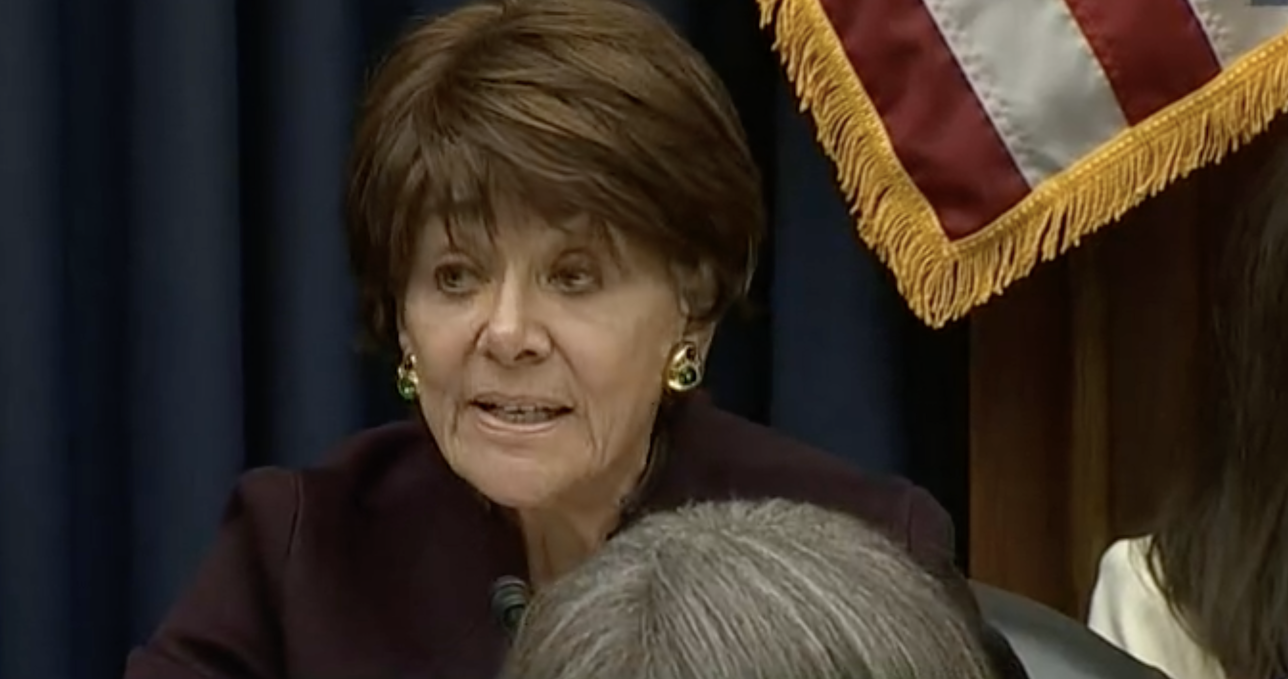
AGs File Social Media Harms Suit, AI Labeling Bill, Lumen Gets California Funds
33 State attorneys general sue Meta for allegedly capitalizing off of young users.

Karl Bode: After Decades of Talk, Palo Alto Drives Forward on Municipal Fiber Build
Palo Alto officials have been talking about building such a network since 1998.
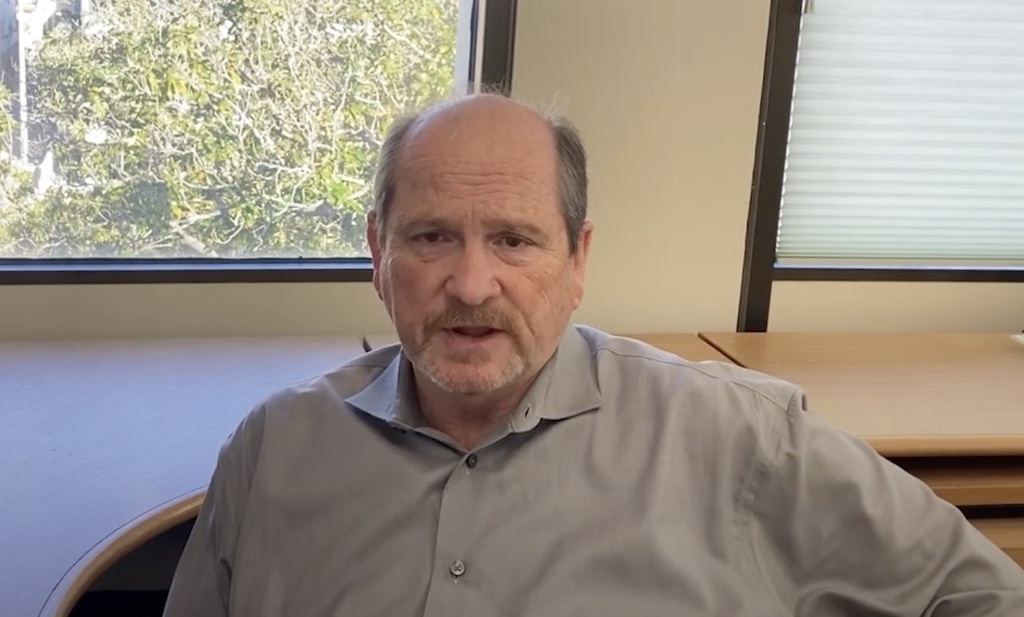
Complex Application Prompts Two-thirds of ACP Applicants to Quit: Experts
Eligible Americans are not getting through the entire ACP application process, event hears.

How Did NTIA’s Allocation of BEAD Funding Compare with Prior Predictions?
Cartesian predictions follow closely with BEAD allocation announcements on Monday.

BEAD Funding Allocation Announcement Gets High Praise to Begin New Broadband Chapter
Texas is the highest awarded state, as 19 states set to receive more than $1 billion from BEAD.
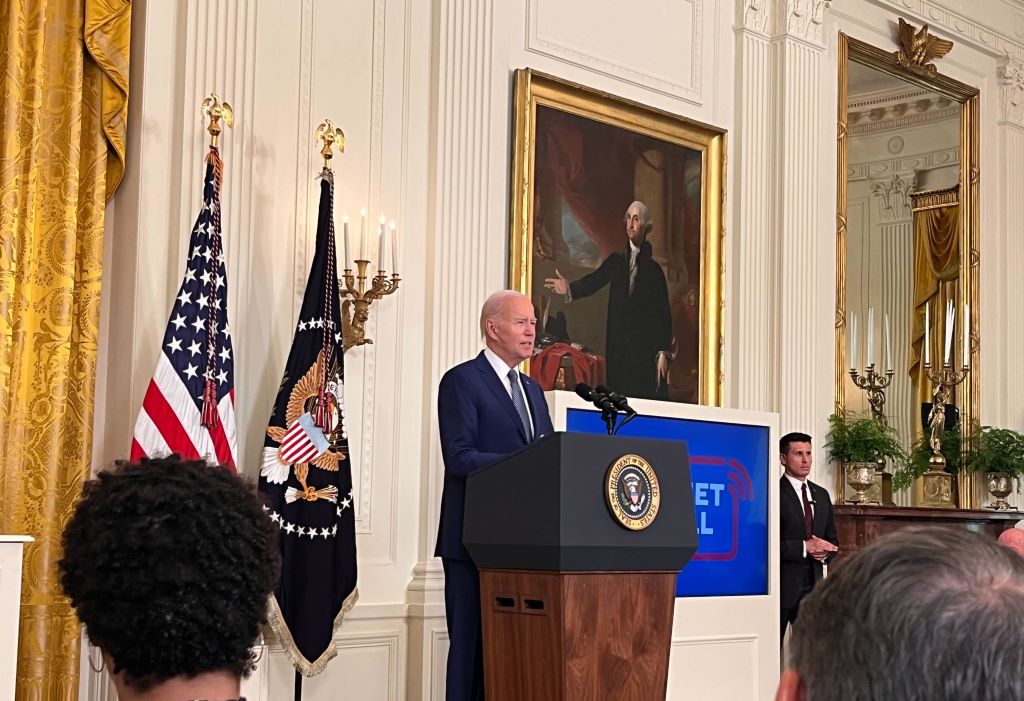
White House to Announce State Broadband Deployment Allocations Monday Morning
State broadband officers are prepared to leverage BEAD money to connect all Americans to the internet.
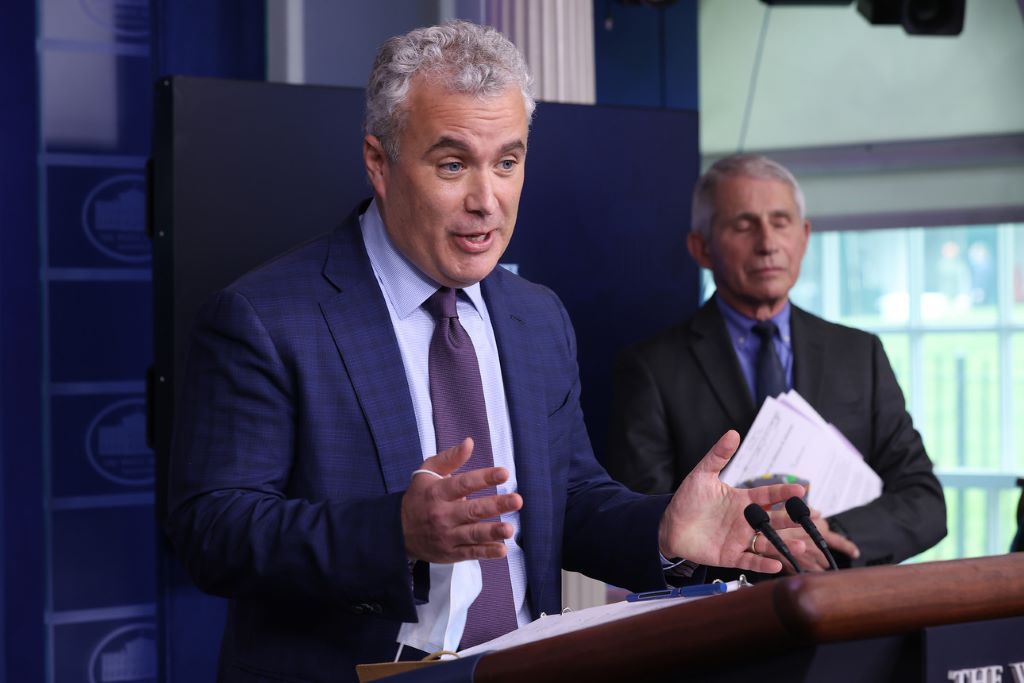
Experts Advocate Federal Agency to Oversee Children Online Safety
Experts are concerned a patchwork of state laws would fail to address the problem of kids online safety.
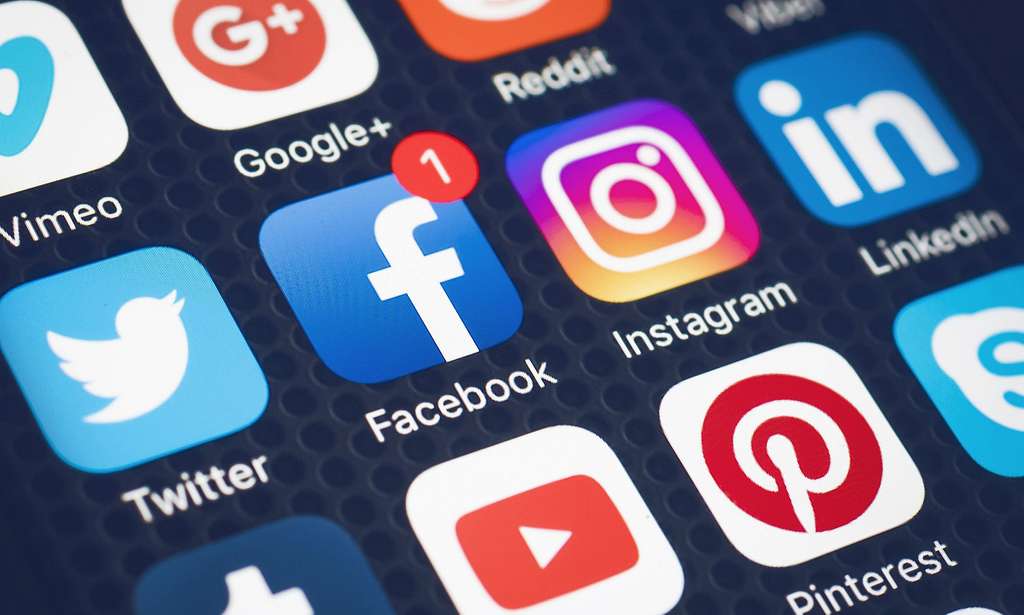
Mississippi Gets $151M for Broadband, FCC Commits $15M from ECF, FCC Proposes Fine Against SkySwitch
Mississippi will receive $151 million from Treasury’s Capital Projects Fund.
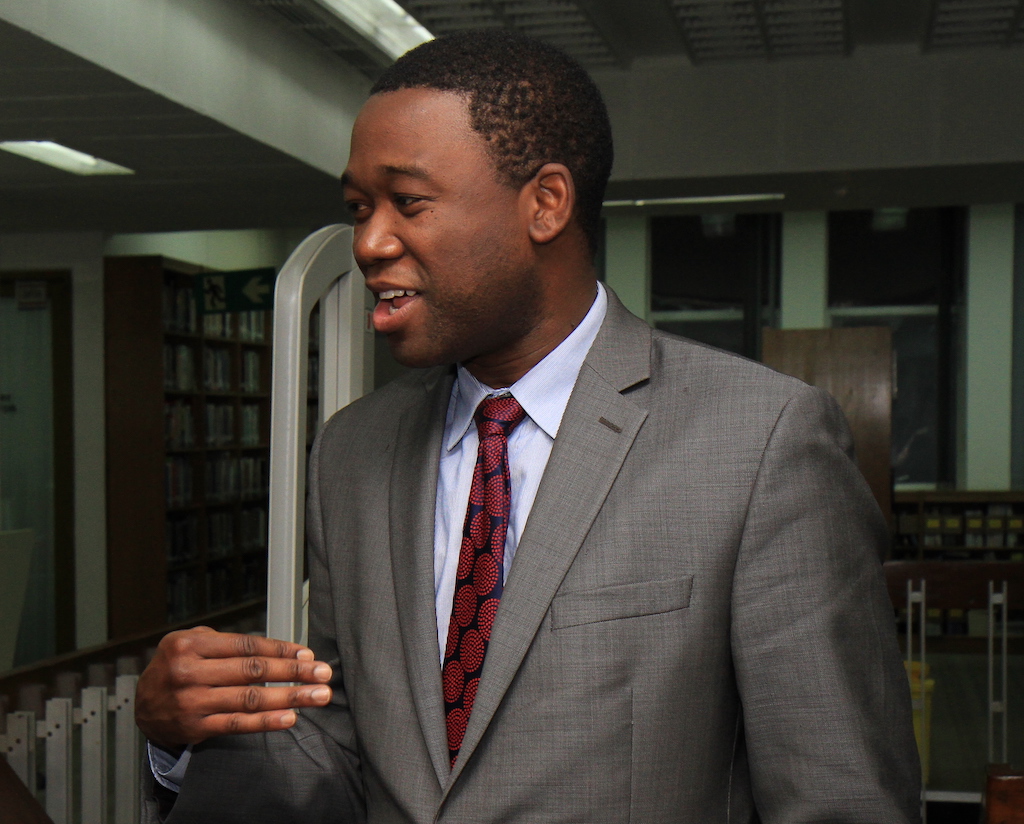
Scott Wallsten: A $10 Billion Broadband Black Hole?
We know little about how California and other states plan to distribute the money under the opaque arrangement.
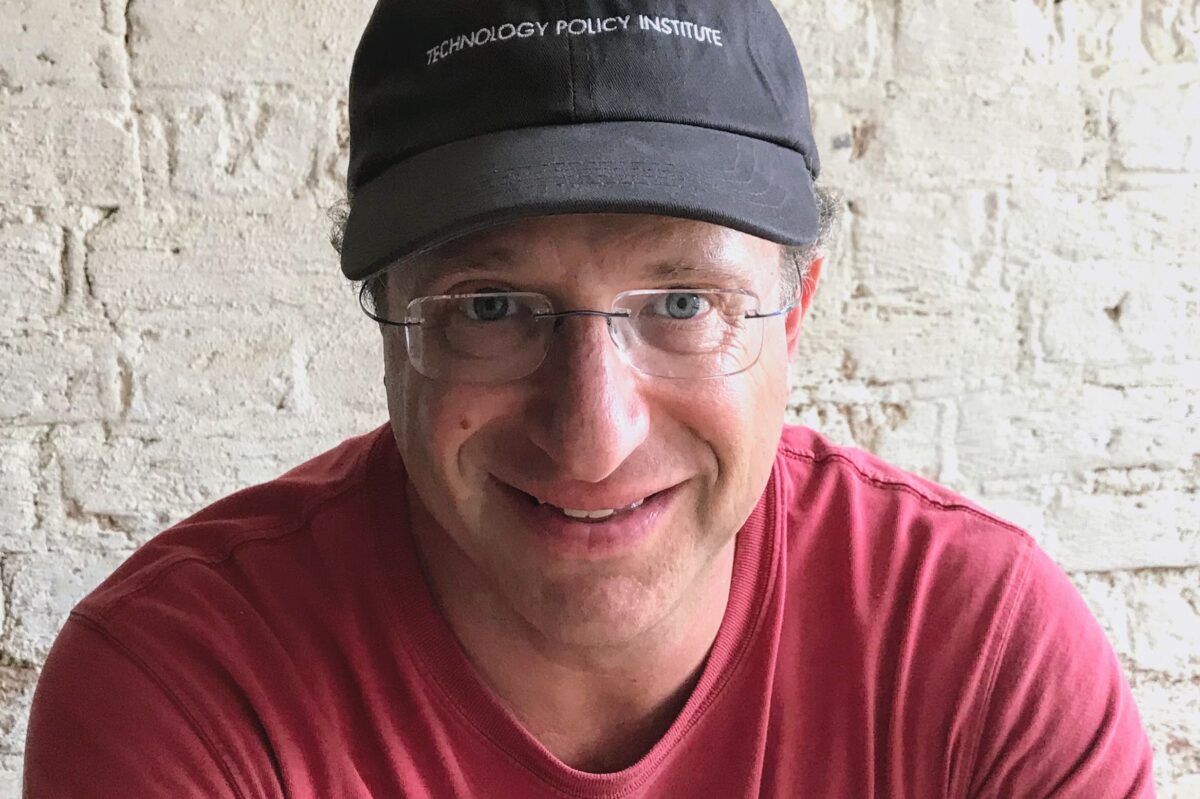
Treasury Funds for Idaho and Delaware, FCC Funds $24 Million for Schools, Musk Tweets New CEO
Treasury announced funding awards through the Capital Projects Fund for broadband and community development projects.

Counties Can Help Providers Enter Markets, Say County Leaders
County governments can coordinate with ISPs to connect their communities, panel hears.
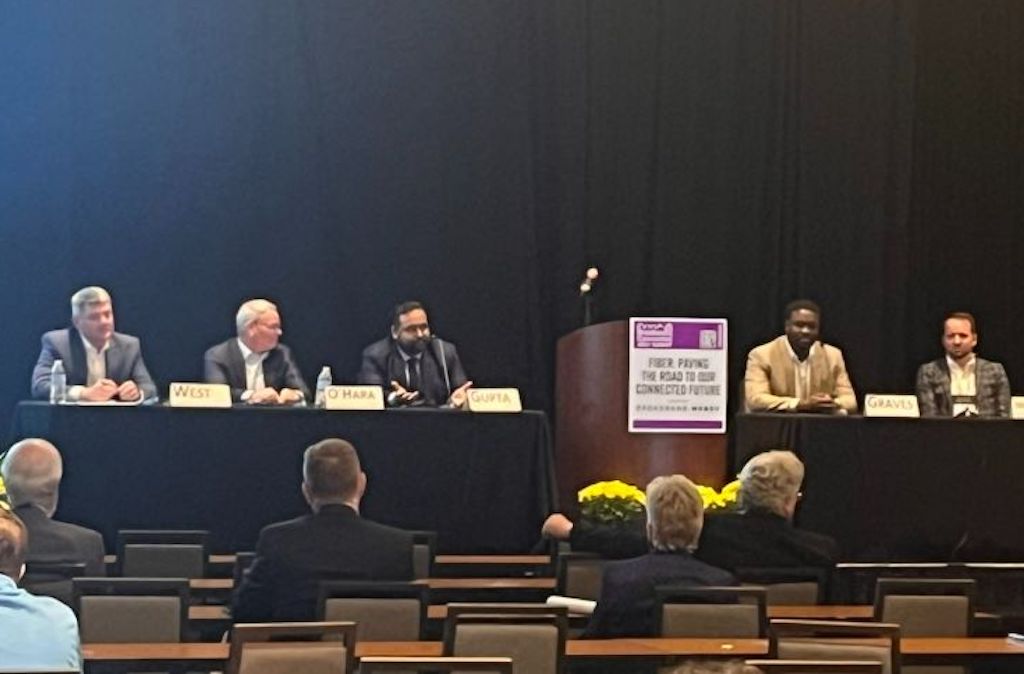
Kelly Wert: States Seek to Fund Broadband Upgrades in Affordable Rental Housing
Efforts in multiple states aim to address connectivity challenges for low-income residents.
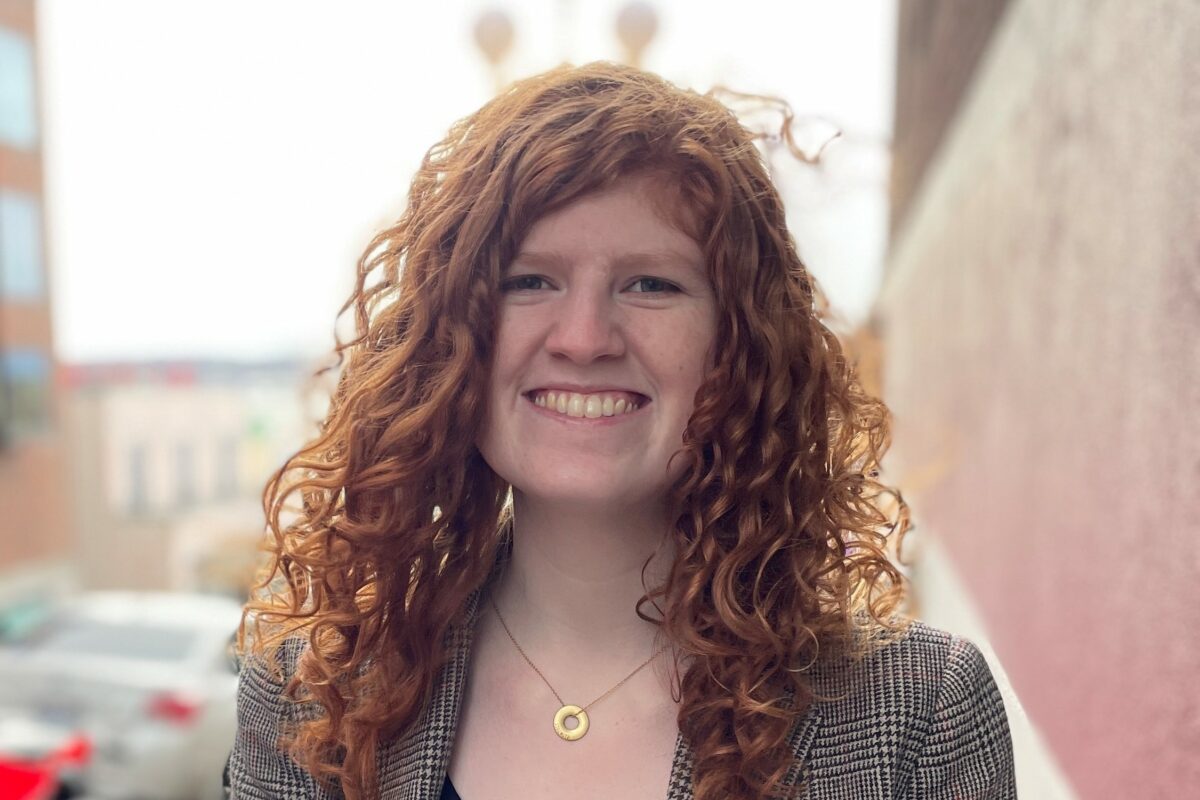
Children’s Online Safety Bills Criticized for Compliance Burden, Plus Speech and Privacy Risks
States are considering measures ranging from age verification to a “duty of care.”
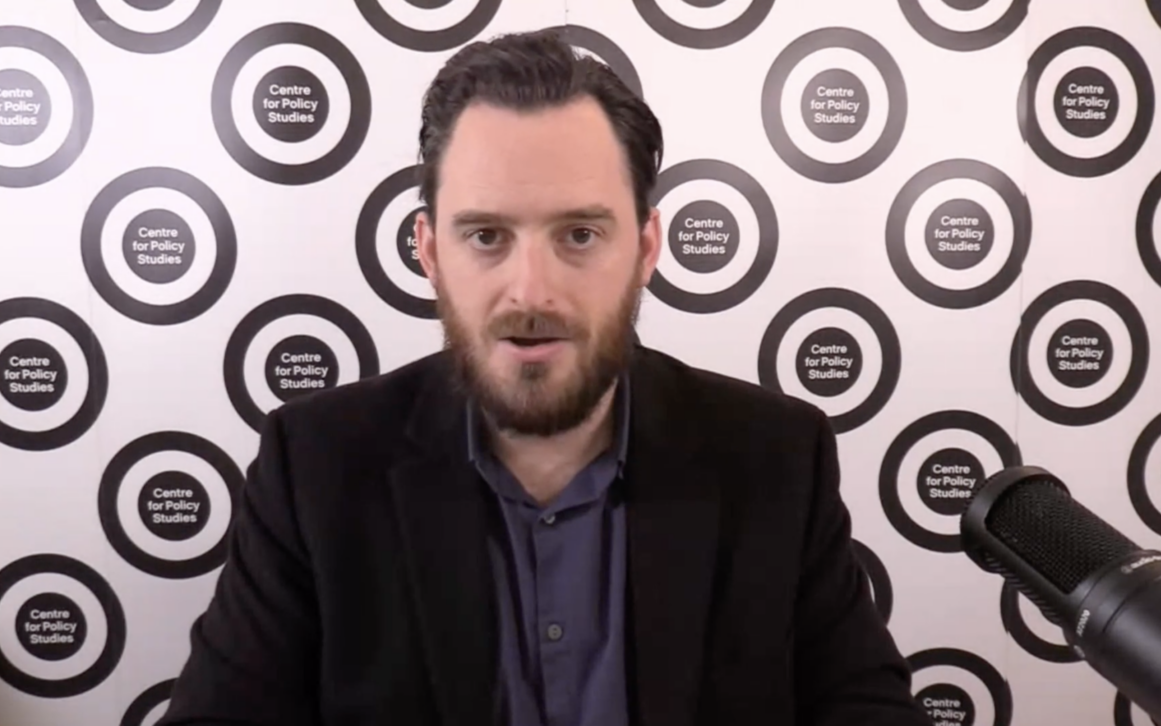
Robocallers Disconnected, Connecting Minority Communities Grants, No Licenses for Huawei
The FCC said that MV Realty used the PhoneBurner dialing platform, and ordered Twilio to disconnect the companies.
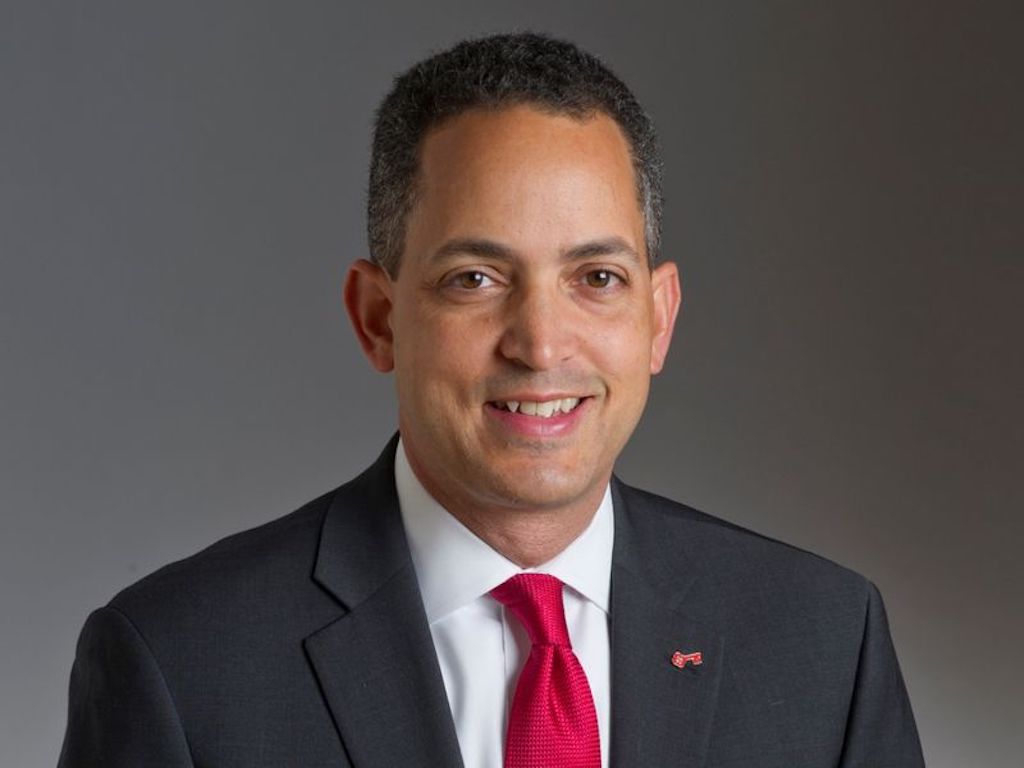
Businesses Should Prepare for More State-Specific Privacy Laws, Attorneys Say
“The privacy landscape in the U.S. is likely to become more complicated before it gets any easier.”

More Planning Grants, Variance in Updated Broadband Connectivity, Elon Musk Stepping Down as Twitter CEO
New planning grants were awarded to twelve states and two tribal entities.

Surveying the Affordable Connectivity Fund, New Tribal Funding, Another Chinese Company Banned
The combination of federal benefits is currently prohibited in the state of California.
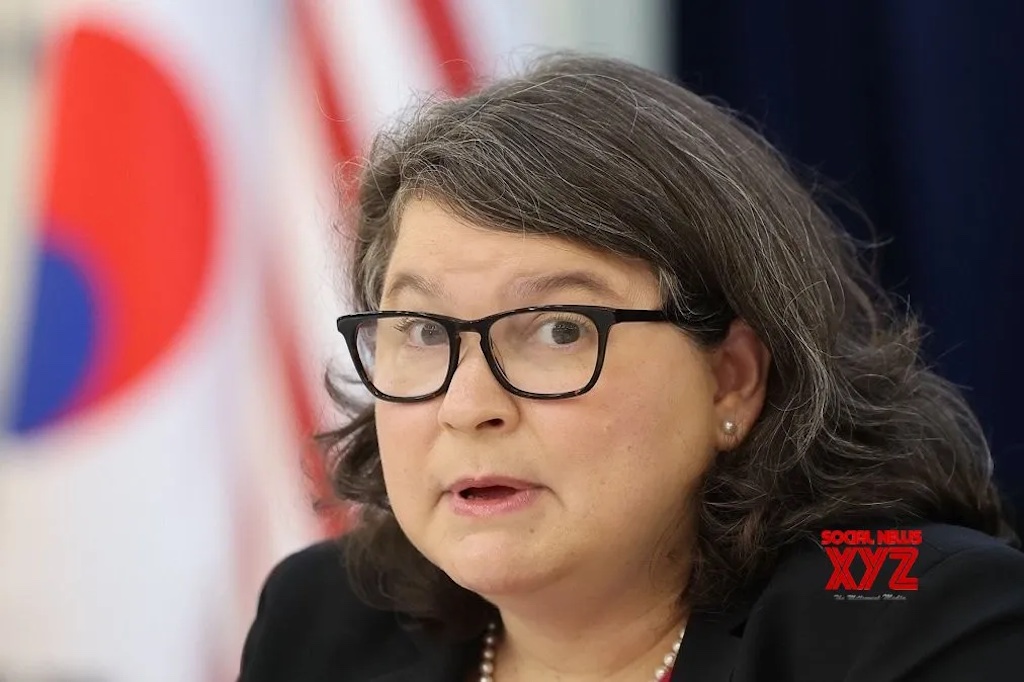
Midterm Control of Congress Remains Uncertain, But States Got Answers to Broadband Votes
Alabama, Colorado, New Mexico, New York, Kansas and Pennsylvania had broadband-related measures on the ballot.
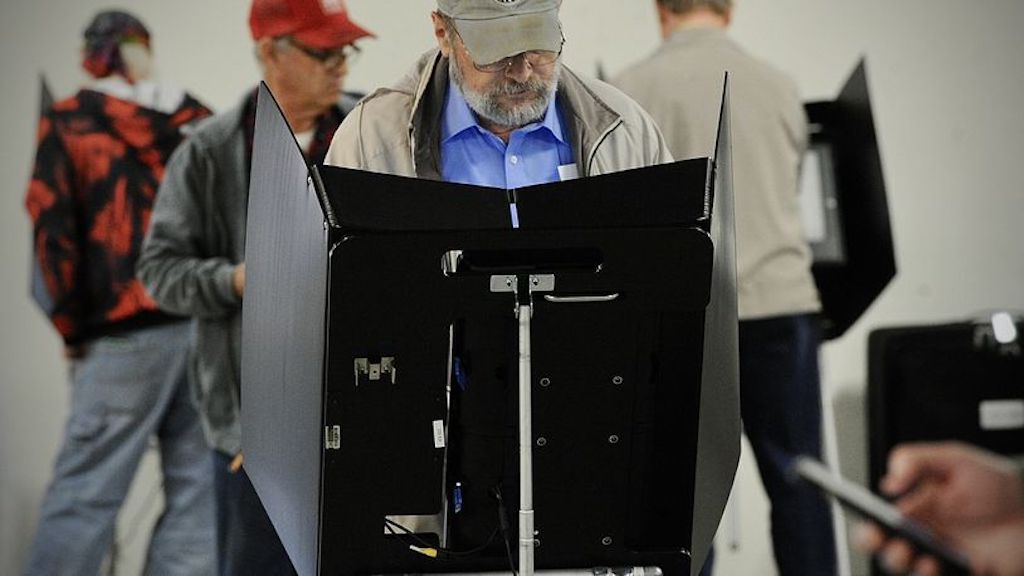
Broadband ‘Funding is Sufficient to Achieve the Program’s Availability Goal,’ Says Cable Industry Study
Study says California and Texas will be the biggest BEAD winners, with grants of more than $3 billion each.
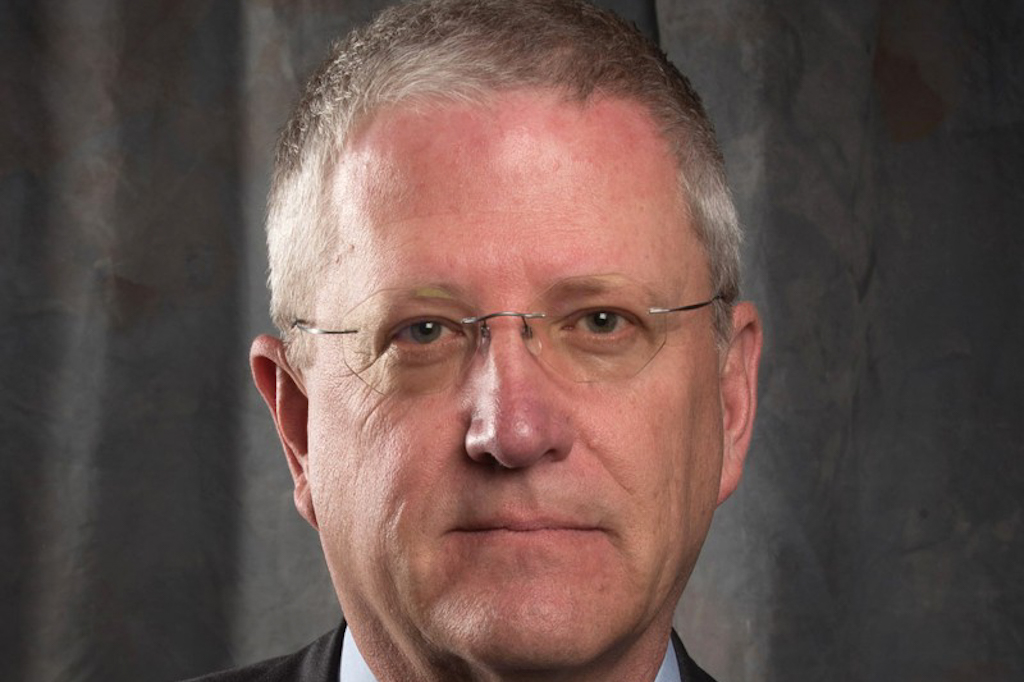
Rosenworcel Backs Foreign ID Bill, Parler To Be Acquired, T-Mobile Best Mobile Wireless Speeds
‘Consumers deserve to trust that public airwaves aren’t being leased without their knowledge to foreign governments.’
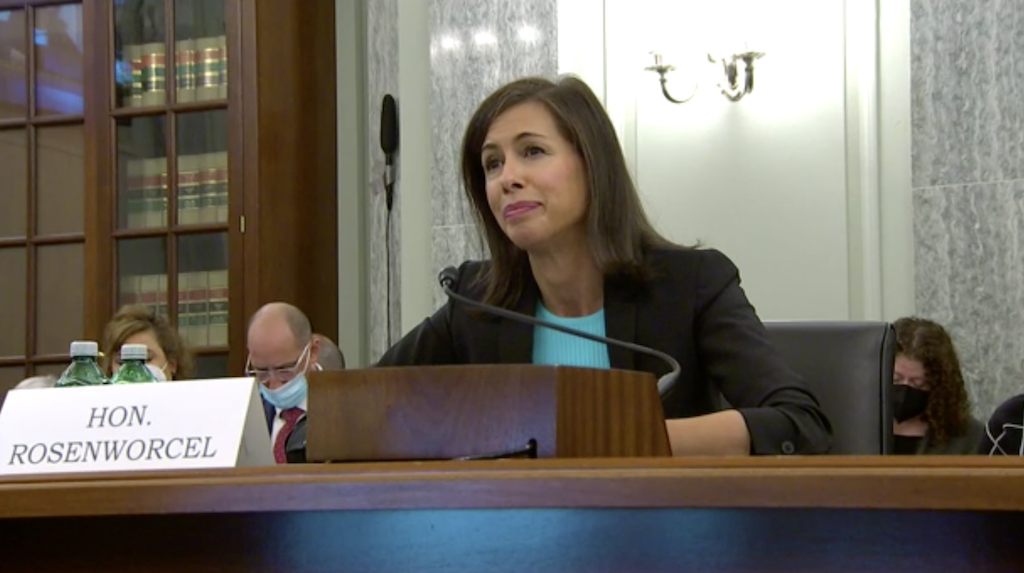
Led by Wyden, Democrats Call on NTIA to Reform Privacy Standards for .US Domains
The Democratic legislator called on NTIA end the automatic disclosure of .US web domain users’ personal information.
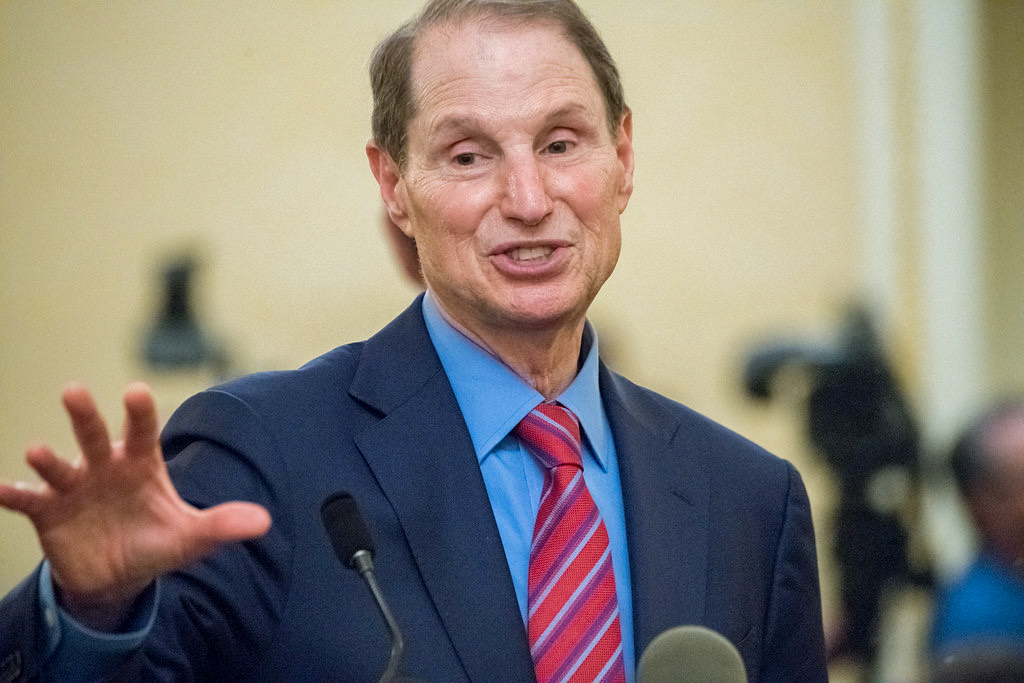
Digital Asset Regulation, Texas Social Media Law Upheld, WISPA Endorses California Tech Neutral Bill
The White House released a “comprehensive framework” for the regulation of digital assets.

California Social Media Law, Rosenworcel Deep in Space, Changes at I3 Connectivity Explorer
The California Age-Appropriate Design Code Act signed by Gov. Gavin Newsom will limit the online collection of children’s data.
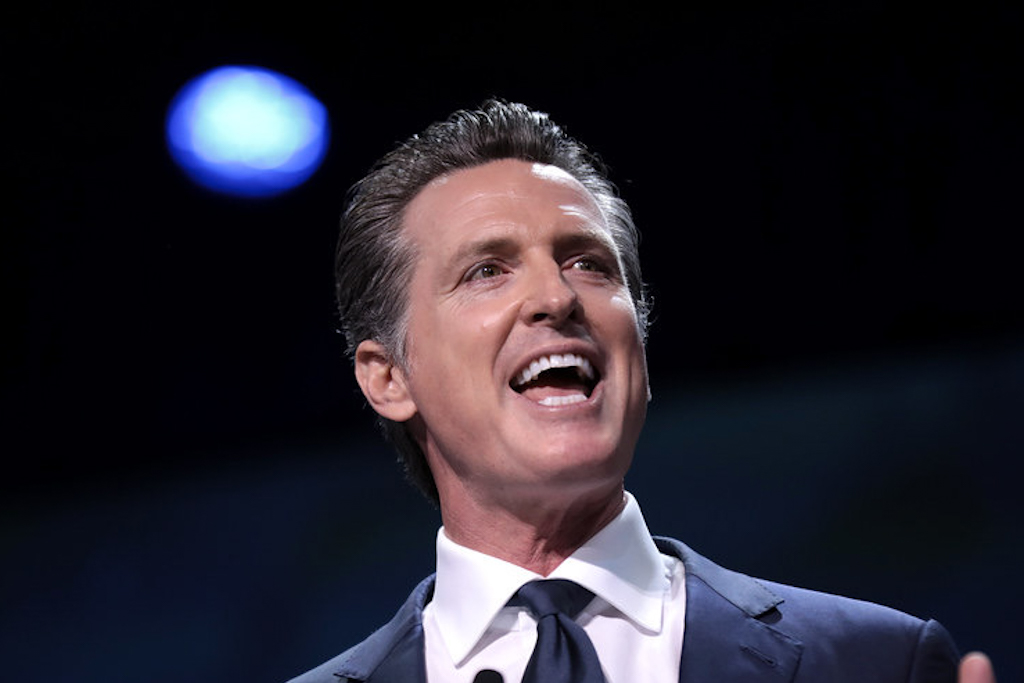
A White House Event, Biden Administration Seeks Regulation of Big Tech
Participants voiced concerns over alleged abuses by big tech companies.
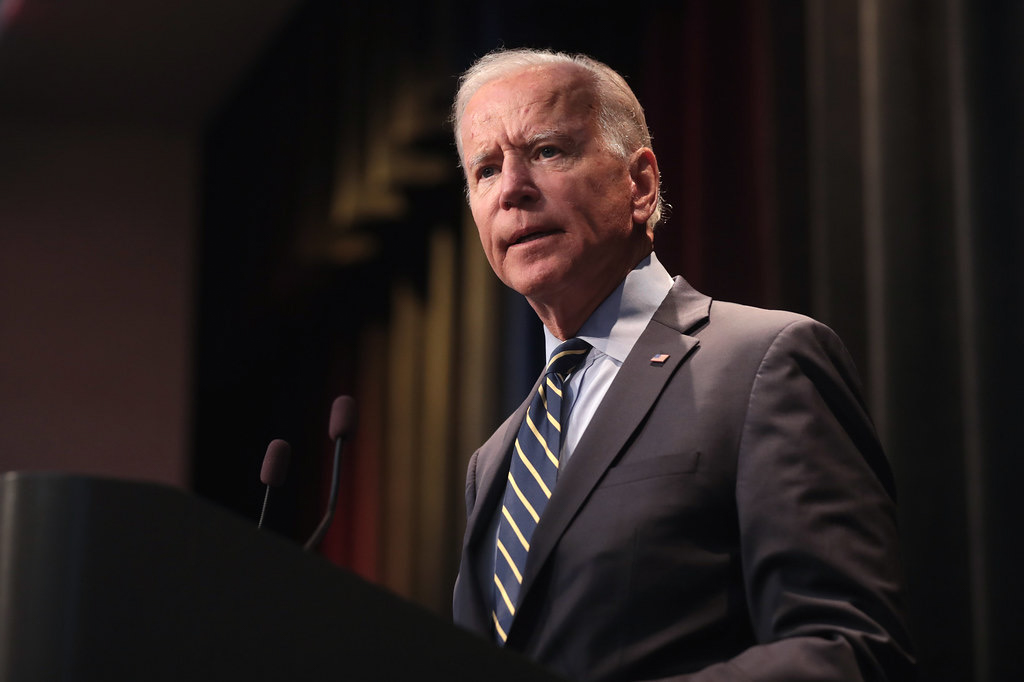
FCC Testing Wireless Alerts, 6 GHz Concerns, California Privacy Bill for Minors
The FCC will test the location accuracy of wireless tests over two days in September.

Advocacy Groups Applaud FCC Releasing Mobile Data Collection Information
‘These letters show that…carrier geolocation data practices are all over the map.’
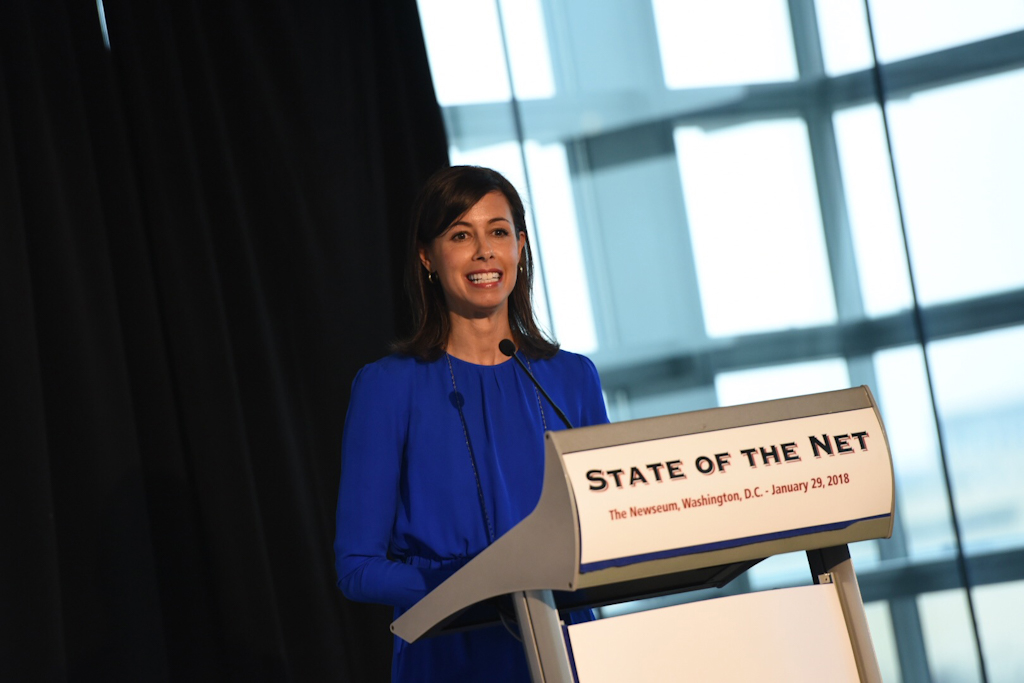
Colorado Attorney General Phil Weiser Takes Aim at Big Tech and Big Telecom
What should state leaders be doing to procure a safer, healthier information environment?

34 States Signal Intent to Participate in NTIA’s Main Broadband Program
National Telecommunications and Information Administration announces news on its ‘Internet for All’ web portal for three IIJA programs.
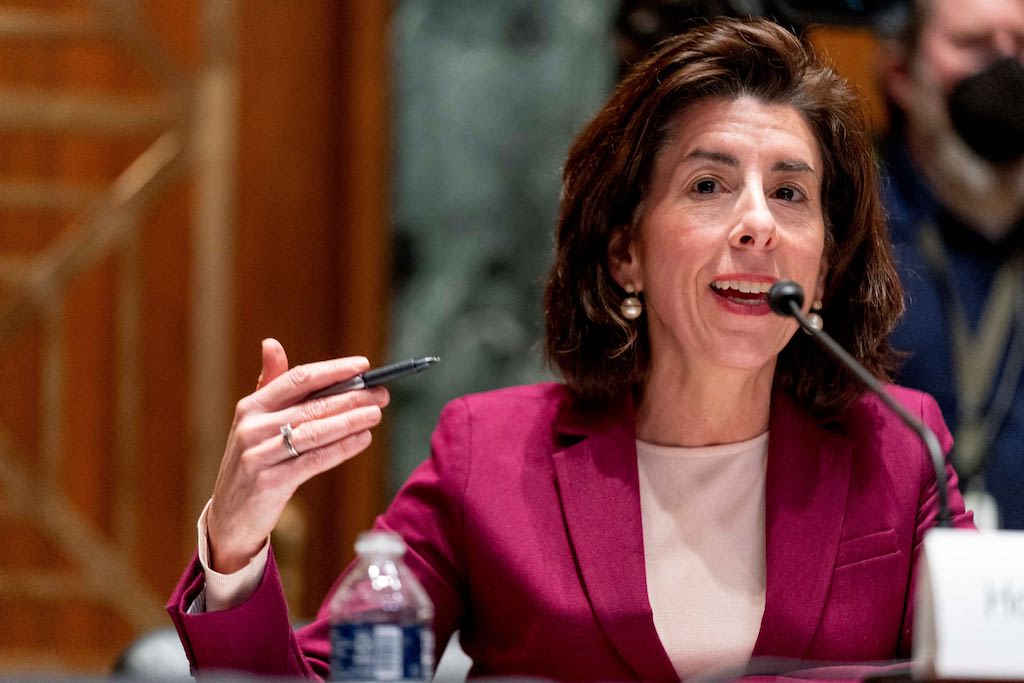
NTIA Approves $1.2M in Grants for Tribal Broadband Connectivity Program
The NTIA awarded four grants worth $1.2 million.
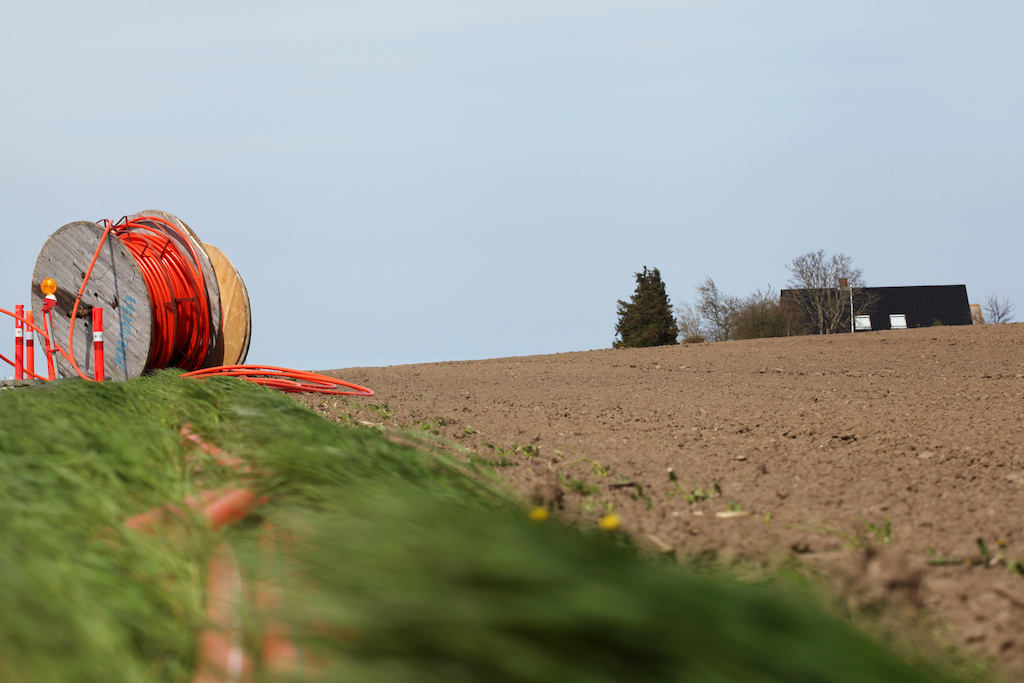
With More States Passing Privacy Legislation, Pressure for Federal Preemption Law Grows
Emerging state-level privacy bills have common threads with existing ones in California, Colorado and Virginia.
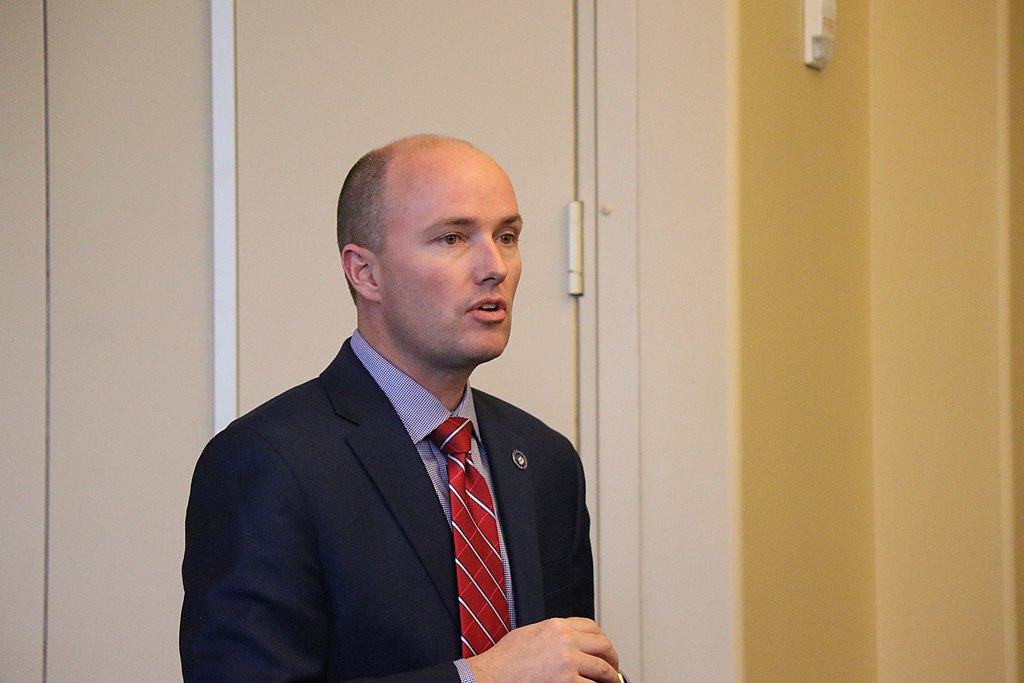
Russia-backed RT Gets Blocked, NTIA Adds to Ranks, Open Access in California
Kremlin-backed media network RT has been blocked by broadcasters and big technology companies.
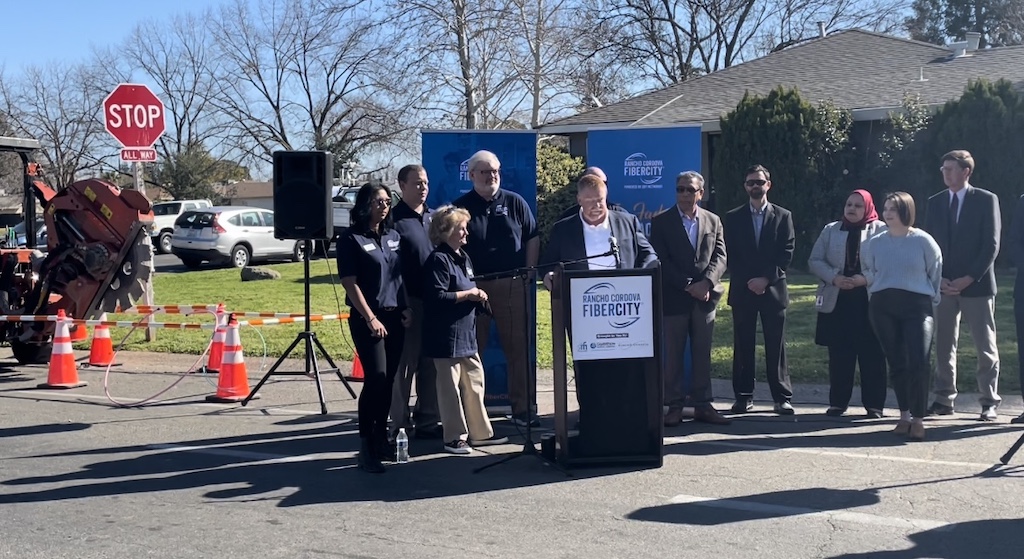
American Innovation and Choice Online Act Advances to Senate Floor With Bipartisan Alliance
Klobuchar was able to rally Democrats and Republicans to support her bill, but its future depends upon a shaky alliance.
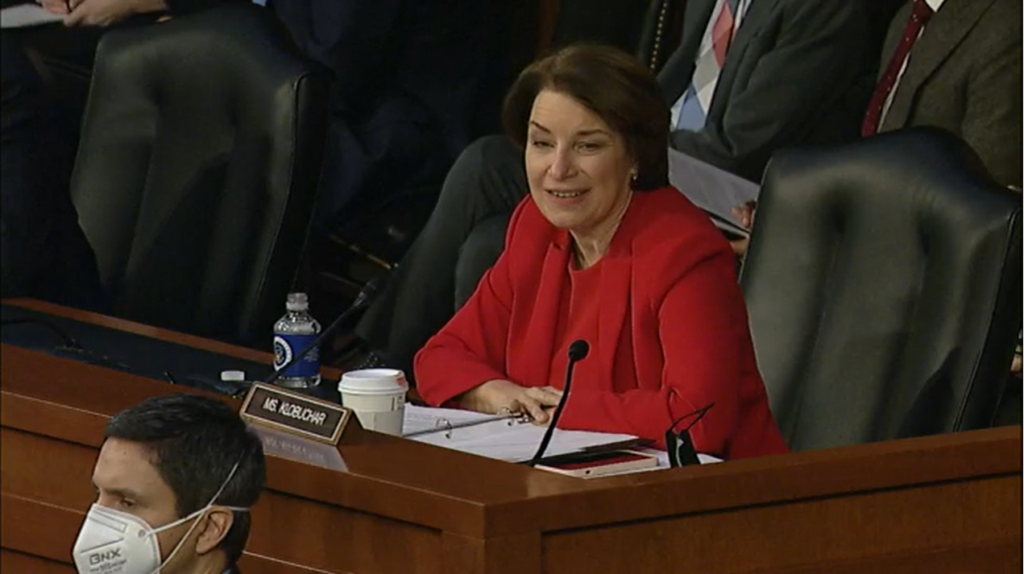
Rosenworcel Stands Firm on Net Neutrality in Face of Lawmakers Urging Status Quo
The FCC chairwoman responded to a letter by members of Congress resisting calls to back down on net neutrality.
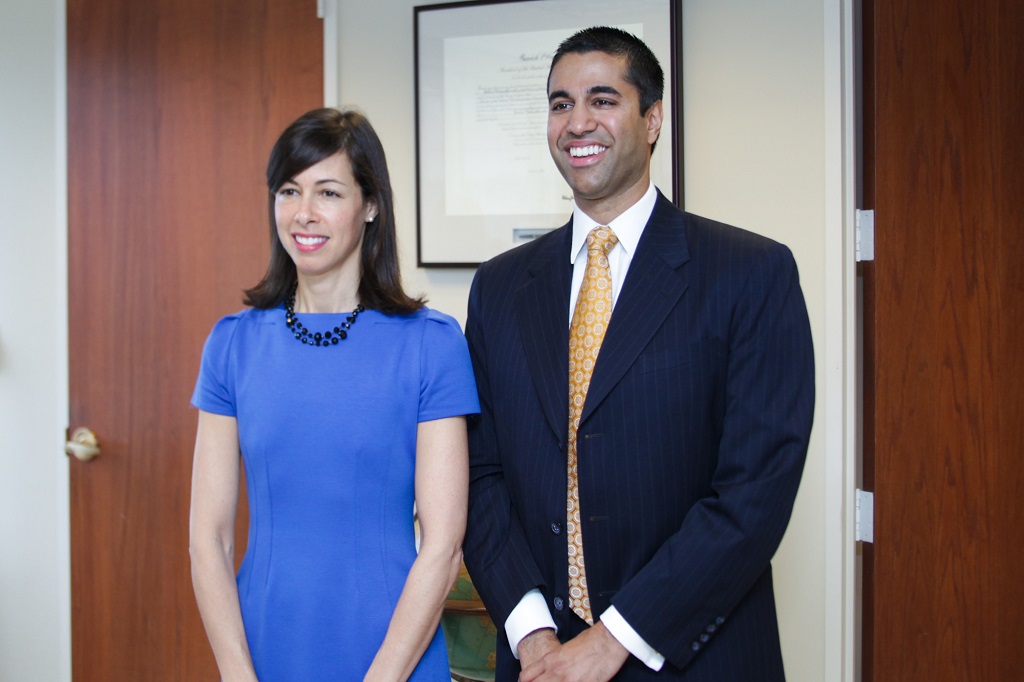
New York Lawmaker’s Social Media Bill, Google Data Settlement Upheld, Netherlands Antitrust for Apple
NY’s Brad Hoylman introduced legislation that would attempt to control how social media handles users’ speech.
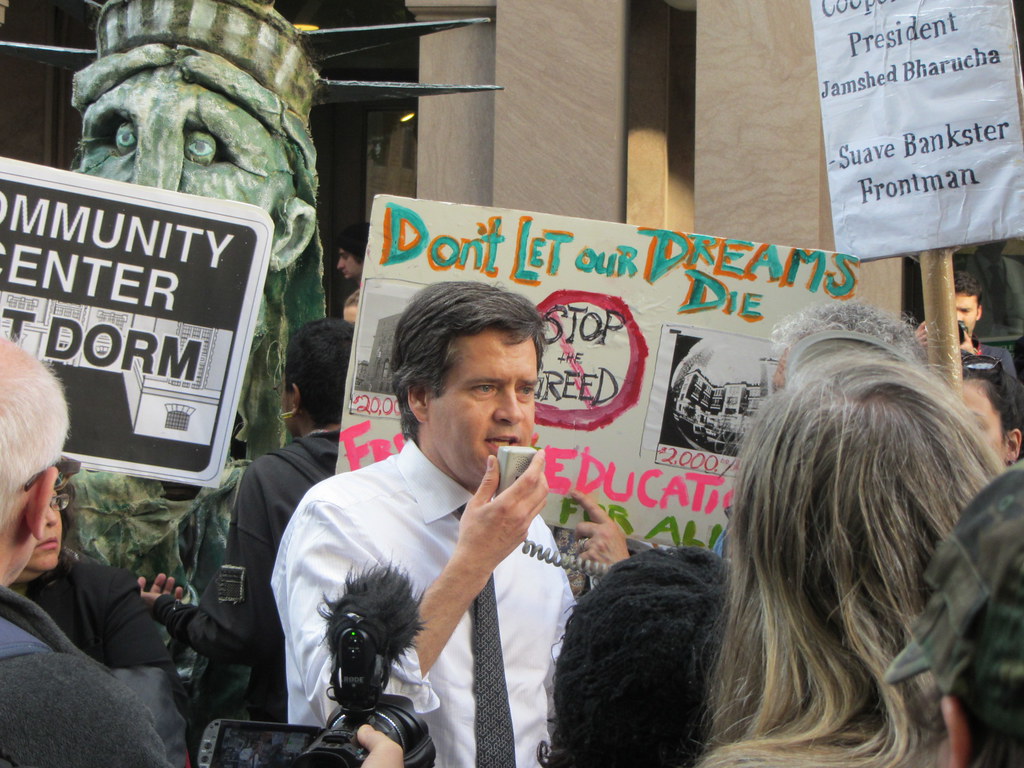
FCC Announces $43 Million in COVID-19 Telehealth Subsidies
The Federal Communication said the awards will help connect patients to critical health services during a new wave of Covid-19.

Colorado and Virginia Lead In Consumer Privacy Legislation, Still Need Federal Law, Conference Hears
Both states join California as the only ones with comprehensive privacy laws, but experts say a federal bill should fill the regulatory void.

Huawei Responds to Sanctions, Fiber Satisfaction Study, Fiber Project in California
The Chinese telecom manufacturer is looking at licensing its designs to another company amid cratering profits.
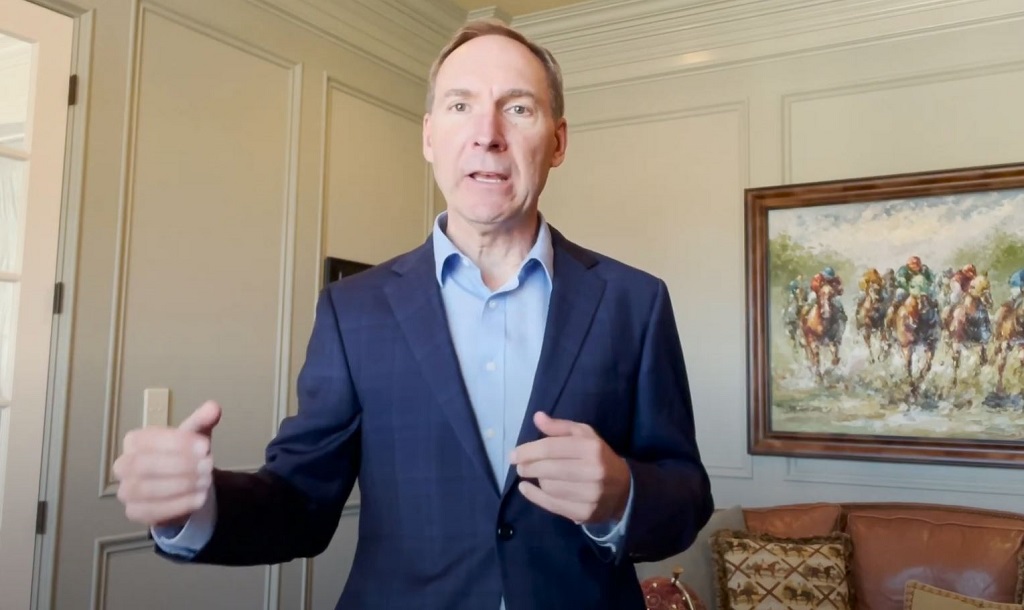
Another $700 Million for 26 States Through the Rural Digital Opportunity Fund
Over 400,000 locations across the U.S. will get broadband in this funding wave.
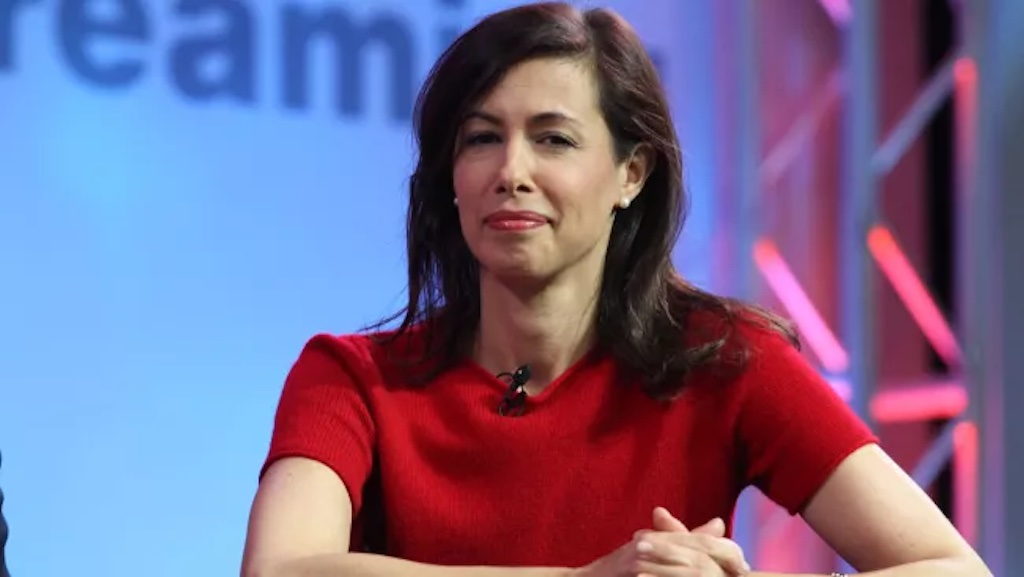
Martha Escutia and Sunne Wright McPeak: Help Make the Planet Greener by Getting Online
We cannot ignore broadband as a key factor in maintaining environmental, social and economic progress.

Catherine McNally: The Digital Divide is an Equality Issue
To work toward equal access, more affordable options must be created, including community-based solutions.

Facebook Pauses Instagram for Kids, $1.2B from Emergency Connectivity Fund, Ransomware Attacks
Facebook pauses photo-sharing app for kids, FCC announces $1.2B in first wave of ECF, ransomware attacks on the rise.
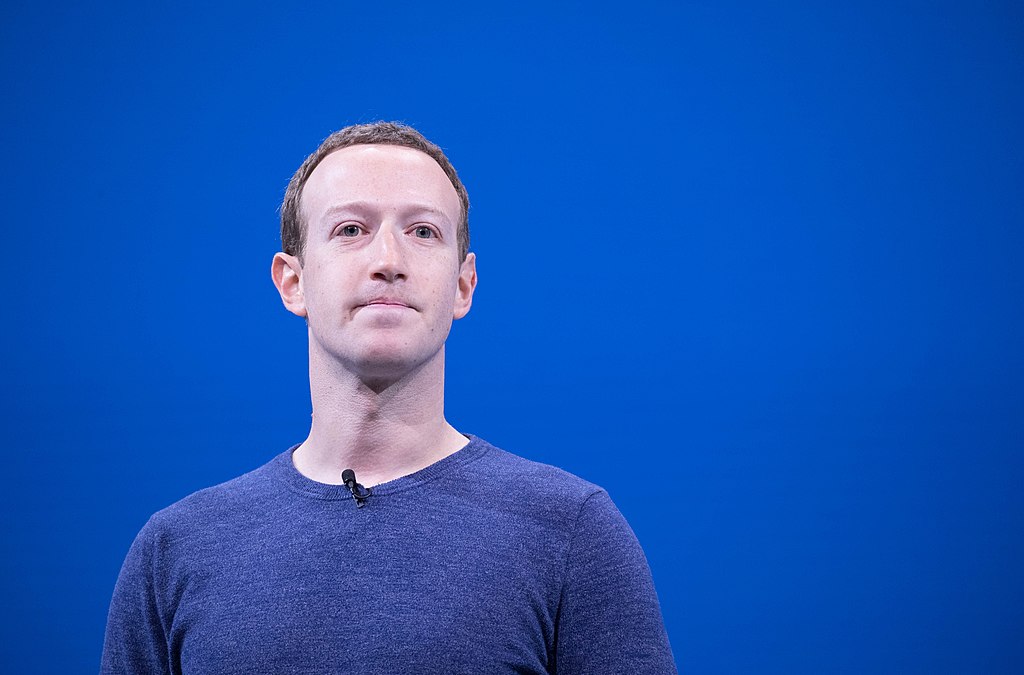
Infrastructure Bill With Higher Speeds, 5G Apple Phones, California Broadband, FTC Bill
Leaked infra proposal has base 100 Mbps speeds, Apple’s phones getting 5G, Newsom signs broadband bill, FTC money recovery bill.

FCC OKs Rip and Replace, Rural Broadband Bill, Franchise Fees Case, Calif. Broadband Bill
Huawei scoffs at FCC rip and replace, rural broadband bill moves in committee, franchise fees appeal, Calif. broadband bill integral.

Institutions Must Continue Riding Telehealth Growth Momentum for Post-Pandemic Care
Governments and health providers have an opportunity to carry the momentum of 2020 for telehealth’s future.
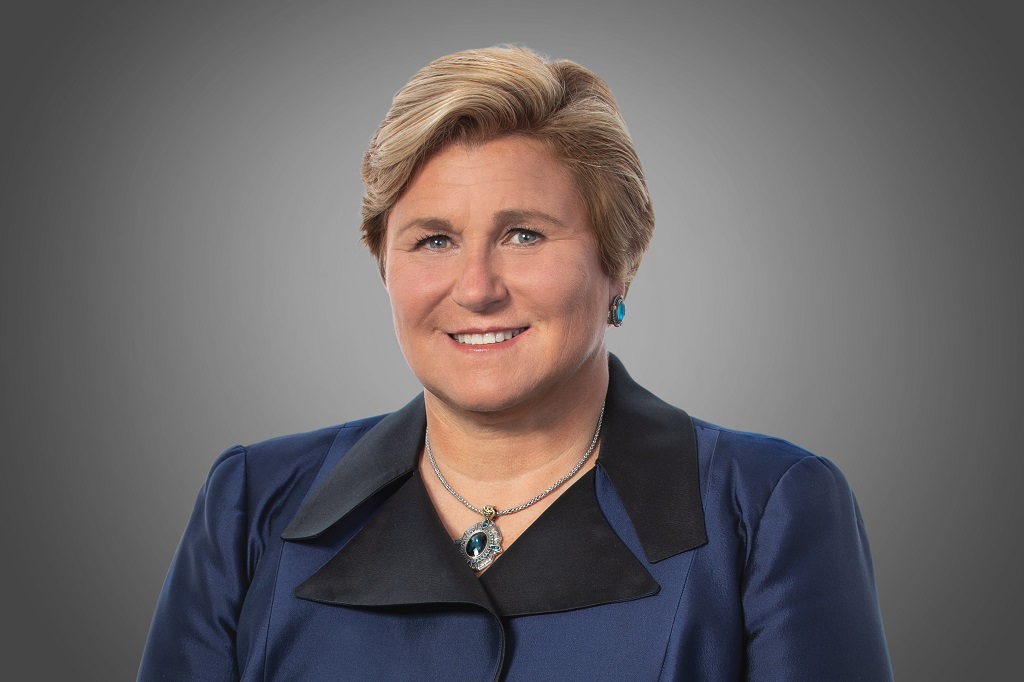
E-Commerce Liability Cases Could Open Floodgates For Lawsuits, Panelists Agree
Amazon is entangled in local legal cases that could set off lawsuits for third-party products sold on its platform.
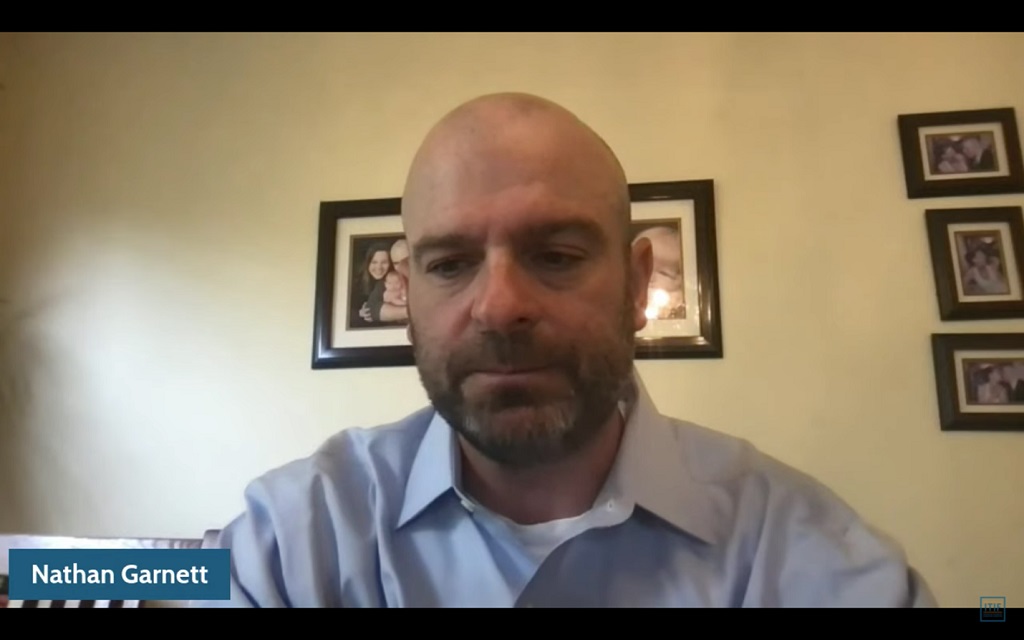
Expert Touts Fiber As Only Method Of Deployment That Can Address Modern Broadband Needs
Ernesto Falcon of the EFF says expansion of fiber is the only way California keeps up with demand for broadband.
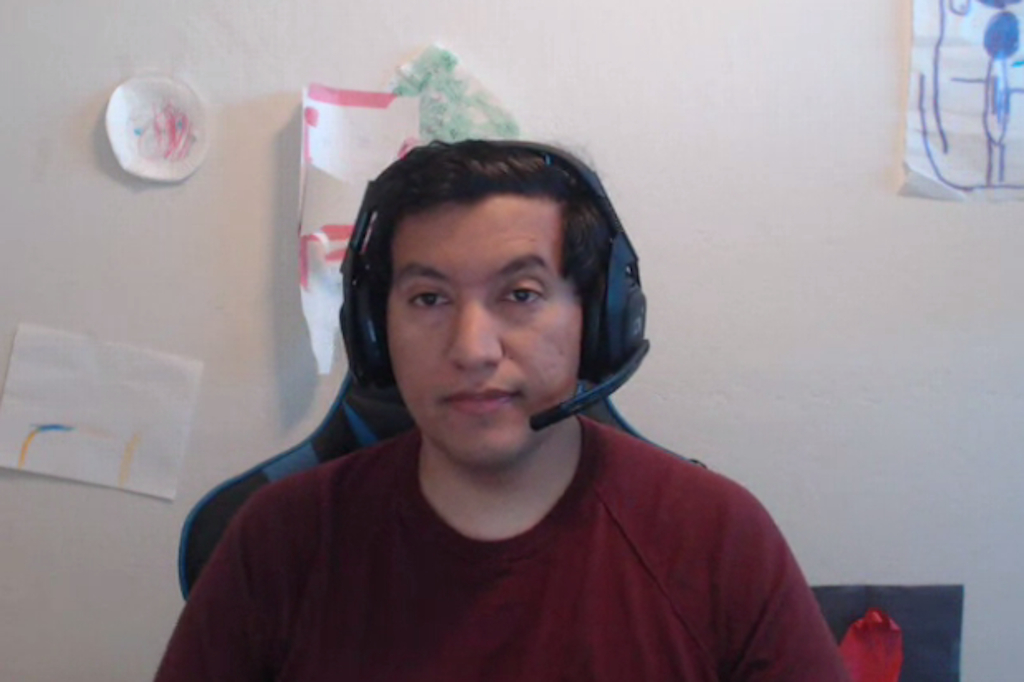
AT&T To Spin Out WarnerMedia, California’s $7B For Broadband, FCC Licences For Tribes, TPRC Virtual For Now
AT&T spins out WarnerMedia, California putting $7B in broadband, tribal lands get licences, and TPRC events virtual for now.

Vermont Looks To Expand Coverage, California Moves On Passive Infrastructure, AT&T Gets DoT Contract, Cisco Buys Sedona
Vermont looks to expand broadband, California looks at passive infrastructure, AT&T gets DoT contract, and Cisco to buy Sedona.
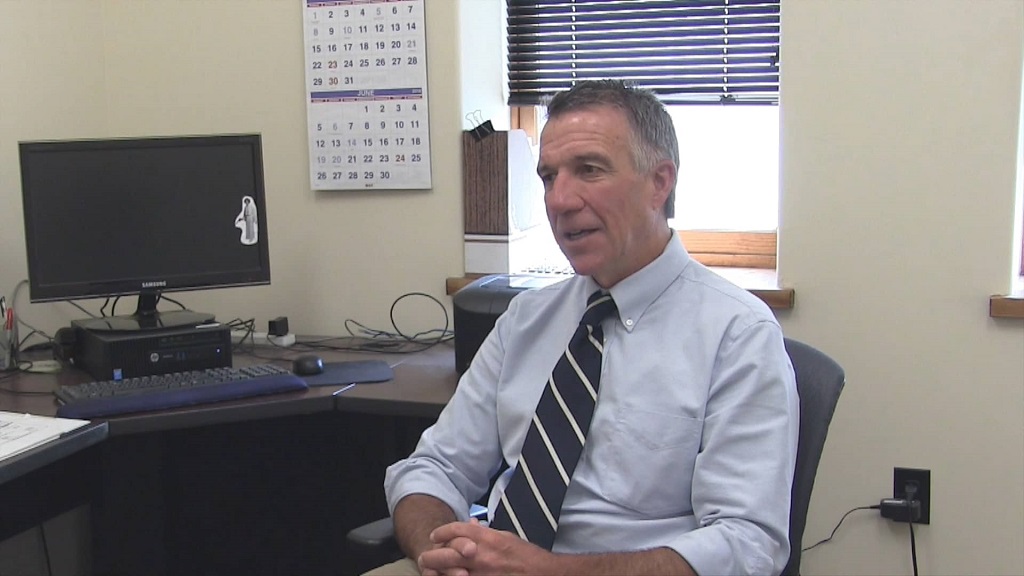
Popularity Of Telework And Telehealth Presents Unique Opportunities For A Post-Pandemic World
A survey released earlier this month illustrates opportunities for remote work and care.
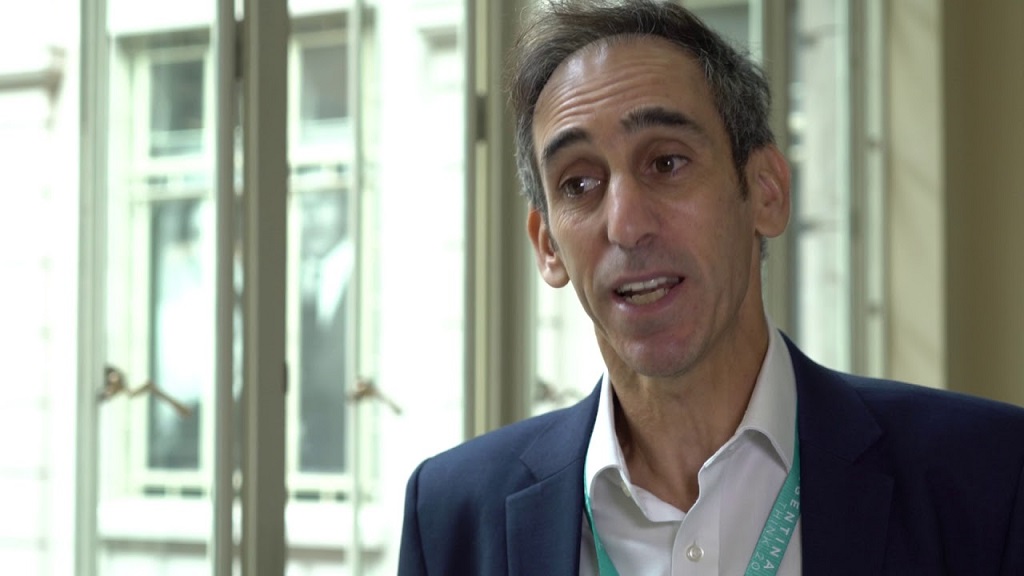
Broadband As Civic Infrastructure, Telehealth Under Net Neutrality, Worre Studios Builds Virtual Arena
April 7, 2021 – The German Marshall Fund is calling for broadband to be considered part of the civic infrastructure to draw more public and private partnerships and funding to connect more citizens. Equity issues in communications policy have only worsened during the coronavirus pandemic, and redefi

National Plan Required For Consumer Privacy, Congresswoman says
April 1, 2021 — A Congresswoman from Washington State, who introduced federal legislation that would be the first national consumer privacy law if adopted, says the federal government is being outpaced by some states that are implementing their own consumer privacy legislation. “There is a significa

California Push for Inclusion, Former AT&T Lawyer Alleges E-Rate Overcharges, Virginia Funds Broadband
March 24, 2021 – The University of Southern California and the California Emerging Technology Fund announced a partnership on Monday to determine internet access in California based on demographics and location. The two organizations hope to identify the impact a lack of broadband causes for those w
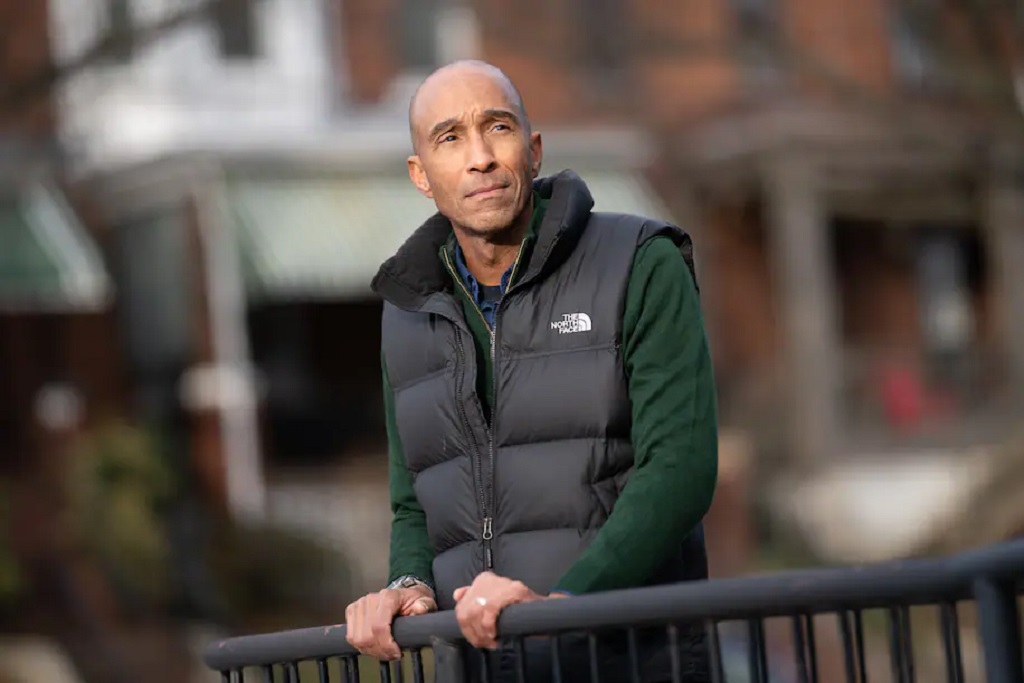
Panelists and Telecommunications Policy Research Conference Urge Focus on Equitable 5G Rollout
March 13, 2021 – Regulatory policies to accommodate 5G and other network infrastructure must be equitable to accommodate different service levels and providers, Donna Bethea Murphy, senior vice president of Inmarsat, said in February at the TPRC. When trying to set goals on building and deploying br
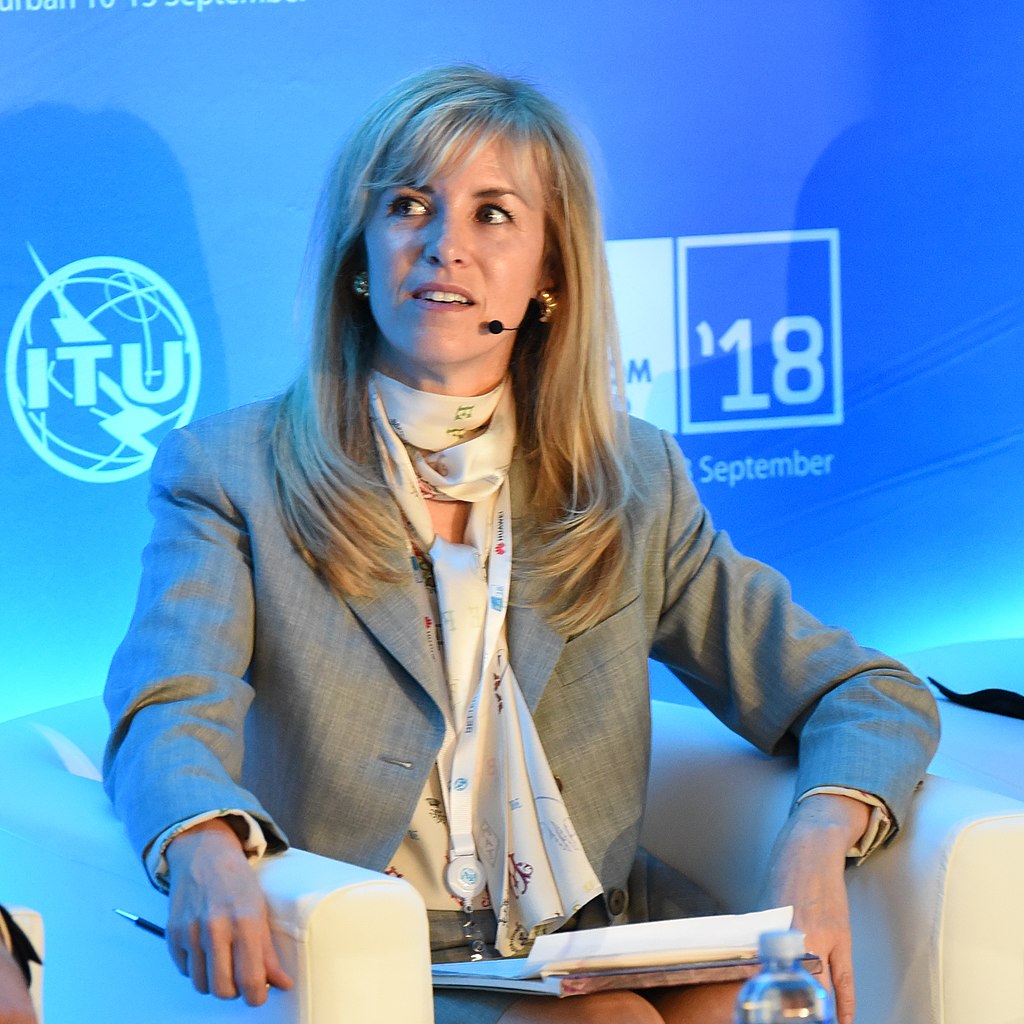
California Net Neutrality, Georgia Broadband Maps, New House Antitrust Bill
February 24, 2021 – A California judge has rejected an attempt by internet service providers to prevent the state from enforcing its net neutrality rules, paving the way for its enforcement. Judge John Mendez, in the Eastern District of California, issued the ruling Tuesday. The law provides Califor
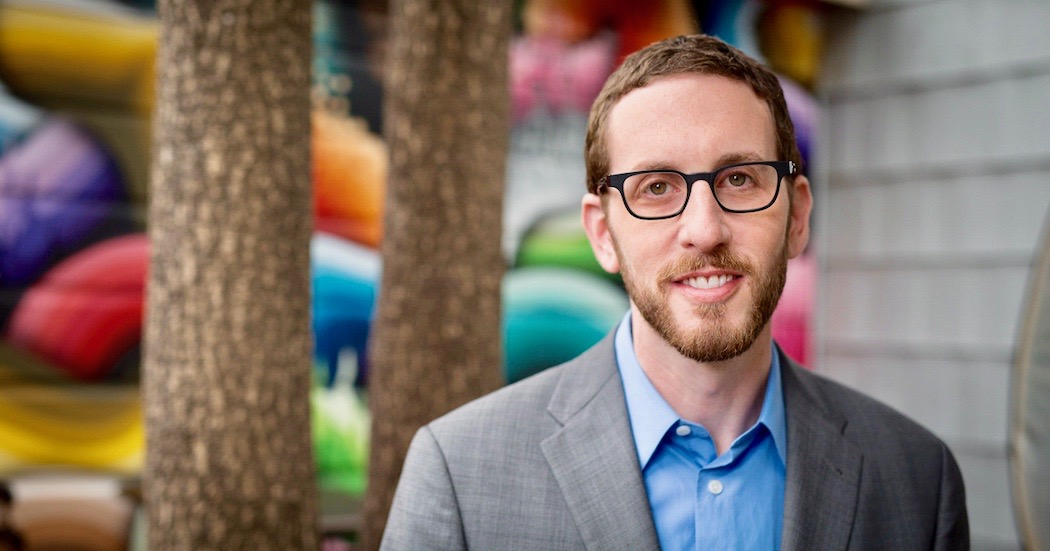
Biden Justice Department Withdraws Net Neutrality Suit, Section 230 Changes, Community Digital Infrastructure
February 9, 2021 – The Justice Department on Monday withdrew its lawsuit against California for proposing net neutrality laws in the wake of a 2017 vote by the Federal Communications Commission that repealed those rules. The move signals a shift in how the White House and the new FCC could approach

Slaughter Named FTC Chair, Combatting Disinformation with Community Media, Kimmelman Departs Public Knowledge
January 22, 2021—President Joe Biden designated Rebecca Slaughter as acting chair of the Federal Trade Commission on Thursday. Slaughter has served as an FTC Commissioner since May 2018. As a commissioner, Slaughter championed aggressive use of the FTC’s authorities to combat the abuse of consumers’
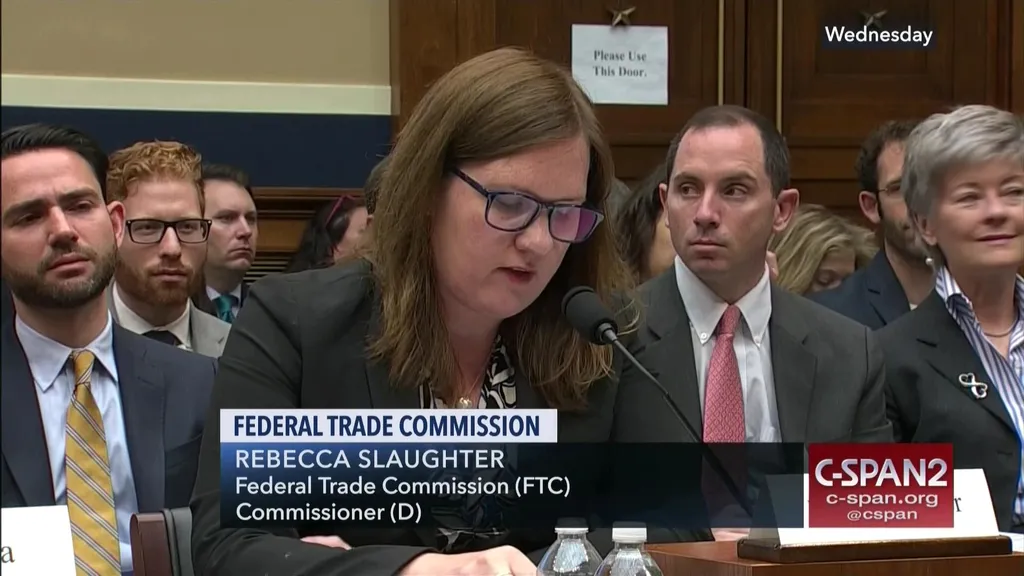
In One of Last Acts as FCC Chairman, Ajit Pai Tries to Fix Broadband Maps
January 20, 2021 – In one of his last official acts before departing the Federal Communications Commission and stepping down as its chairman on Wednesday, Ajit Pai on Tuesday secured a unanimous vote from the agency for new rules implementing the Digital Opportunity Data Collection. The new rules, w
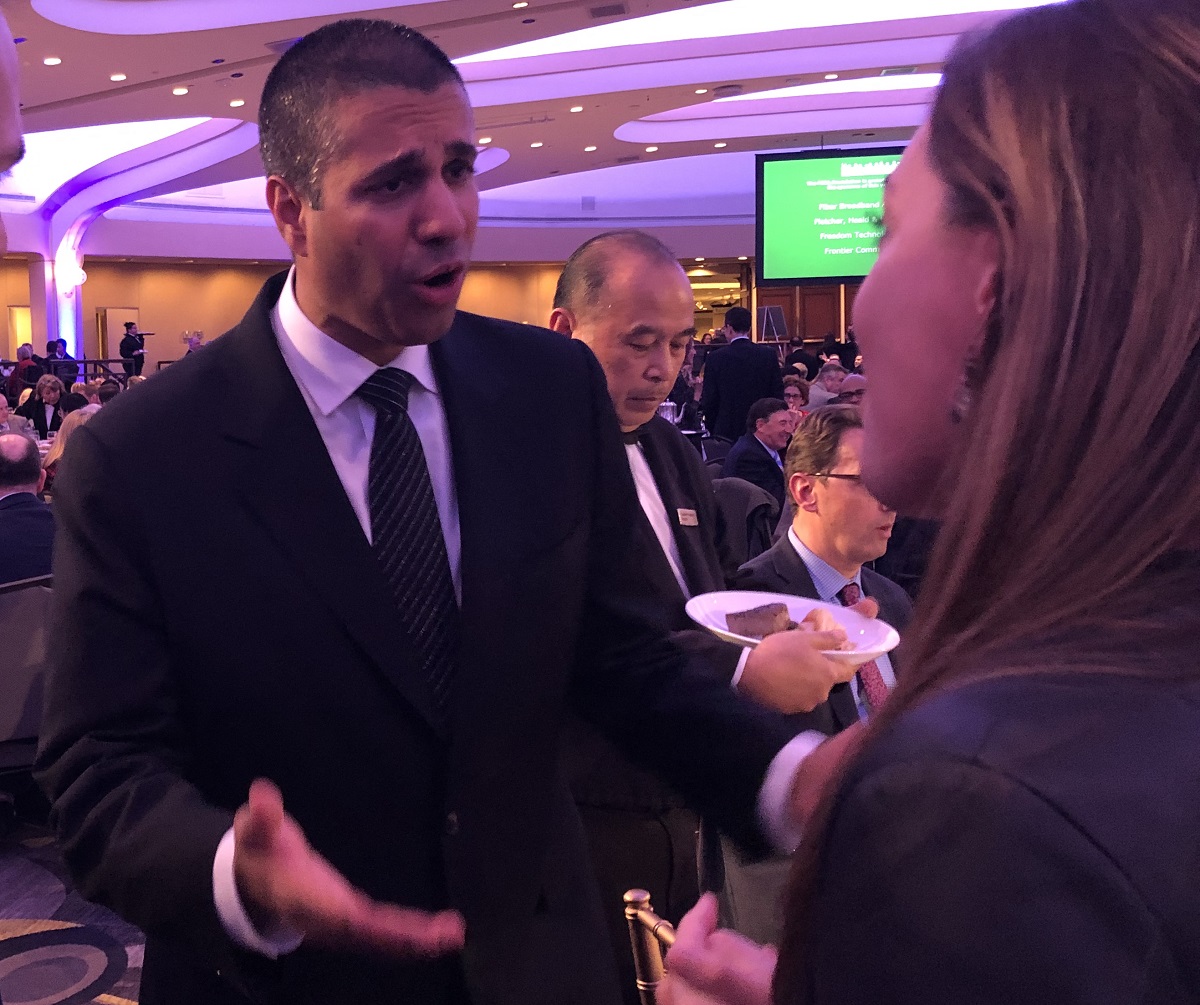
Pelosi Narrowly Reelected, NYSE Boots Chinese Companies, Google Workers Unionize, Broadband Emergency Measures
January 4, 2021 – Nancy Pelosi was narrowly reelected Sunday as House speaker. Her victory means that after two years acting as President Donald Trump’s most outspoken antagonist, Pelosi will now be responsible for trying to shepherd through Congress as much of President-elect Joe Biden’s policy age
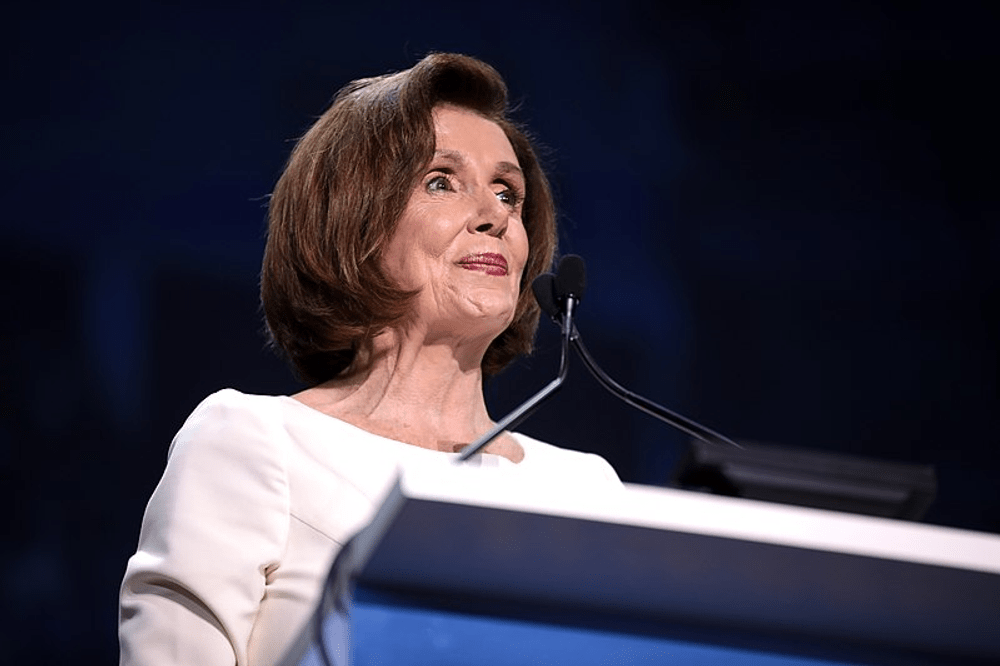
Senate Judiciary Committee Teases, and Then Pulls, Bills Dramatically Narrowing Section 230 Protections
January 2, 2021 — When the Senate reconvenes on Sunday at 11:45 a.m., the body will gavel in for the first session of the 117th Congress. All bills not passed as of Friday, January 1, 2021 – the last day Congress was in session – will die. One of those bills is the Eliminating Abusive […]

New Entrants in the Multifamily Broadband Space Create Policy Turnabouts and Clashes on Infrastructure
January 2, 2021 – Expect issues of broadband and multifamily housing to gain renewed attention in 2021. Watch for some strange alliances and interesting policy turnarounds. The subject matter is complicated because of both policy challenges and infrastructure issues associated with the inside wiring
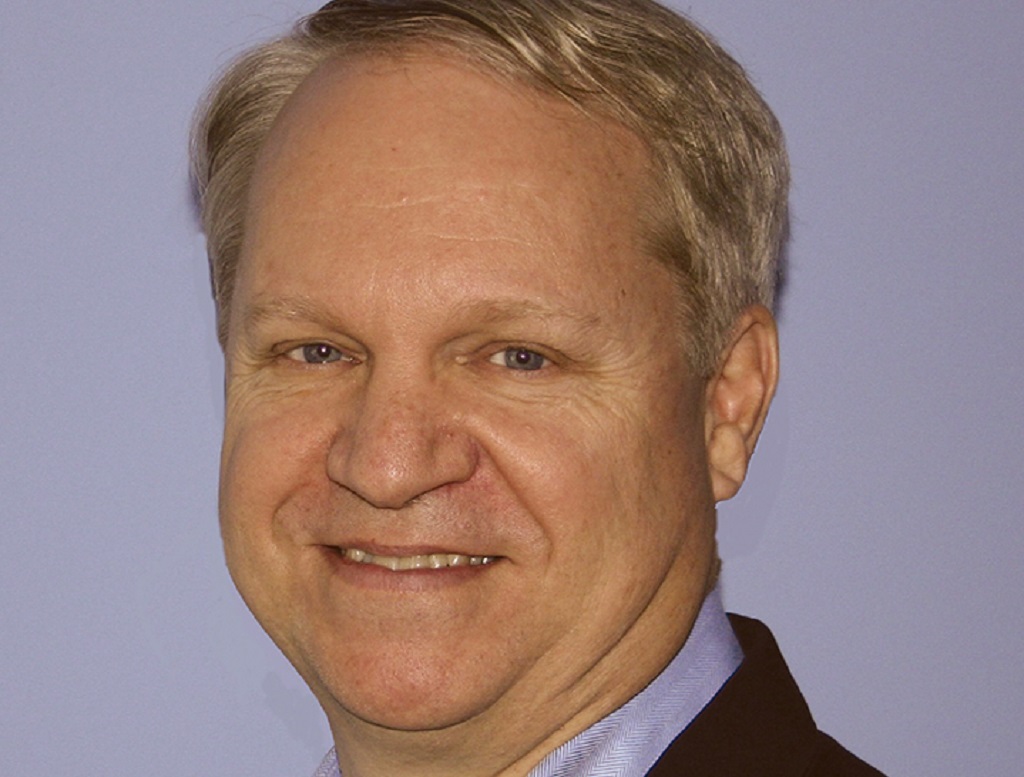
California 1
California Broadband
Join the broadband community for free, share your expertise below
News about California broadband
California 2
California Broadband
Join the broadband community for free, share your expertise below
News about California broadband
Apple Pays $113 Million Over Battery Slowdowns, Caution on Cellular Generator Requests, Douglas Fast Net Leverages ADTRAN
Apple agreed to pay $113 million to settle an investigation by 34 states and the District of Columbia over the company’s practice of slowing down the performance of older iPhones when their batteries degrade. The settlement may be a step towards more transparency in the company’s operations. Million
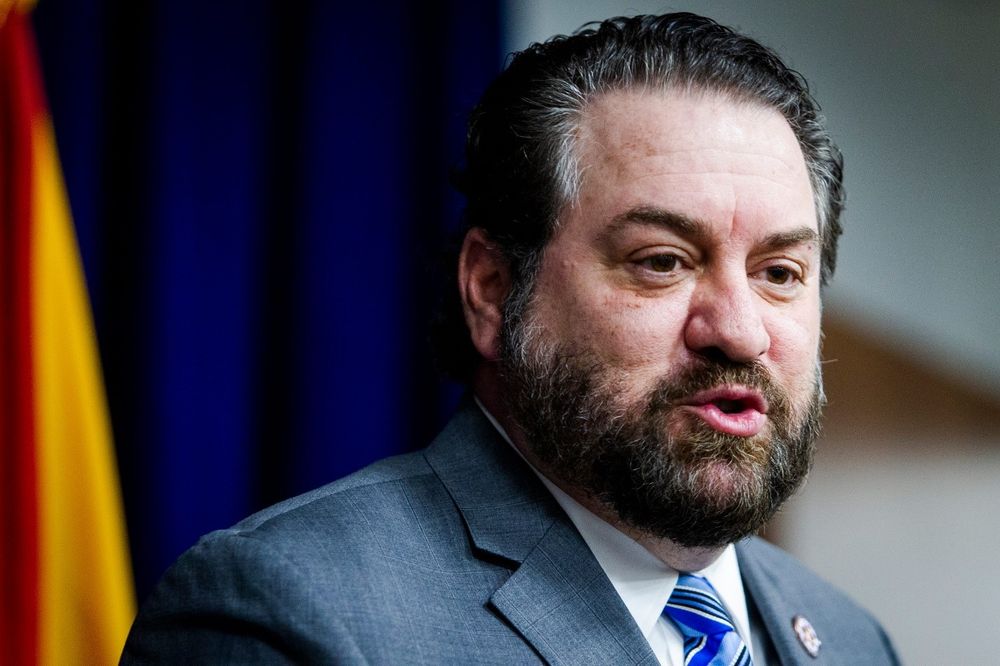
Voters Back Community Internet, ATIS Boosts Next G Alliance, A New State-Federal Broadband Partnership
Voters in Chicago and Denver have shown overwhelming support for local broadband projects. Roughly 90 percent of voters in Chicago approved a referendum question that asked: “Should the city of Chicago act to ensure that all the city’s community areas have access to broadband Internet?” This could a
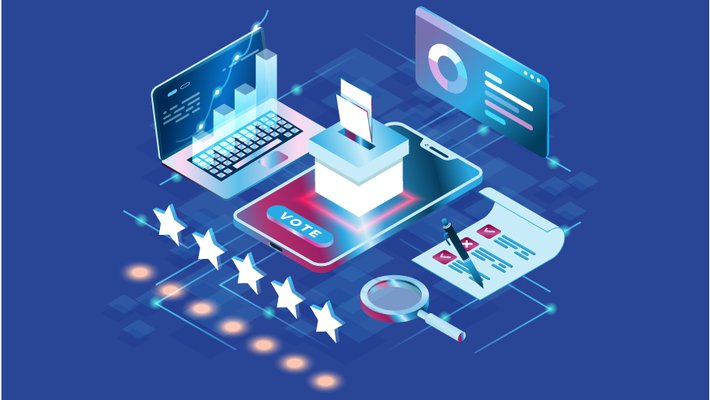
Apple Gets a Foot in Joe Biden’s Door. What Will It Mean for Silicon Valley?
November 6, 2020 — With Twitter flagging and obscuring Donald Trump’s tweets on a daily basis, and with Facebook and other internet gatekeepers clamping down on pro-Trump vote conspiracy groups, one question looming over the final vote-count is: How will big tech fare during the next presidential ad
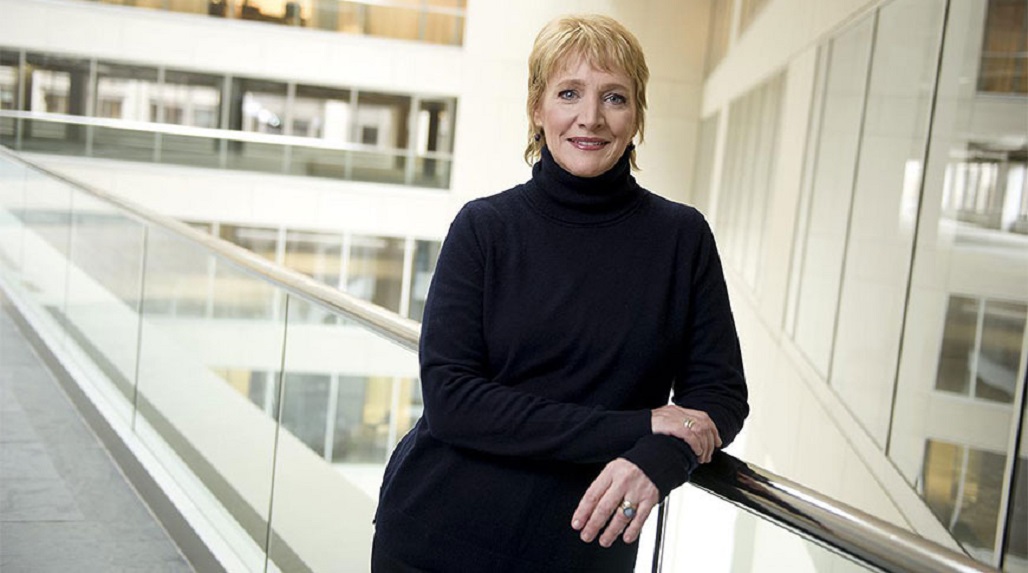
No Change on Chevron, Suit Says Apple Rigged iOS 13, Will 6G End the Smart Phone?
Federal Communications Commission Chairman Ajit Pai, when asked if he had changed his position on the issue of Chevron deference said he had never, to his knowledge, taken a position on the Supreme Court decision. Pai was speaking at a Technology Policy Institute event on Thursday, the day after Tho
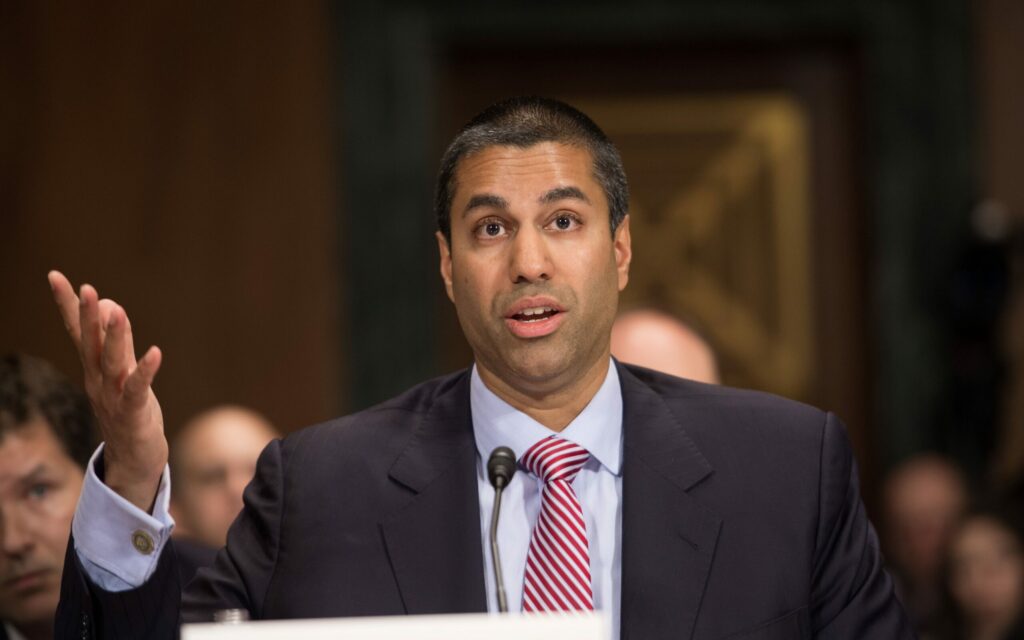
AT&T Phases Out DSL Lines, National Association of Counties on Broadband, Broadband Costs Lower
A recent AT&T statement announced that the company will be phasing out DSL services, which provide internet access over cable technology from the 1990s to over 653,000 AT&T customers. The statement released by the company read, “We’re beginning to phase out outdated services like DSL and new orders
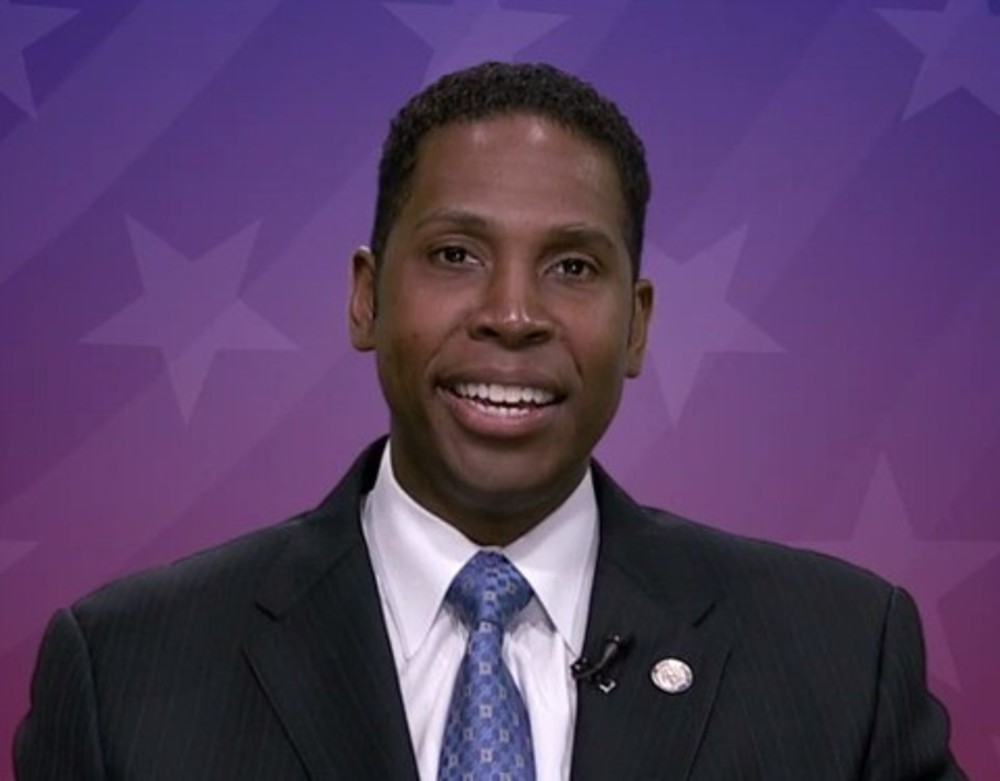
California Wrestles With Efforts to Use Broadband for Distance Learning, Healthcare, and Digital Divide
October 16, 2020 — With or without federal action on broadband, California politicians have been active in taking steps to use broadband to drive distance learning and telehealth, and seeking to do more to close the state’s digital divide. For example, a mid-August order by California Governor Gavin

Children Are Being ‘Locked Out of Their Classrooms’ Without E-Rate Action, Says Jessica Rosenworsel
October 15, 2020 — Millions of Americans remain unconnected today, even as broadband connectivity remains vital to countless aspects of our daily lives, including health, work, and education. At a “fireside chat” hosted by ALLvanza, a Latino advancement group, panelists asserted that tackling the di
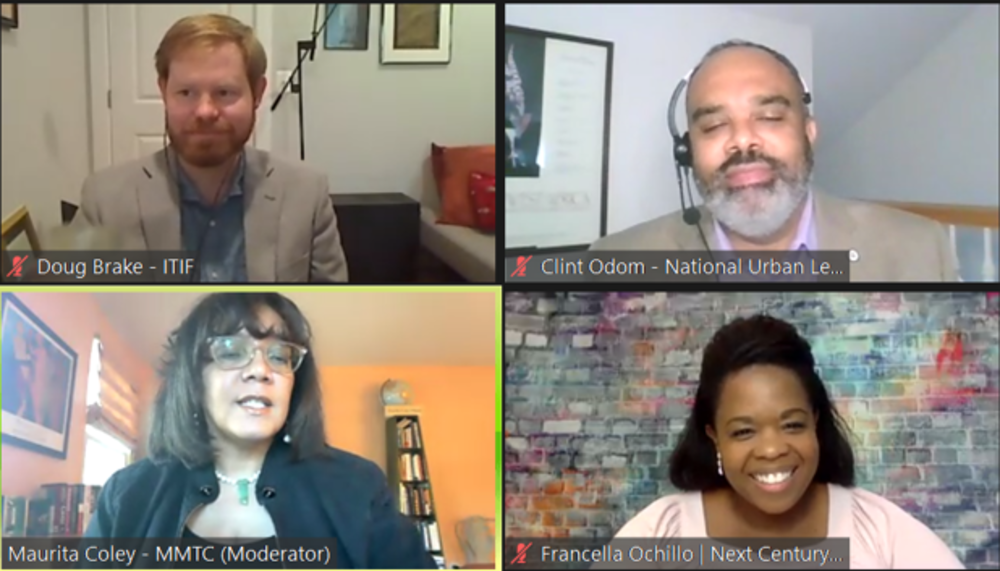
Starry and Microsoft in Los Angeles, Comcast Clocks a Gigabit Upload, Nobel Prize for Spectrum Auction
Starry Home Internet announced a partnership with Microsoft on Tuesday aimed at accelerating the availability of its low-cost program Starry Connect in public housing communities across the country. The program will kick off this month in Los Angeles, California, and it promises to bring Starry Conn

FCC Goes All in for 5G, Pentagon Spends $600 Million on 5G Experiments, Additional Funds For Distance Learning
The top official of the Federal Communications Commission on Monday provided an update on the agency’s approach to 5G deployment at the America’s Spectrum Management conference. Since 2018, FCC Chairman Ajit Pai said, the agency has worked to free up spectrum in all bands. Three recent auctions free

State and Regional Broadband Initiatives Are Critical to Expanding Internet Access
September 24, 2020 — Many states have taken action to speed the deployment of broadband to unserved and underserved regions by developing statewide broadband programs that typically include funding commitments, legislative initiatives, and provide access to other inventive resources. “States play a

TikTok Ban Delayed as Wal-Mart Enters, FCC Says California Not Prepared for Auction, Wireless Facilities in Rights-of-Way
President Donald Trump on Saturday approved a deal between TikTok and ByteDance, its software developer, and Oracle on Saturday. As a result, the administration pushed off the ban on TikTok downloads from U.S. app stores that it had announced on Friday. As a result, the effective date of the ban was

Nathan Simington is Trump’s New Man for FCC, New Speed Test, Challenges for State Net Neutrality
September 16, 2020—President Donald Trump on Tuesday nominated Nathan A. Simington to replace Federal Communications Commissioner Michael O’Rielly, whose confirmation appeared certain until Trump unexpectedly pulled his re-nomination. Simington is the representative to the government advisory commit

Next Level Networks’ Pilot Community Fiber in Los Altos Hills Experiences Growing Service Demands
August 30, 2020 — In a neighborhood outside of Silicon Valley, amongst what native Scott Vanderlip described as “a community full of tech geeks,” residents struggled to access reliable, affordable internet, despite being able to see the headquarter buildings of some of the largest tech companies fro
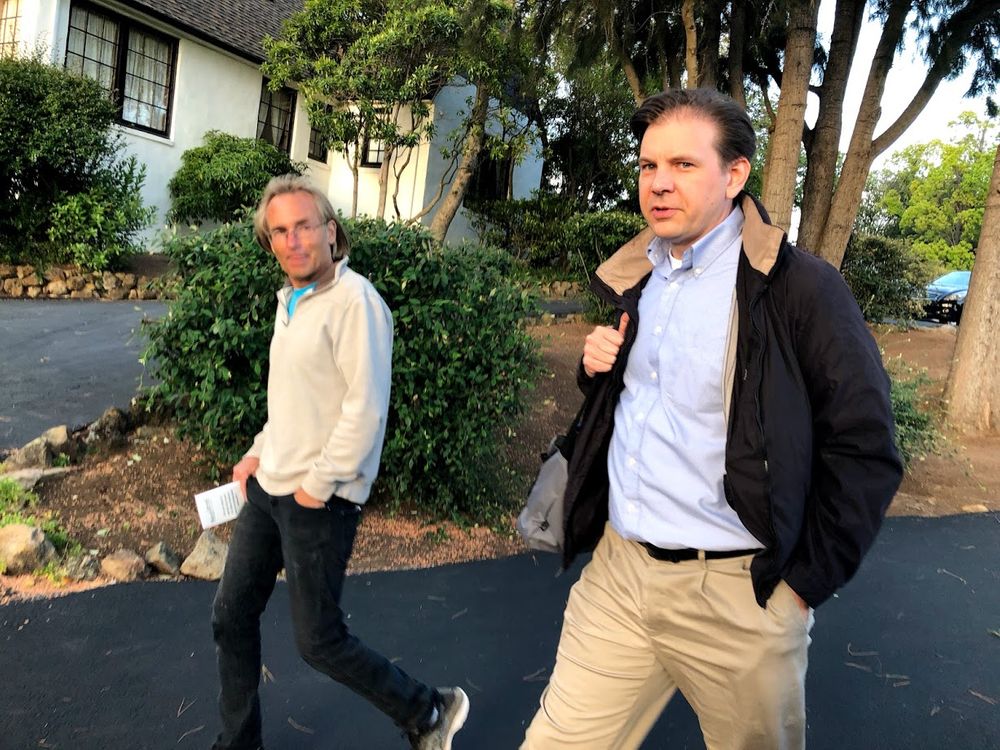
Americans Skeptical About Tech, Funding For Broadband Maps, Court Classifies Uber and Lyft Drivers as Employees
Americans are skeptical that technological growth is an issue that will positively impact national policy, James Pethokoukis wrote in an American Enterprise Institute blog post on Tuesday. He argued that neither right-leaning nor left-leaning politicians and constituents are willing to embrace the r

Telemedicine is Increasingly Important, But Comes With Challenges, Say Route Fifty Panelists
August 11, 2020 — Telemedicine is crucial for treating patients during the coronavirus pandemics, but carries limitations, agreed participants in two Route Fifty webinars on Tuesday. Dr. Judd Hollander, associate dean of strategic health initiatives at Thomas Jefferson University, said that there ar
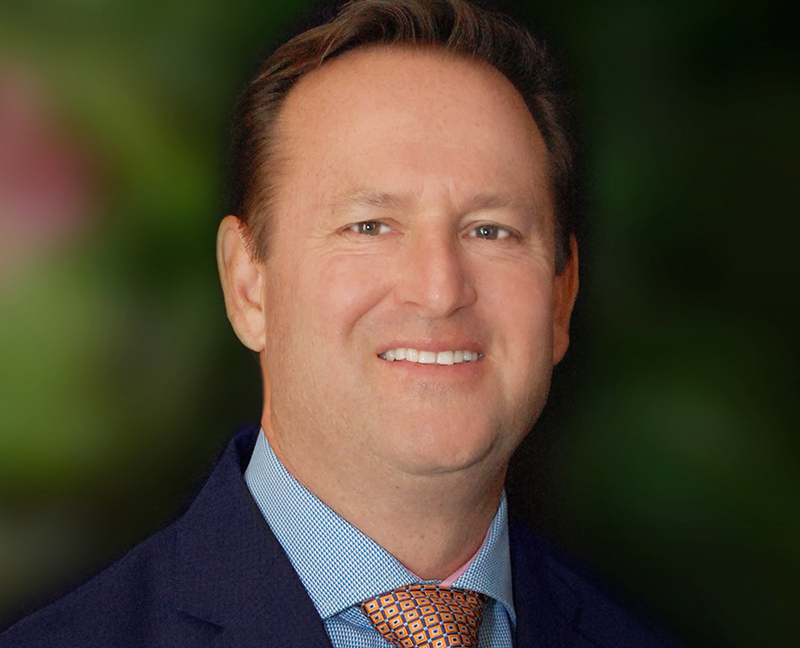
Ownership Models Are Evolving to Serve the Unserved, Say Panelists at Digital Infrastructure Investment
August 11, 2020 — As America prioritizes closing the digital divide, critical last-mile digital infrastructure ownership models are expanding and differentiating to serve the unserved. Different towns across America are in different situations in terms of the availability of existing digital infrast
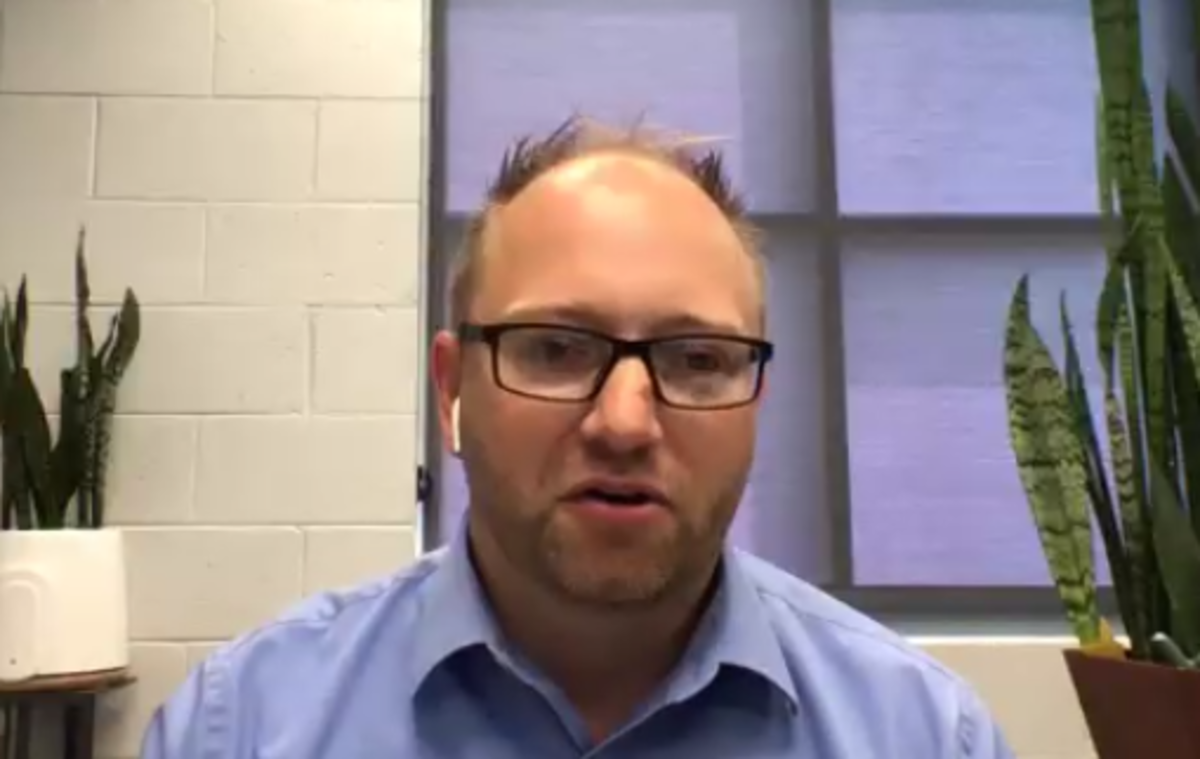
Trump Pulls O’Rielly Nomination, Algorithm Governance Framework, San Jose Hotspots, New Broadband Association Members
The White House announced Monday, in a notice sent to the Senate, that it was withdrawing the nomination of Mike O’Rielly to Federal Communications Commission for a third term. The notice did not provide reasoning for the action, WKZO reported. The incidence was widely unexpected, coming after O’Rie
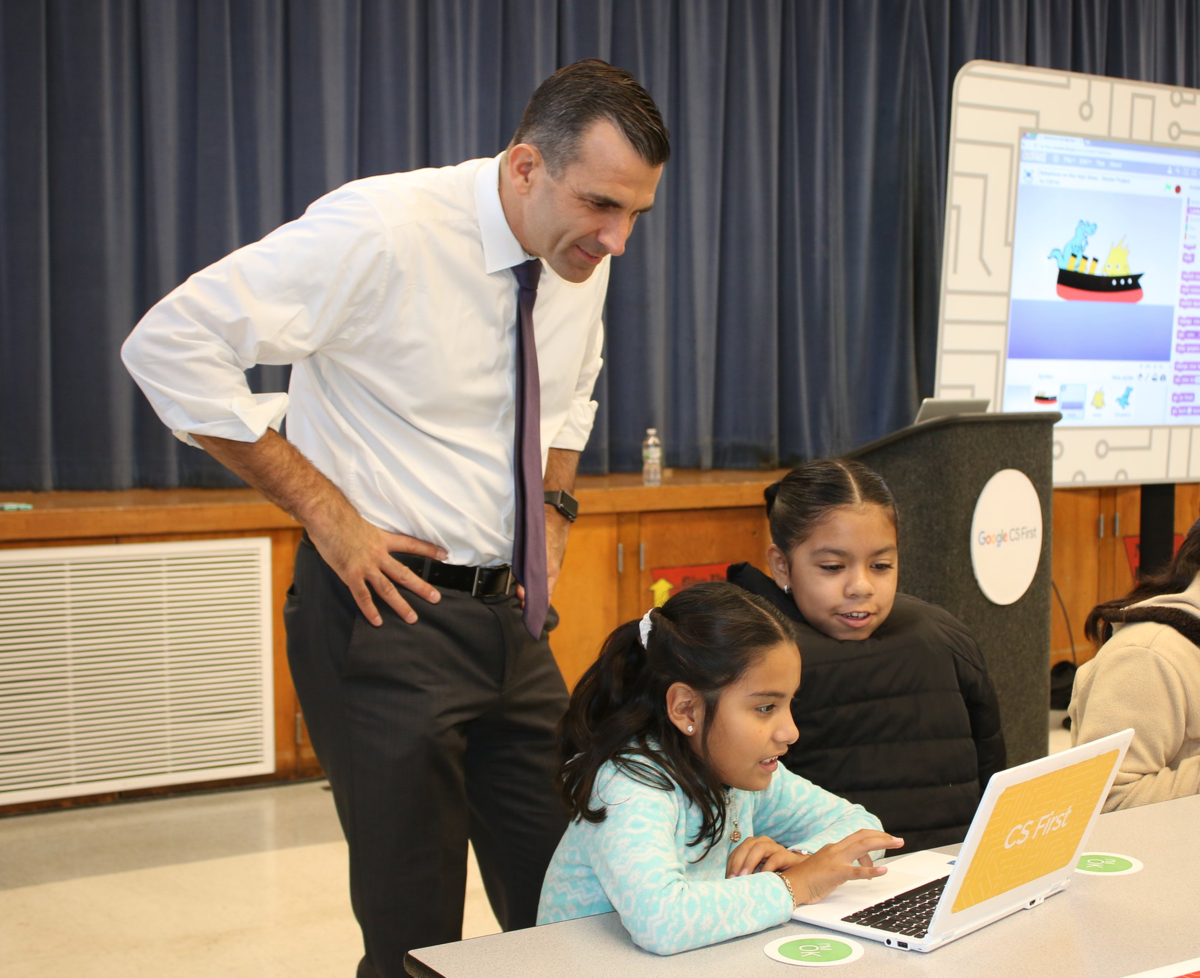
Broadband Roundup: Transatlantic Working Group Calls for Transparency, Andrew Yang Launches Project, CENIC CEO to Speak
The Transatlantic High Level Working Group on Content Moderation and Freedom of Expression, a project of the Annenberg Public Policy Center, published a report on Monday urging democracies to adopt a flexible regulatory framework to curb online hate speech and manipulated disinformation. The group c
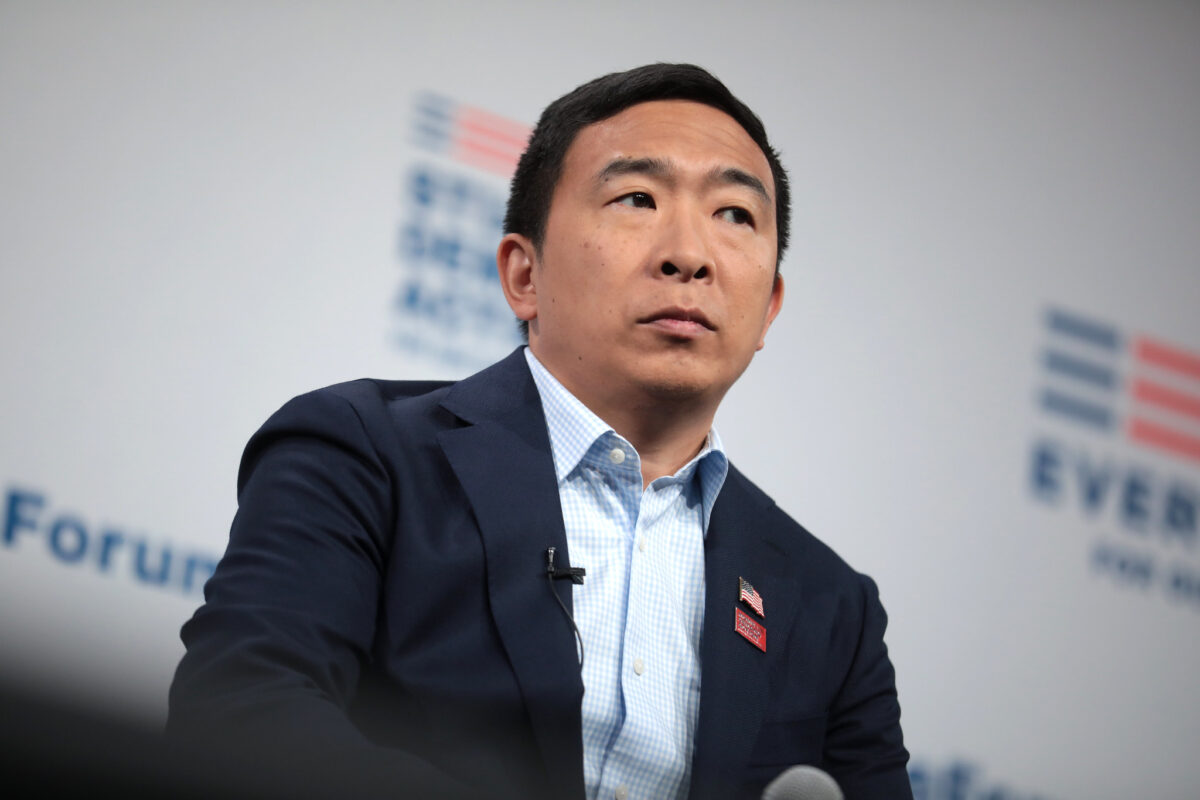
TechFreedom Asks Supreme Court to Review Section 230 Case
June 12, 2020 — Left unchecked, a recent court decision on Section 230 might lead to the internet suffering what a 2008 ruling called “death by ten thousand duck-bites,” according to TechFreedom Senior Fellow Berin Szóka. “Unless the Supreme Court reverses this decision, schools, libraries, and the
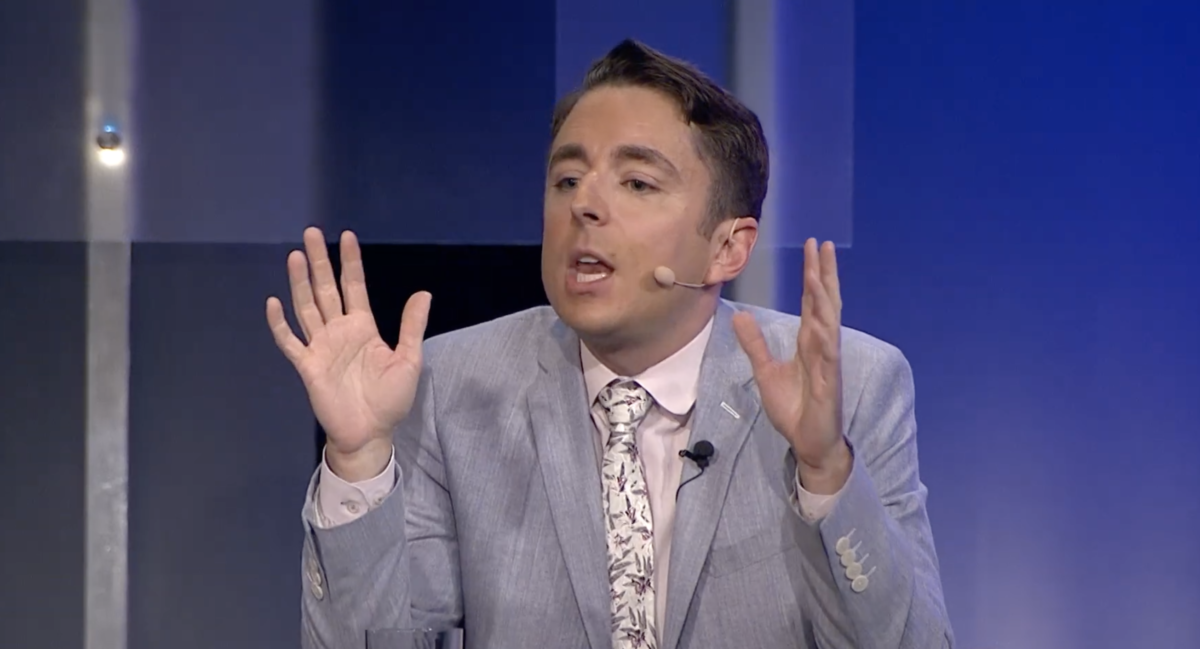
Interoperability an Effective Measure Against Big Tech Monopolies, Says Lincoln Network
June 11, 2020 — Interoperability is a practical safeguard against big tech oligopolies, said participants in a Lincoln Network forum Wednesday. Participants argued that besides sweeping government intervention, the best way to break up large, too-powerful social media companies like Facebook is
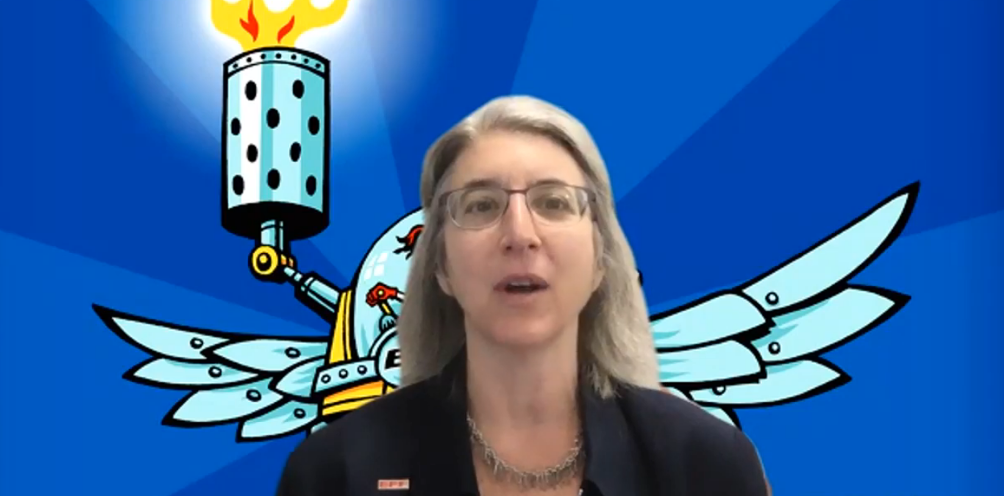
Coronavirus Roundup: SiFi Networks Scores $450 Million, Universal Broadband in California Town, COVID-Negative Certifications
Investments of up to $450 million will help to bring high-speed fiber connectivity to millions across the country, said fiber company SiFi Networks. The company announced Tuesday that it had recently secured the funding and will use it to expand infrastructure and hire specialists in several new cit
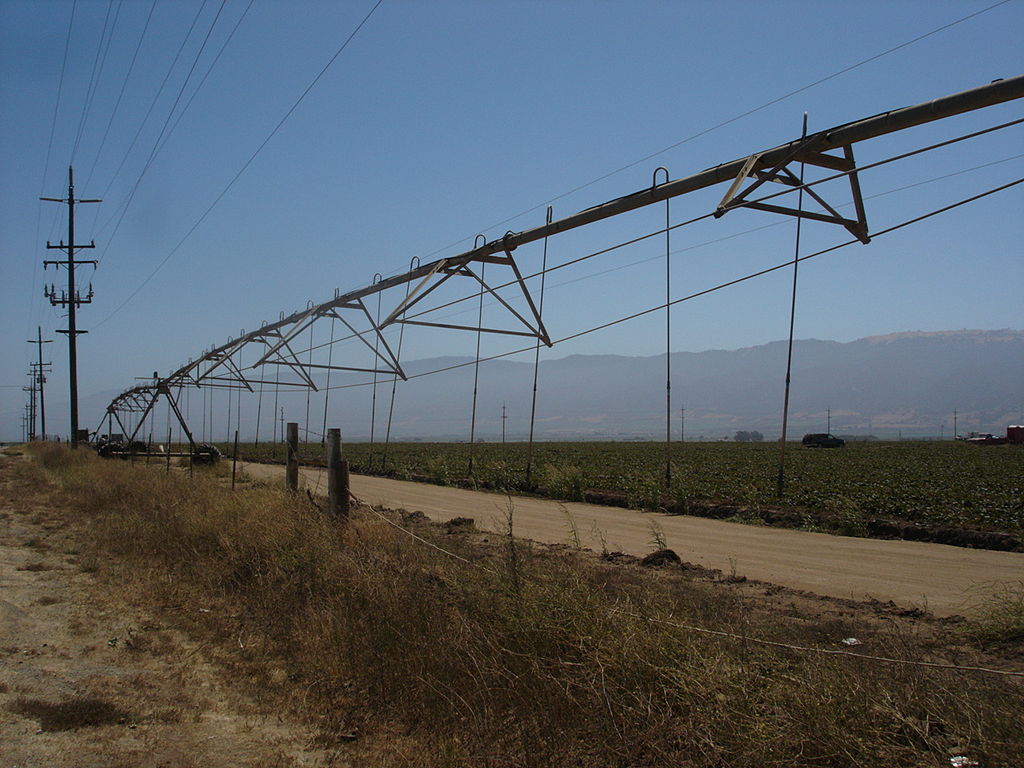
The Rise, Reign, and Self-Repair of Zoom
May 8, 2020 – Eric Yuan came up with the idea for Zoom as a student while taking 10-hour train rides to visit his girlfriend in China. In 2011 he left Cisco Webex to found Zoom in San Jose, California, with the mission “to make video communications frictionless.” Zoom earned a billion-dollar valuati
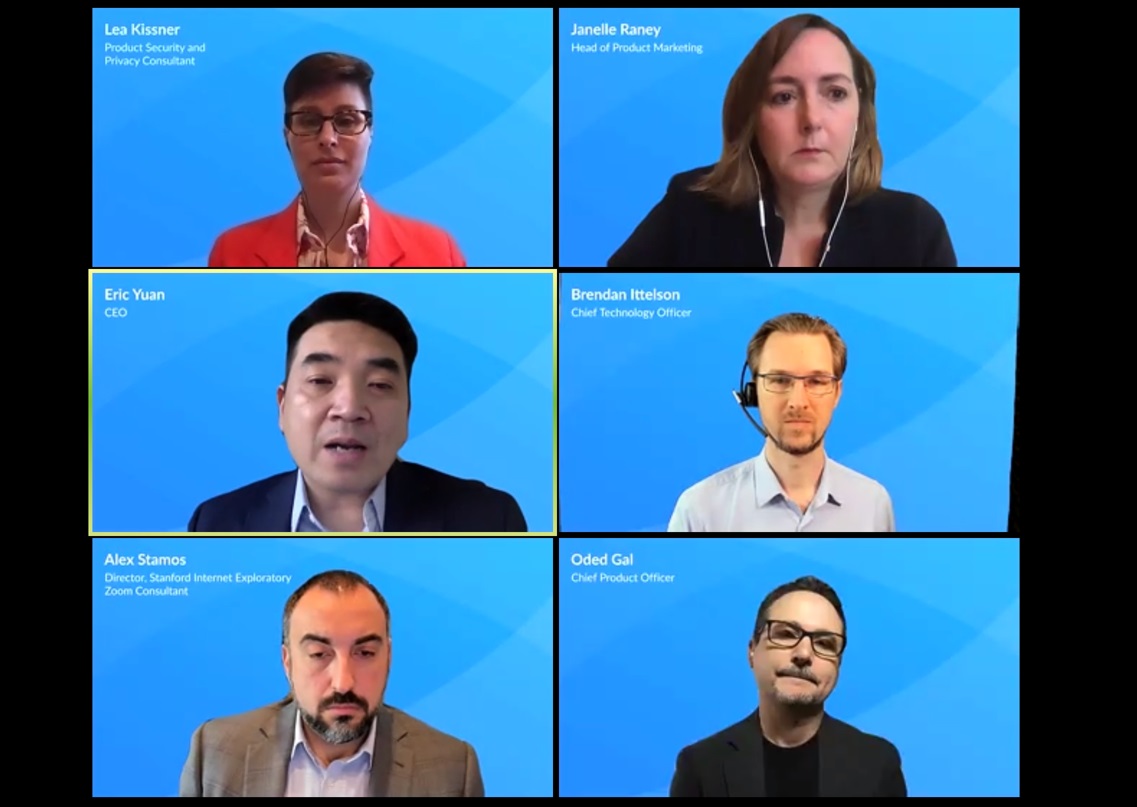
Next Century Cities Discuss Dissatisfaction with Broadband Providers in Webinar With FCC Officials
May 1, 2020— A spokesman for Federal Communication Commission Chairman Ajit Pai on Thursday highlighting the agency’s grant of hundreds of million of dollars for telemedicine projects on a Thursday webinar hosted by Next Century Cities. “The commission has been insanely busy,” said the spokesman, Ev

Coronavirus Roundup: BroadbandNow and NCTA Each Track Internet Speeds, Alianza on Robocalls
The BroadbandNow database company released its fifth report tracking home internet speeds. The data comes from the 200 most populous cities in the country, as well as hundreds of rural communities. The key findings indicate that rural areas are being hit the hardest by the impact of the coronavirus
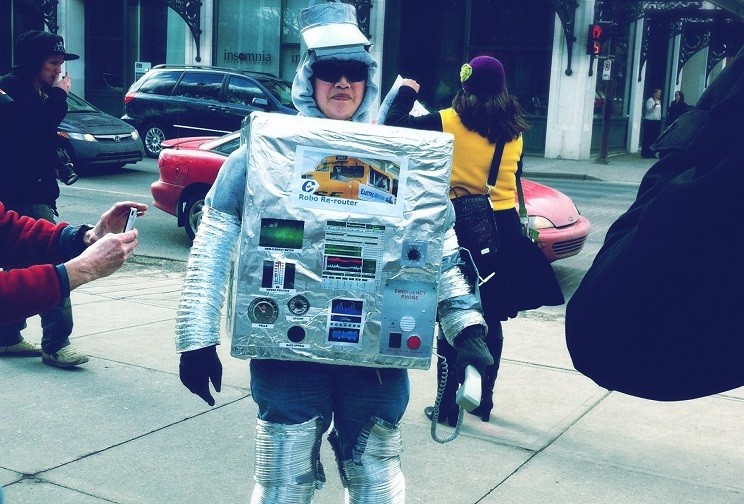
Coronavirus Roundup: Aji Pai on Pandemic, T-Mobile Approval, Navajo Nation Temporary Spectrum
In an online speech Friday by Federal Communications Chairman Ajit Pai before the Interamerican Development Bank and The International Institute Of Communications Online Workshop, Pai encapsulated his thoughts on ”Regulation in Times of Pandemics: Lessons for the Future.” Below is an edited version
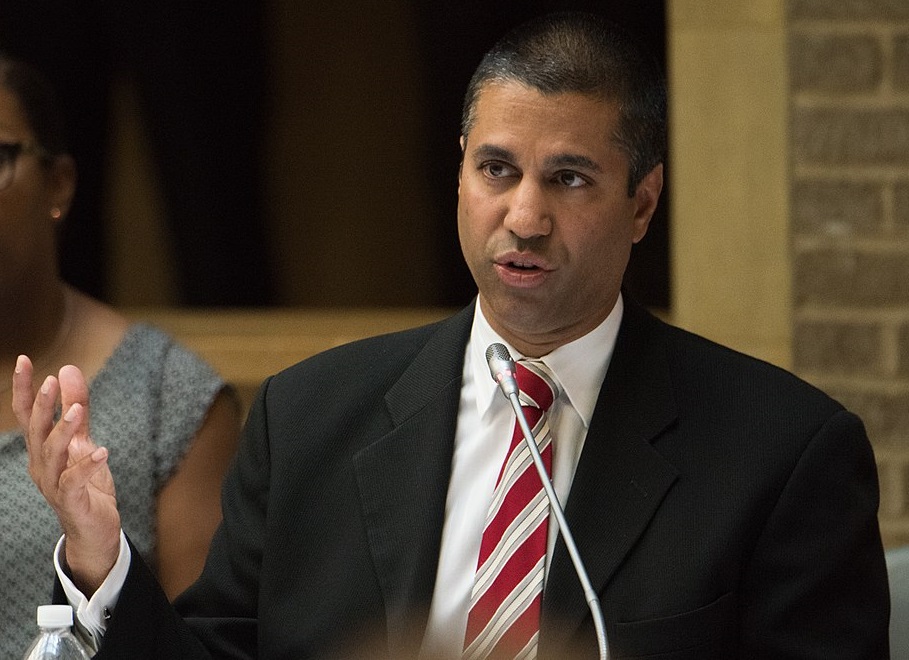
FCC’s Jessica Rosenworcel Calls for Wi-Fi School Buses, and Brookings Panelists Agree Now is the Time
April 10, 2020 – Participants in a Brookings Institution meeting on Zoom expressed interest in an off-hand comment FCC Commissioner Jessica Rosenworcel made about deploying Wi-Fi-enabled buses to provide hot-spots for rural students. Nicol Turner Lee, a fellow at Brookings’ Center for Technology Inn
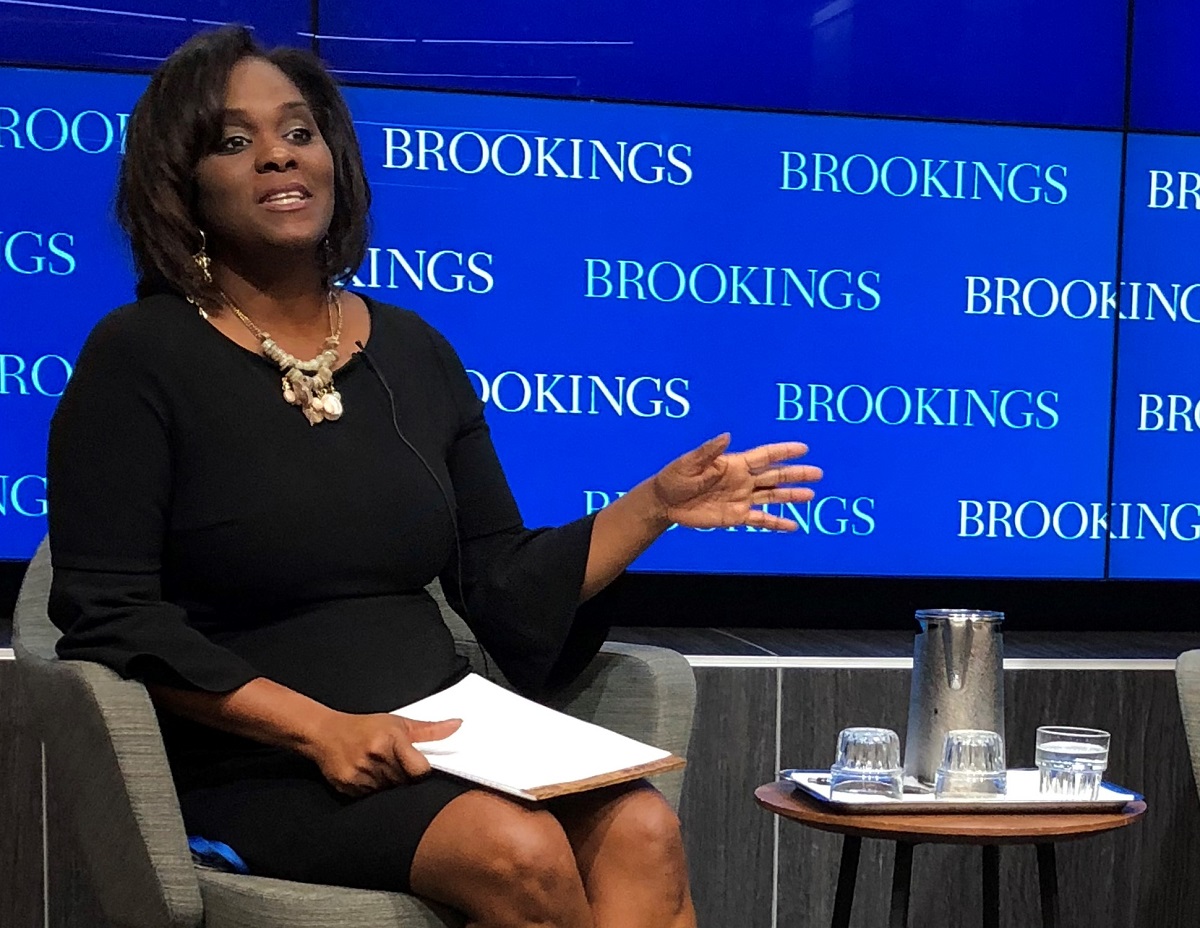
Although Privacy is on a Back Burner, California May Outdo Its Own State Law in November
April 1, 2020 –States have put privacy legislation on a back burner during the coronavirus pandemic. At the same time, even the well-known California Consumer Privacy Act may be superseded by a new referendum, the California Privacy Rights Act, to be placed on the state’s ballot in November. Passed

Commerce Department’s NTIA Details Its New-Found Progress in Broadband Mapping Technology
WASHINGTON, March 20, 2020—The Commerce Department’s National Telecommunication and Information Administration is moving forward with various forms of broadband mapping, agency officials said on a Wednesday webinar. Even without having federal funding to do a comprehensive national broadband map, as
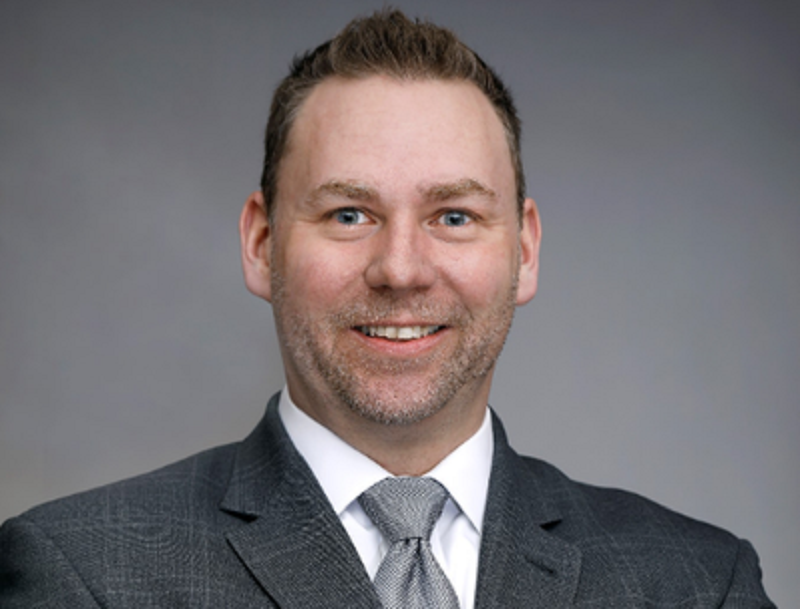
Coronavirus Roundup: FCC Chairman Ajit Pai Takes Steps on Spectrum, Lifeline and Broadcasting During Pandemic
The Federal Communications Commission’s Wireless Telecommunications Bureau on Tuesday granted U.S. Cellular, a wireless telecommunications network, to use additional spectrum to help meet increased customer demand for mobile broadband during the coronavirus pandemic. The order will allow the company
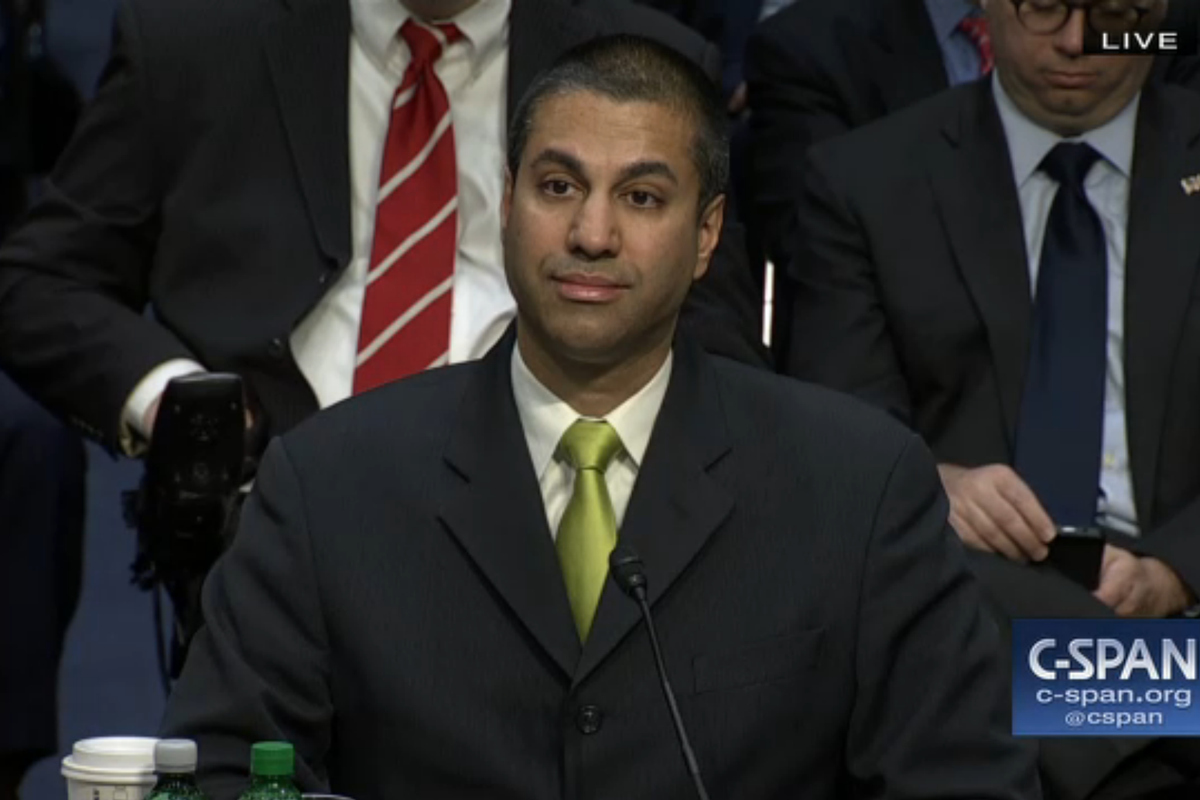
House Energy and Commerce Subcommittee Ponders Emergency Communications Measures Against Fires and Suicides
WASHINGTON, March 7, 2020 – At a February 27 hearing, representatives of a House Energy and Commerce subcommittee took testimony on the need for reliable emergency telecom for first responders through measures like the RESILIENT Networks Act and the National Suicide Hotline Designation Act. Santa Ro
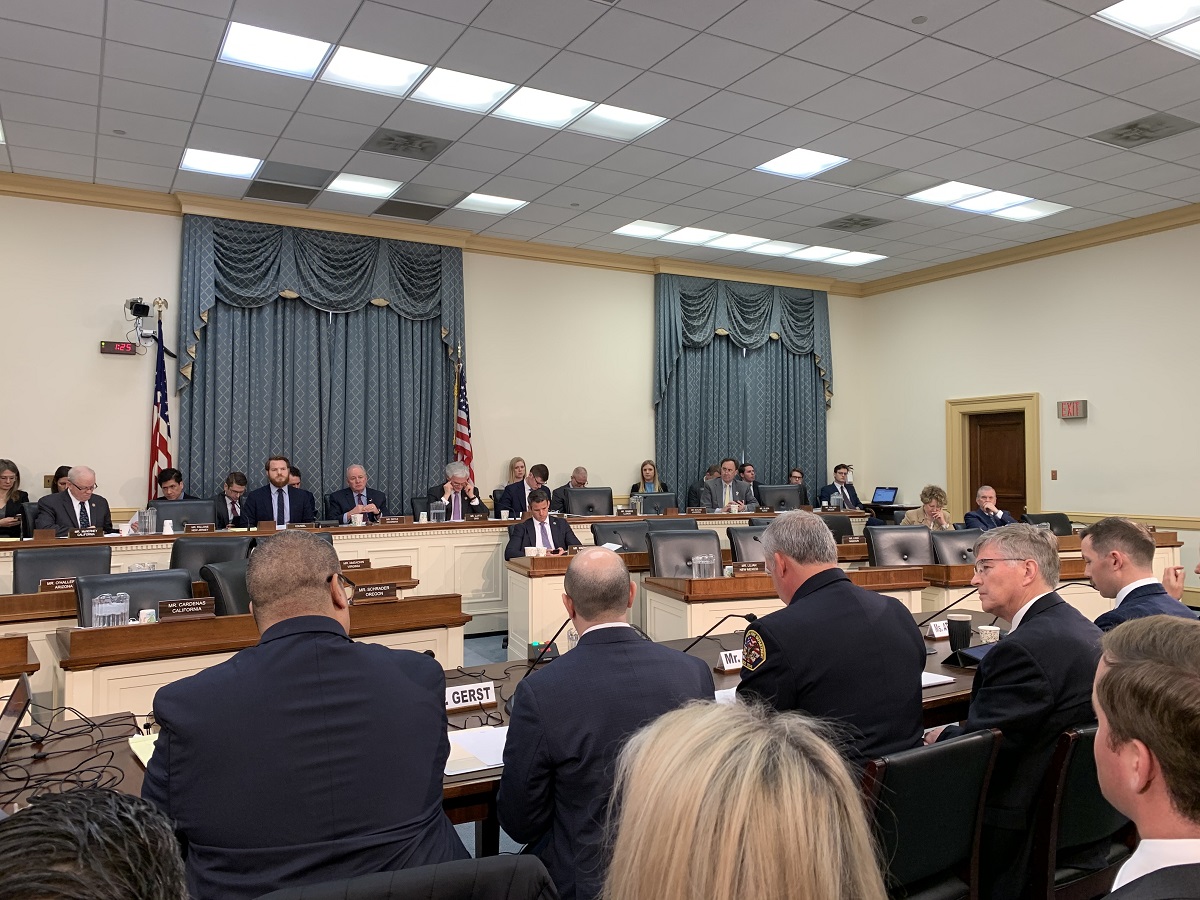
Congress Revises Broadband DATA Act, New Jersey Has Best Internet, Bills Targeting Big Tech
The House of Representatives passed a revised version of the Broadband Deployment Accuracy and Technological Availability (DATA) act on Tuesday to the applause of many broadband advocacy groups. If signed into law, the DATA act would establish more rigorous rules for the Federal Communication Commis

Broadband Roundup: Tesla Cars Ain’t Driverless, Suspicious Bernie Sanders Facebook Posts, ReConnect Awards
According to a Forbes article by Alan Ohnsman, U.S. safety investigators are calling for greater regulation of Teslas following the release of several investigative reports detailing several Tesla crashes due to the cars faulty autopilot mode. In March 2018 in Mountain View, California, Walter Huang
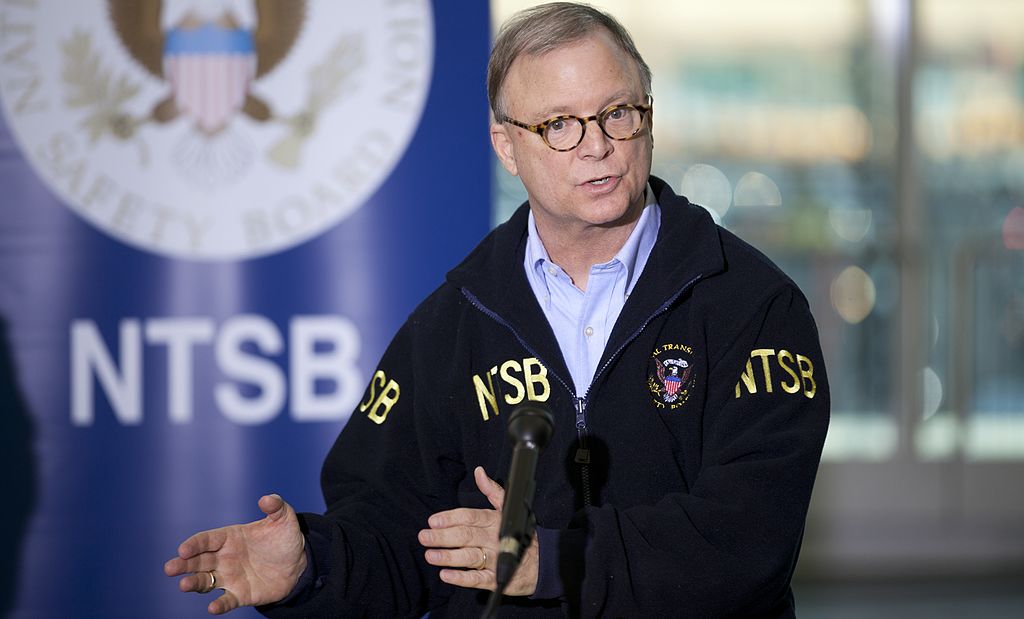
Panelists Call Federal Privacy Legislation Necessary and Express Optimism Toward That Goal
WASHINGTON, January 29, 2020 – Federal privacy legislation is necessary to ensure standardization of legal treatment, technology experts said Tuesday at the 2020 State of the Net conference. On a panel on “Privacy and Preemption” at the annual tech policy gathering, speakers acknowledged the role of
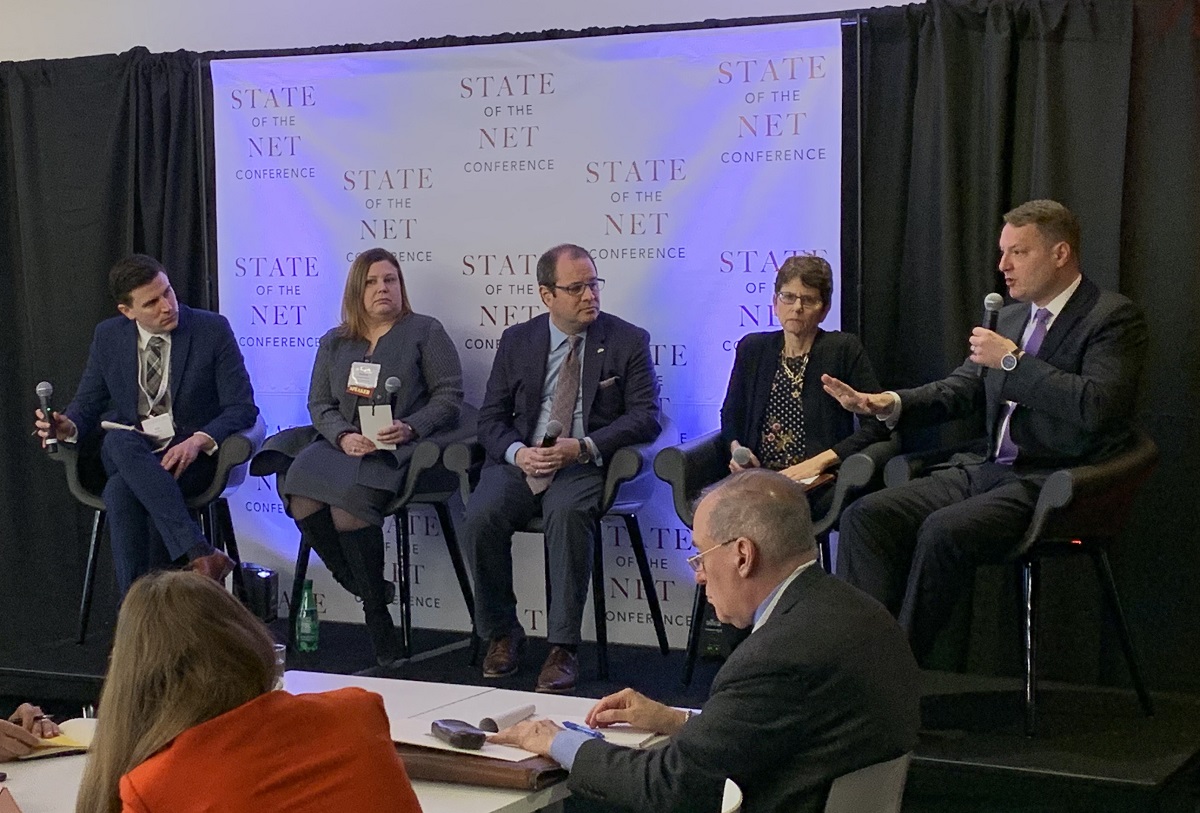
Telephony Industry Rises to the Challenge of Robocalls, With Legislation, Regulation and Enforcement Close Behind
WASHINGTON, December 13, 2019 – The industry group that is hammering out technical standards governing an anti-robocall framework announced Thursday that that the STIR/SHAKEN framework will launch on Monday, December 16, 2019. The launch of STIR/SHAKEN calling verification service won’t be final wor

Who’s On First? Congress Upset With Wasteful and Petty Antitrust Squabbles Between Justice and FTC
WASHINGTON, September 17, 2019 – Congress on Tuesday put a spotlight on federal antitrust investigators scrutinizing Google and Facebook, as members of the Senate Judiciary Committee honed in on whether the Justice Department and the Federal Trade Commission were wasting efforts by investigating the
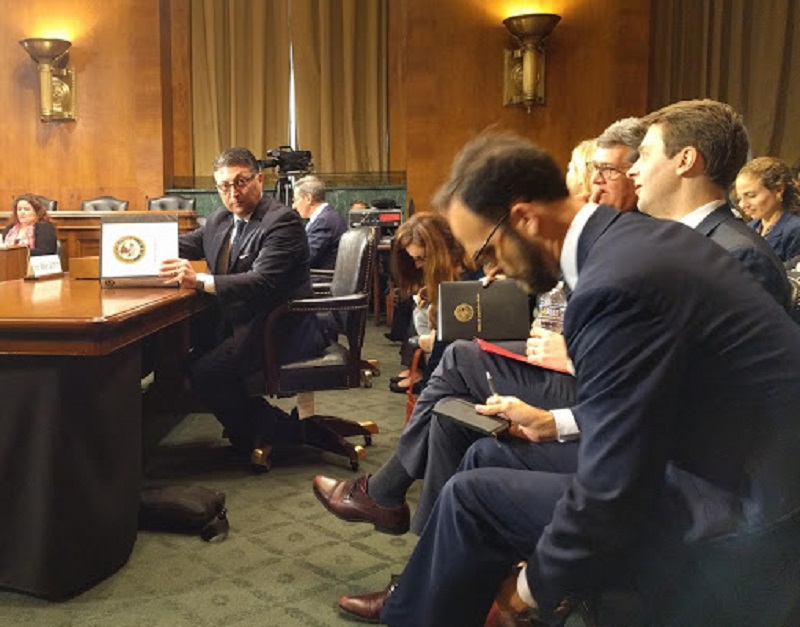
Broadband Roundup: CBRS on a Roll, Innovation Fund in Rural California, Another Verizon 5G Announcement
The CBRS Alliance announced on Monday that the Federal Communications Commission has approved commercial deployment in the 3.5 GHz CBRS Band. Known as the “Innovation Band,” it is valued at $15.6 billion and opens the door to a huge market opportunity for operators, enterprises, industrial players,

Cable Industry Touts Energy Efficiency, Next Century Highlights Open Access Fiber, Aspen Forum Set
Nearly 100 percent of internet modems, routers, and other equipment sold to residential broadband subscribers in 2018 met the energy-efficiency standards of the Voluntary Agreement for Ongoing Improvement to the Energy Efficiency of Small Network Equipment, according to a new report from auditor D+R
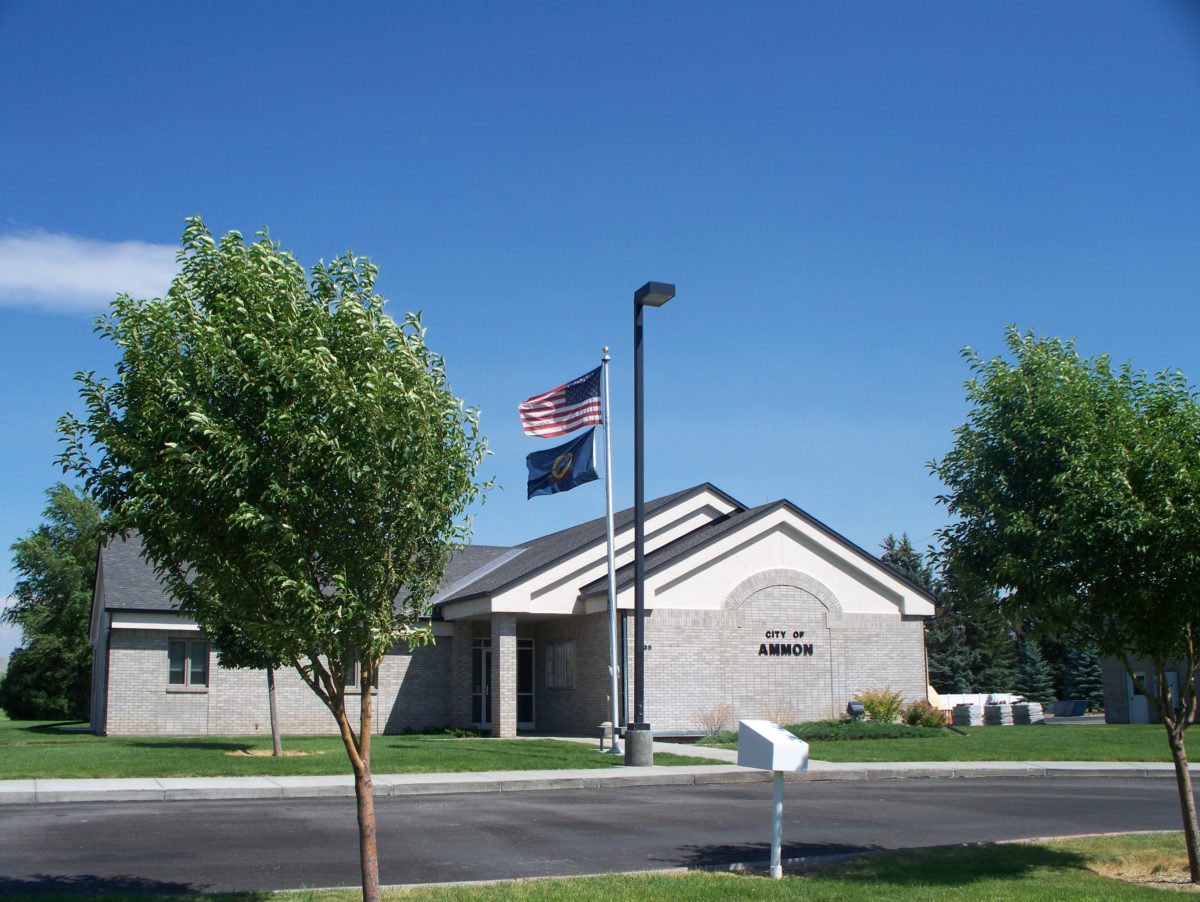
Seeking to Quell ‘Evil Contagion’ of ‘White Supremacy,’ President Trump May Ignite New Battle Over Online Hate Speech
WASHINGTON, August 5, 2019 — President Donald Trump on Monday morning attempted to strike a tone of unity by denouncing the white, anti-Hispanic man who “shot and murdered 20 people, and injured 26 others, including precious little children.” In speaking about the two significant mass shootings over
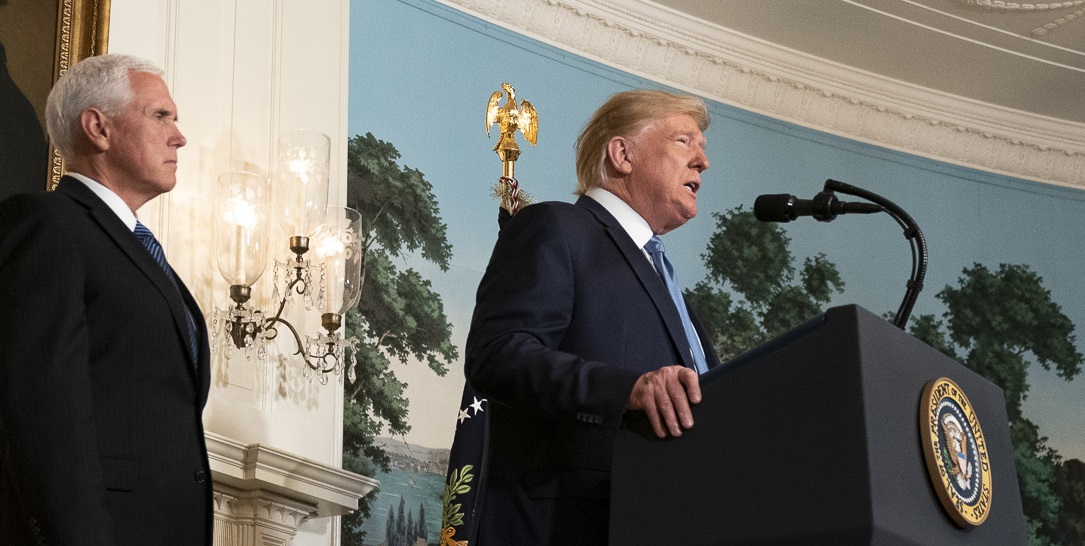
Drew Clark: Broadband Maps Are a Mess, So Now Let’s Focus on Actually Improving Them
The Founder of Broadband Census and Breakfast Breakfast, and the former executive director of the Partnership for a Connected Illinois – one of the State Broadband Initiatives that actually created the National Broadband Map – comments on a growing controversy.
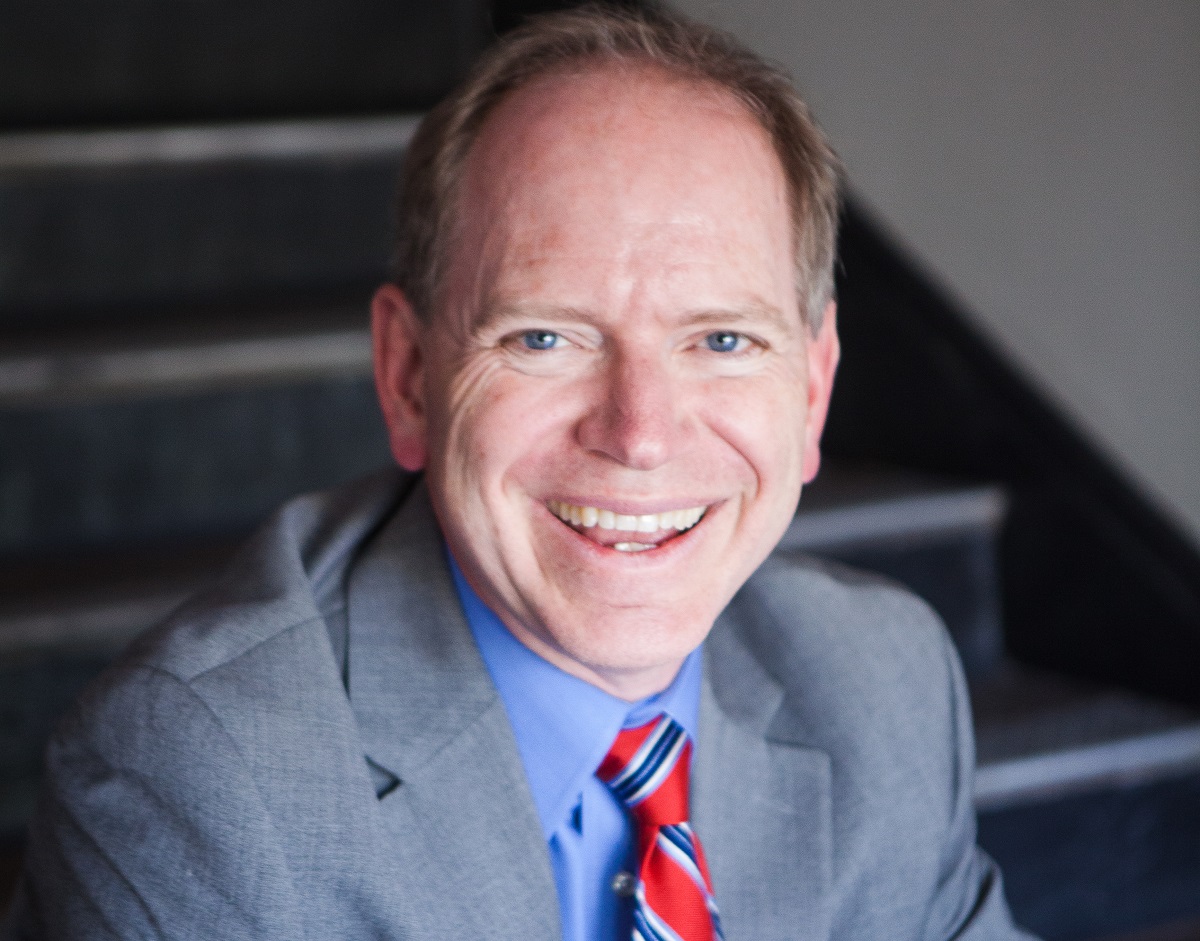
California Business and Its Privacy Act, Trump and Silicon Companies, C-Band Spat
California businesses and legislators are pushing to change the California Consumer Privacy Act, San Francisco Chronicle reports. Dirk Lorenz, owner of Fremont Flowers, said that the law will affect not only big tech firms, but small businesses as well. “It’s going to cost a good deal of money,” he
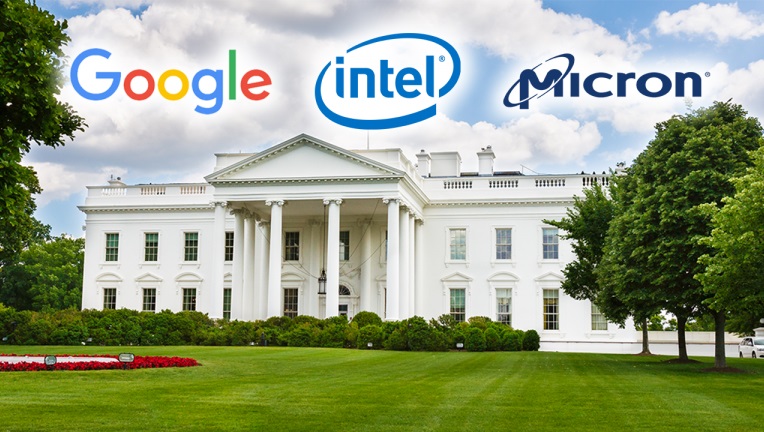
Industry Panel of Observers Argues for Federal Privacy Rules That Preempt State Laws
WASHINGTON, July 15, 2019 – An industry-focused panel of observers of privacy issues argued that a federal approach the topic needs to preempt state-based data protection. At the Monday event hosted by CompTia, these officials went so far as to suggest that federal privacy rules would be more protec
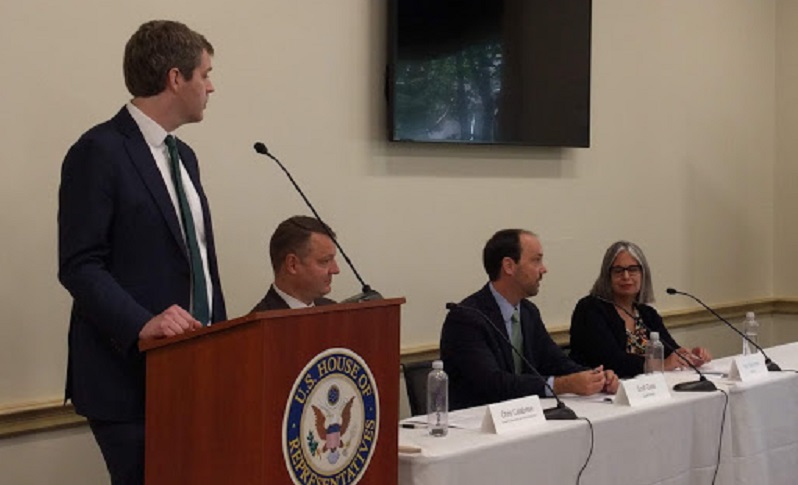
FCC Overturns SF Broadband Ordinance, IBM Seeks Section 230 Changes, AT&T Blocks Robocalls
At Wednesday’s Federal Communications Commission meeting, the agency voted to preempt part of a San Francisco ordinance that promotes broadband competition in apartment buildings and other multi-tenant structures. Ars Technica summarized how FCC Chairman Ajit Pai‘s plan partially overturns San Franc

Rick Boucher: Data Privacy Rules Should Create Consistency, Not Chaos
Following a string of data breaches that touched tens of millions of consumers, and revelations of user data exploitation by popular social media platforms, there’s a broad national consensus: It’s time for internet users to have guarantees about privacy and data protection. Legislation is long over
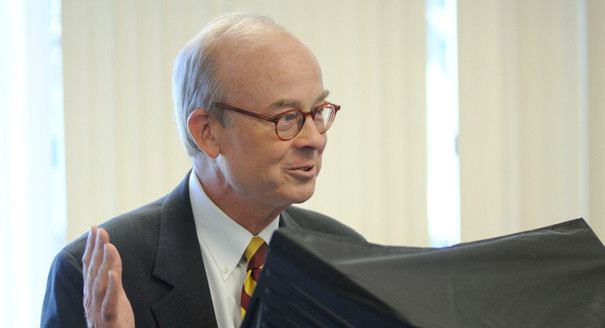
California Report: Income Most Significant Factor in Low Broadband Adoption
Income is the most significant factor contributing to low broadband adoption rates, according to an analysis (PDF) released this month by the California Public Utilities Commission. Only about half of households in census tracts with a median annual income level of less than $20,000 have in-home bro
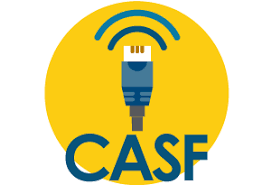
Time to Focus on California Legislation That Affects Infrastructure Access to Rights-of-Way and Conduit, says EFF
BROADBAND BREAKFAST INSIGHT: California, and many other states, have muscled their way onto the national broadband stage. They’ve done this through legislation that would either require net neutrality protections that the Federal Communications Commission removed in December 2017, or use state purch
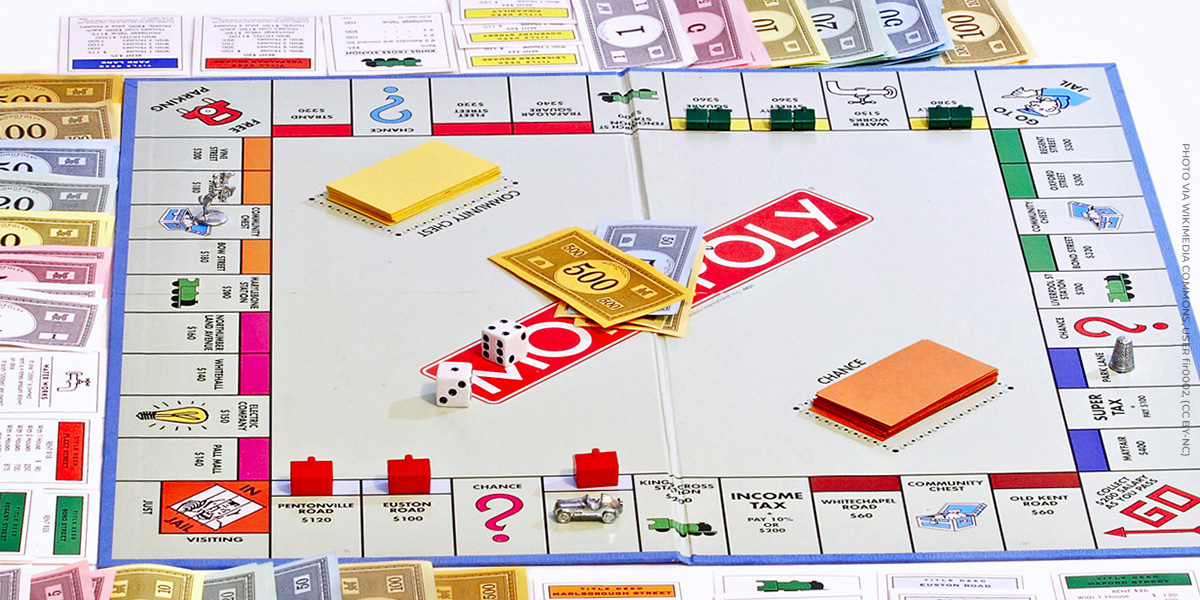
How Bad is Life for Google? They Advertise in Conservative Magazines That Attack Them
WASHINGTON, December 11, 2018 – This is how bad it’s gotten for Google in Washington: The company is taking out ads on the back of the conservative National Review while, and the same time, the story suggests gaslighting the company. The ad picks a conservative-friendly theme: “Now you can search ‘j
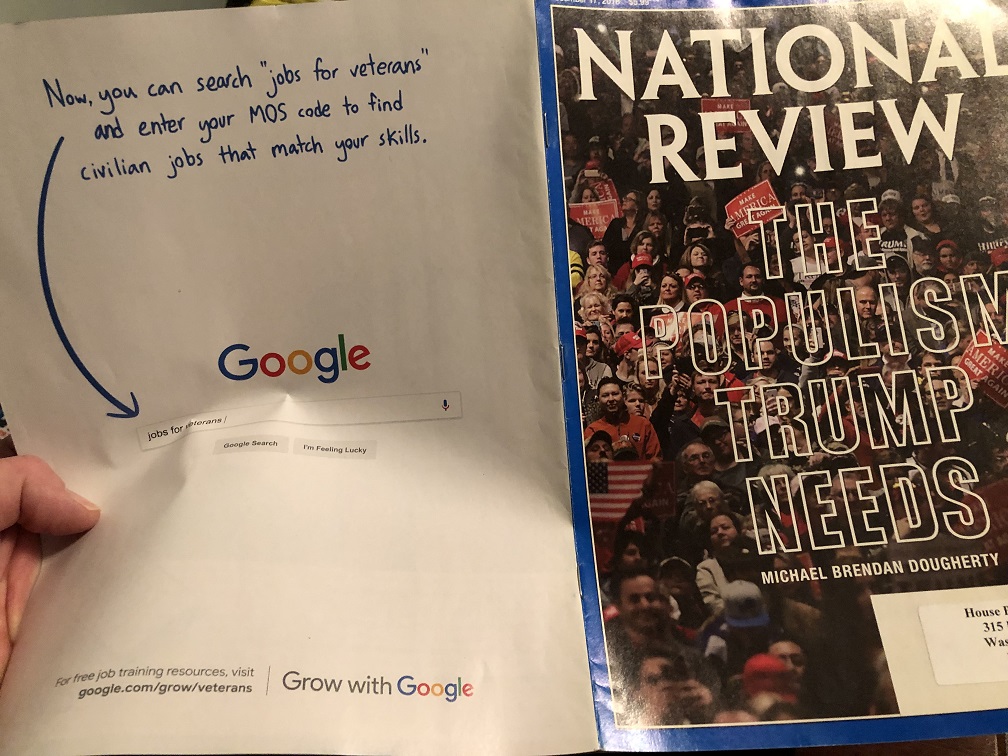
On Broadband, California Again Leads the Way in Helping Promote Rural Broadband
BROADBAND BREAKFAST INSIGHT: There’s no question that California courts controversy, in technology and telecommunications as well as many other spaces. However, putting aside the drama over net neutrality, this bill removing restrictions on the public option will aid rural broadband. In particular,
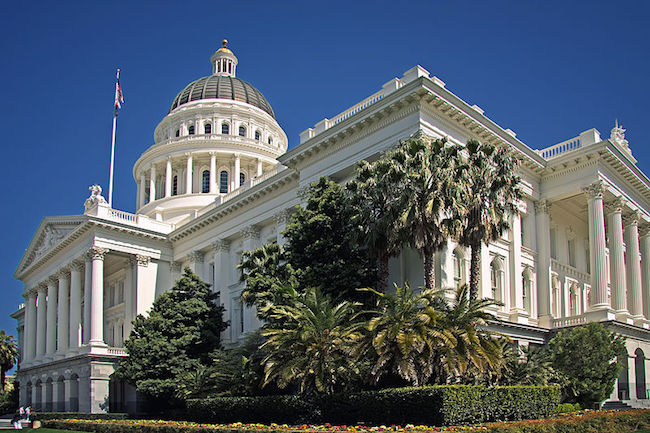
In a Sunday Filing, Justice Department Takes Aim at California Net Neutrality Bill
BROADBAND BREAKFAST INSIGHT: California is merely the largest of the large number of states that have attempted to take a “federalist” approach to the “interstate commerce” of network neutrality. This sets up the first of many political flashpoints over the issue. Feds launch lawyers at California n
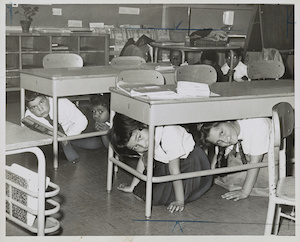
European and Chinese Pressures are Squeezing Silicon Valley, Threatening a Global ‘Splinternet’
WASHINGTON, July 9, 2018 – The European Union’s General Data Protection Regulation is raising the danger of the “splinternet” syndrome, as top tech companies prioritize international standards over American ones, warned experts at a June 28 event of the Federalist Society. Officials from Google, Mic
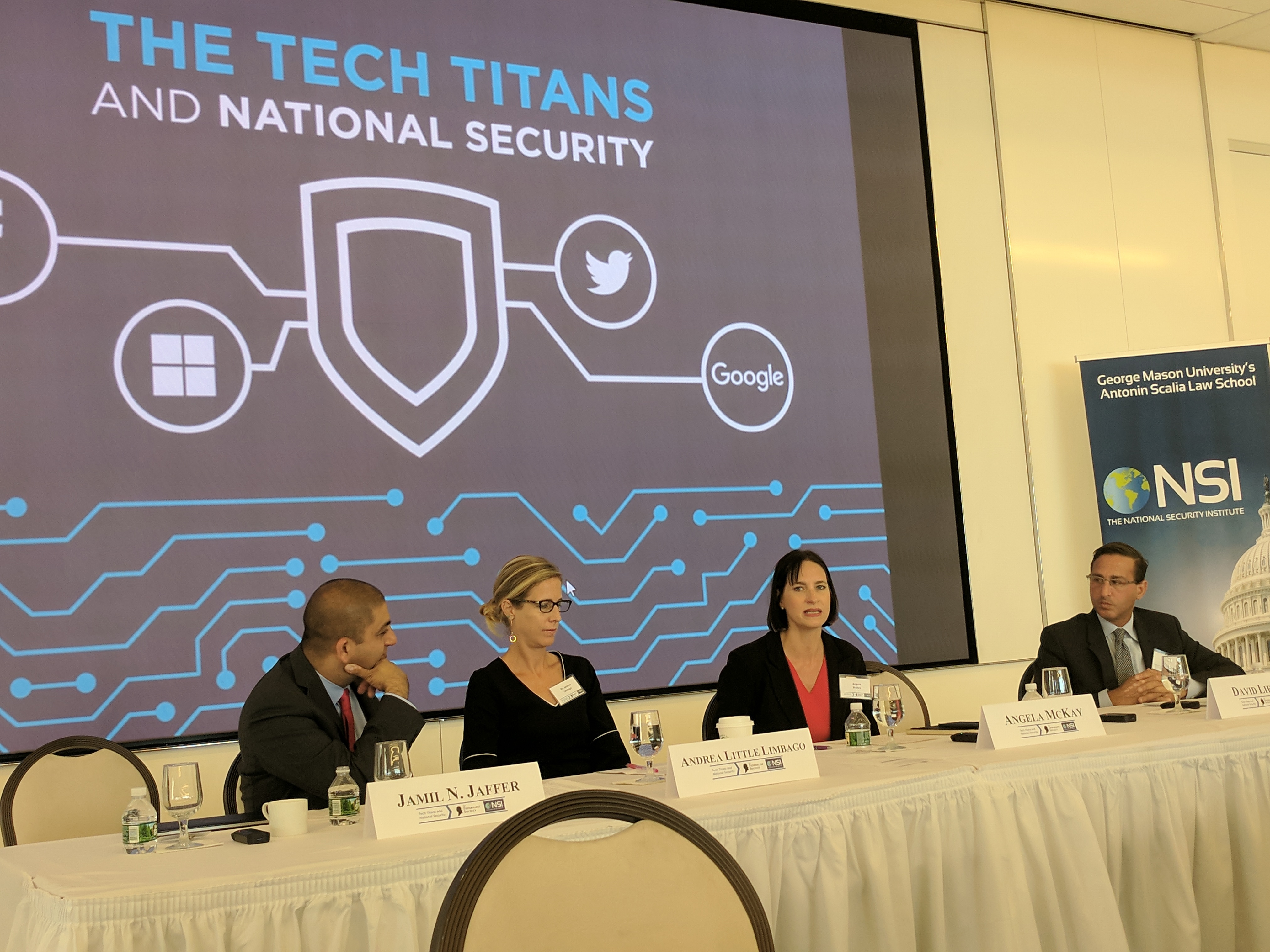
There Was Little to Show for Digital Broadband During the ‘Infrastructure Week’ at the White House
WASHINGTON, June 12, 2017 — Despite myriad public events and a soundbyte-friendly title of “Infrastructure Week,” last week the White House was light on infrastructure and nearly empty of plans to build out 21st century digital infrastructure of fiber or wireless broadband. “There’s not going to be

An Examination of the Wealth Disparities in Neighborhoods Served by AT&T’s Fiber Deployment
BROADBAND BREAKFAST INSIGHT: A new report from the Haas Institute raises the question that’s been lurking behind the important-to-significant fiber rollouts over the past decade by Verizon, Google and AT&T: Are these providers cherry-picking their neighborhoods? This report drills deeply into AT&T’s
California Broadband Politics Concerning Building Conduits in State Rights-of-Way
BROADBAND BREAKFAST INSIGHT: By taking this action, the California Department of Transportation (Caltrans) has likely avoided the fate of a bill that would require the agency to add conduit to infrastructure projects. See Steve Blum’s perspective below, and on the link. || Caltrans buries dig once c
Kentucky Deploys State-Wide Fiber Network Through Public Private Partnership with Macquarie Capital
LEXINGTON, Kentucky, September 21, 2015 – The lieutenant governor of Kentucky, a bevy of state officials and their private sector counterparts here celebrated the finalization of the deal to build a $324 million broadband infrastructure project. The project, KentuckyWired, is a public-private partn
Bonnaroo Music and Arts Festival Seeks to Break New Broadband Ground with Social Media Lineup Announcement
March 17, 2013 – How a music festival connects to their audience is paramount to having a successful event. In recent years, several festivals – including the Bonnaroo Music and Arts Festival – have turned to aggressive viral campaigns to keep people talking about a festival before and after the mus
Internet Innovation Alliance Strikes Positive Note About Broadband and Apps Economy in 2013
WASHINGTON, January 24, 2013 – Broadband is about more than internet connection speeds, but now is everywhere, and affecting the way that consumers interacting with constantly-connected devices, according to a guide released by the Internet Innovation Alliance. The IIA guide highlights the usage of
California Rolls Out Telehealth Network
WASHINGTON, August 23, 2010 – The state of California last week officially launched its Telehealth Network [http://www.caltelehealth.org], which is funded by $30 million in federal, state and private money.
T-Mobile Sued for Limiting ‘Unlimited’ Data Plan
WASHINGTON August 9, 2010 – T-Mobile is being sued in California for putting limits on their unlimited data plan. The firm advertises the plan as having an unlimited amount of web and email but in actuality puts limits on its users.
The main plaintiff states that T-Mobile sent him the following
Cruizo Works With Three California Counties to Build Fiber Network
WASHINGTON, July 14, 2010 – Santa Cruz, Monterey and San Benito counties want $43 million from the National Telecommunications and Information Administration fund for high-speed internet.
FCC Workshop on Media Ownership: Picture Still Fuzzy
STANFORD, Calif., May 25, 2010 — The digital television transition and the emergence of broadband networks have opened up intriguing new kinds of distribution channels for programming, but at a media ownership workshop held in Stanford late last week it was unclear how any of this affects the qualit
Commerce Announces Final Grant Awards from First Funding Round
WASHINGTON, April 27, 2010 – The Commerce Department has announced nine broadband investments totaling more than $114 million in grants, in more than a dozen states. The announcement marks the final grant awards from the first round of BTOP applications.
Virginia Gov. McDonnell Signs Telemedicine Reimbursement Legislation
The Federal Communications Commission’s national broadband plan seeks to promote telemedicine, but the national health care bill recently-passed by Congress fails to include support for it. However, last week Virginia Gov. Bob McDonnell (R) signed SB 675, a health insurance bill that mandates covera
California Communities Win Broadband Grant
WASHINGTON, March 1, 2010 – The Commerce Department last week announced a $7.25 million investment to boost economic opportunities in some low-income communities in California.
The Journey of a Million Miles Begins With Basic Broadband Research
PHILADELPHIA, Penn., February 3, 2010 – Investment in broadband infrastructure, most believe, is essential to our nation’s future economic health. In an information economy, the race is to the swift: those who can quickly access more, better information will innovate, communicate, and transact at a
Rural Utilities Service Unveils $310 Million in Stimulus Funds for 14 Projects
WASHINGTON, January 26, 2010 – The Agriculture Department’s Rural Utilities Service is doling out $310 million in broadband stimulus funds, department Secretary Tom Vilsack announced Monday. The monies will be spread throughout 14 projects seeking to bring speedy Internet connections to rural commu
Study: Broadband Providers Target Areas of Expected Economic Growth
WASHINGTON, January 15, 2010 – Researchers looking at California to determine whether broadband boosts local economic development found it’s tough to determine since broadband providers tend to target areas of expected high economic growth.
Commerce Sec. Locke Announces $7.5 Million in Broadband Grants to Los Angeles
January 13, 2010 – Commerce Secretary Gary Locke, speaking Wednesday at the South Los Angeles WorkSource Center, announced the funding of a number of recovery projects, including $7.5 million to the city of Los Angeles for broadband. The grant will be used to expand Los Angeles’ computer access netw
New Leadership at National Association of Consumer Advocates for Utilities
WASHINGTON, November 19, 2009 – The National Association of State Utility Consumer Advocates announced new leadership, which was elected at the group’s annual meeting from November 15 to 18 in Chicago. Mary Healey of Connecticut was elected president of the organization
Google Voice Controversy with AT&T Freshens Up Access Charges Battle
WASHINGTON, November 13, 2009 – Access charges are well above the actual costs to connect telephone calls, despite the efforts made by the Federal Communications Commission, said Andy Regitsky of Regitsky and Associates, in a webinar presentation on “Access Charges and Network costs – A Guide to FCC
Connected Nation Denied Spot on List of First Broadband Data and Mapping Grants
WASHINGTON, October 12, 2009 – The National Telecommunications and Information Administration last week awarded the first four broadband data and mapping grants to organizations that are not Connected Nation.
Telecom Experts Offer Last-Minute Advice to Broadband Stimulus Applicants
WASHINGTON, August 12, 2009 – With just two days away from the deadline to apply for federal funds to cultivate broadband projects across the nation, telecommunications experts offered their advice on the future of the grants process.
ZeroDivide Looks for Broadband Grant Partnerships
WASHINGTON, July 31, 2009 – ZeroDivide, an investor in community enterprises leveraging technology to help underserved communities, is looking for non-profit partners to apply for broadband monies that are part of the national economic stimulus plan.
California's Lessons Could be Model for Broadband Stimulus, Experts Say
SAN MATEO, Calif., May 11, 2009 – States looking for answers to many questions on how to implement the broadband stimulus program should look to California, said a group of experts Monday during a panel at the Tech Policy Summit on the “state of the state.”
Legislators See 'Underserved' Definition as First Step for Broadband Stimulus
WASHINGTON, April 5, 2009 – Proper oversight of the $7.2 billion Broadband Technology Opportunities Program can only take place if key terms are defined properly, a panel of agency officials and policy experts told a congressional committee on Thursday.
State and Local Regulators Say 'Relevance' Needed For Successful Broadband Adoption
WASHINGTON, April 4, 2009 – Making broadband applications more relevant in underserved and unserved communities could be a better use of stimulus funds than building infrastructure, a group of state and local regulatory officials Friday at a cable industry show here.
States Likely to Have Extensive, Expanding Role in Communications Landscape
WASHINGTON, April 2, 2009 – The role of states in the communications landscape were discussed in a Wednesday panel of state public utility commissioners at the Cable Show here.
Advocates Seek Accountability in Expenditure of Broadband Stimulus Funds
WASHINGTON, March 24, 2009 – At the final day of a six-day public forum about the federal government’s $7.2 billion broadband stimulus funding on Tuesday morning, the discussion made a sharp turn toward a focus on oversight and post-award compliance.
States Seek Best Strategies on Obtaining Broadband Stimulus Funds Close-to-Home
WASHINGTON, March 16, 2009 – As the Obama administration on Monday begins poring over the nitty-gritty details about how they will be spending $7.2 billion in broadband stimulus funds, individual states are grappling to find their own best strategies to tap the funds.
Resolution on FCC Reform Divides NARUC Committee; Universal Service Fund Changes Less Controversial
WASHINGTON, February 15, 2009 – State regulatory commissioners are split on how strongly to express longstanding grievances with Federal Communications Commission processes. A resolution on reform of FCC management and practices dominated the agenda as the National Association of Regulatory Utility
Broadband Stimulus Package Should Include Funding for State Data, Says Massachusetts
WASHINGTON, January 2, 2009 – Congress and the incoming administration of President Obama should include broadband-related investment in the pending legislation designed to promote economic stimulus, and the federal government needs to begin with better data about broadband availability, said Massac
States Seeking Better Broadband Nationwide Turn and Make a Local Focus
November 11 – State telecommunications officials concerned about the universal deployment and use of high-speed internet services joined together at a San Jose conference on Thursday to compare notes, plot strategy and encourage programs and activities that will lead to better broadband.
FCC Chairman Kevin Martin’s Incredible Silicon Valley Wi-Fi Adventure
SAN JOSE, November 6 – It was Kevin Martin’s day to suck up praise from Silicon Valley.
The chairman of the Federal Communications Commission – for about two more months – came to the Wireless Communications Association’s annual conference here on Thursday to be feted by many Googlers, including company co-founder
Broadband Census Executive Director to Speak at Federal Communications Commission Summit
WASHINGTON, November 3 – Drew Clark, Editor and Executive Director of BroadbandCensus.com, will speak in Silicon Valley on Thursday, November 6, at the summit on broadband data sponsored by the Federal Communications Commission and the National Association of Regulatory Utility Commissioners.
Regulators, Officials Debate Need for National Broadband Policy, Fund
WASHINGTON, September 26 – A national broadband infrastructure fund should include the involvement of state regulators and focus not only on the extension of broadband service into unserved areas, but also on the adoption rate of broadband service by consumers, according to California Public Utiliti
Agenda for Broadband Census for America Conference on September 26, 2008
WASHINGTON, September 8, 2008 – Many of the nation’s foremost broadband policy-makers and experts will analyze and discuss best practices for improving the collection and sharing of public data about high-speed internet access at the Broadband Census for America Conference in Washington, D.C., on Fr
CWA Publishes State-by-State Download Speeds. How About Carrier-by-Carrier Speeds?
August 15 – The Communications Workers of America’s Speed Matters blog this week published its state-by-state report on download speeds in the United States. According to the report, the median download speed for the nation was 2.3 Megabits per second, and the report provides state-by-state totals.
Europe and Asia are 'Cleaning Our Clock' on Broadband, Says Report Author
WASHINGTON, July 10 – The lack of a cohesive national broadband policy in the United States is hampering the nation’s ability to deploy high-speed broadband, attorney James Baller said Thursday at the Alliance for Community Media conference here.

